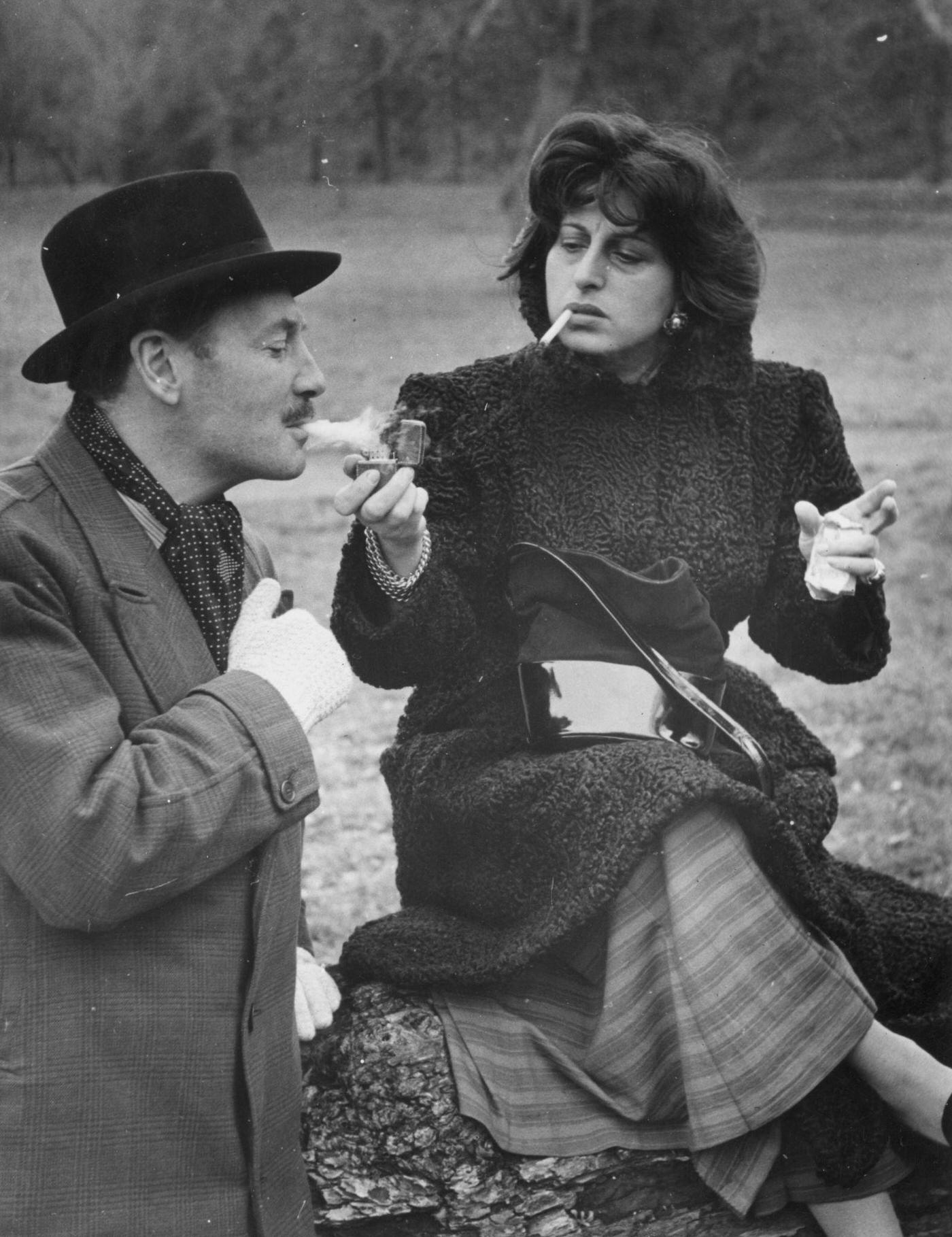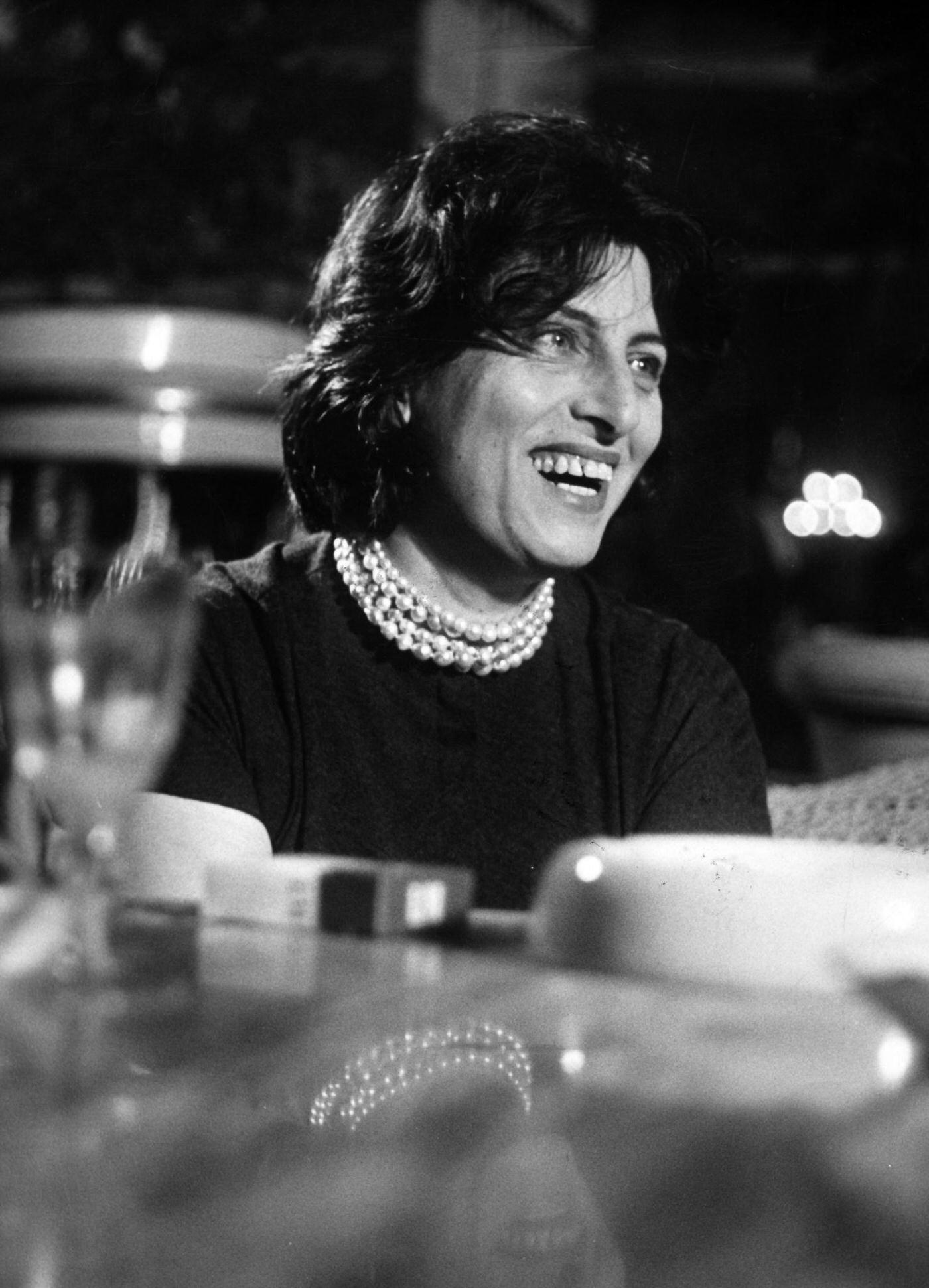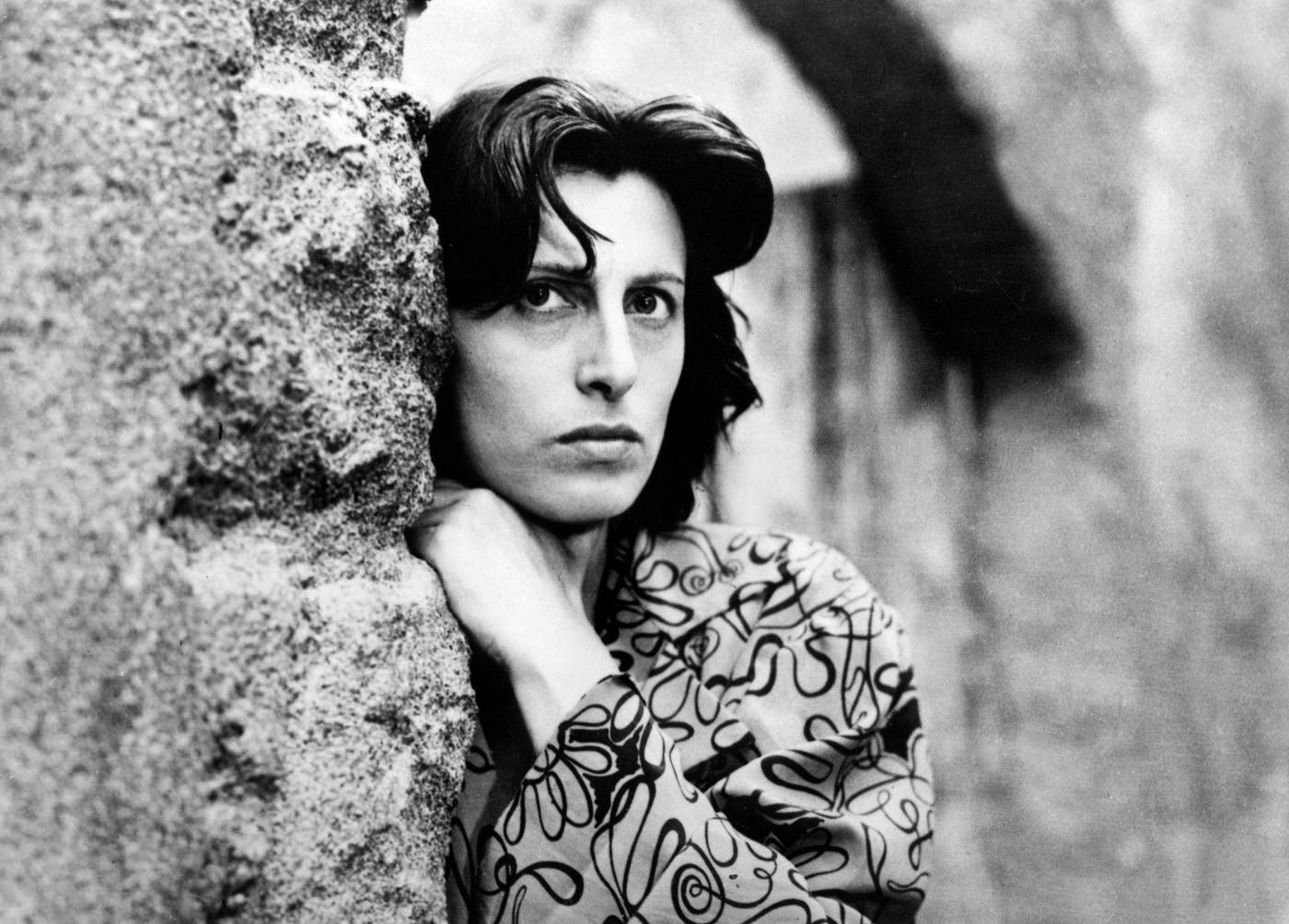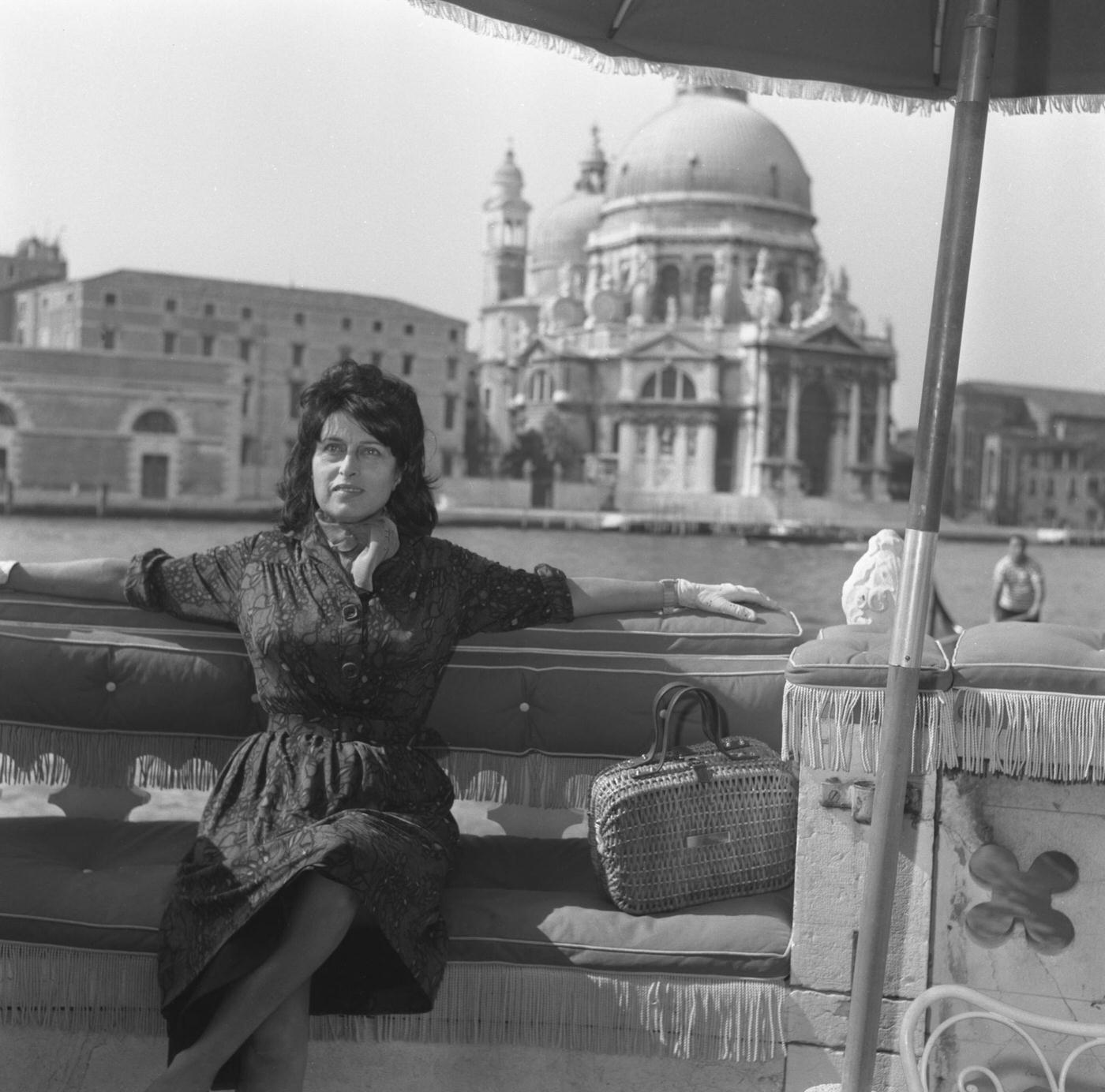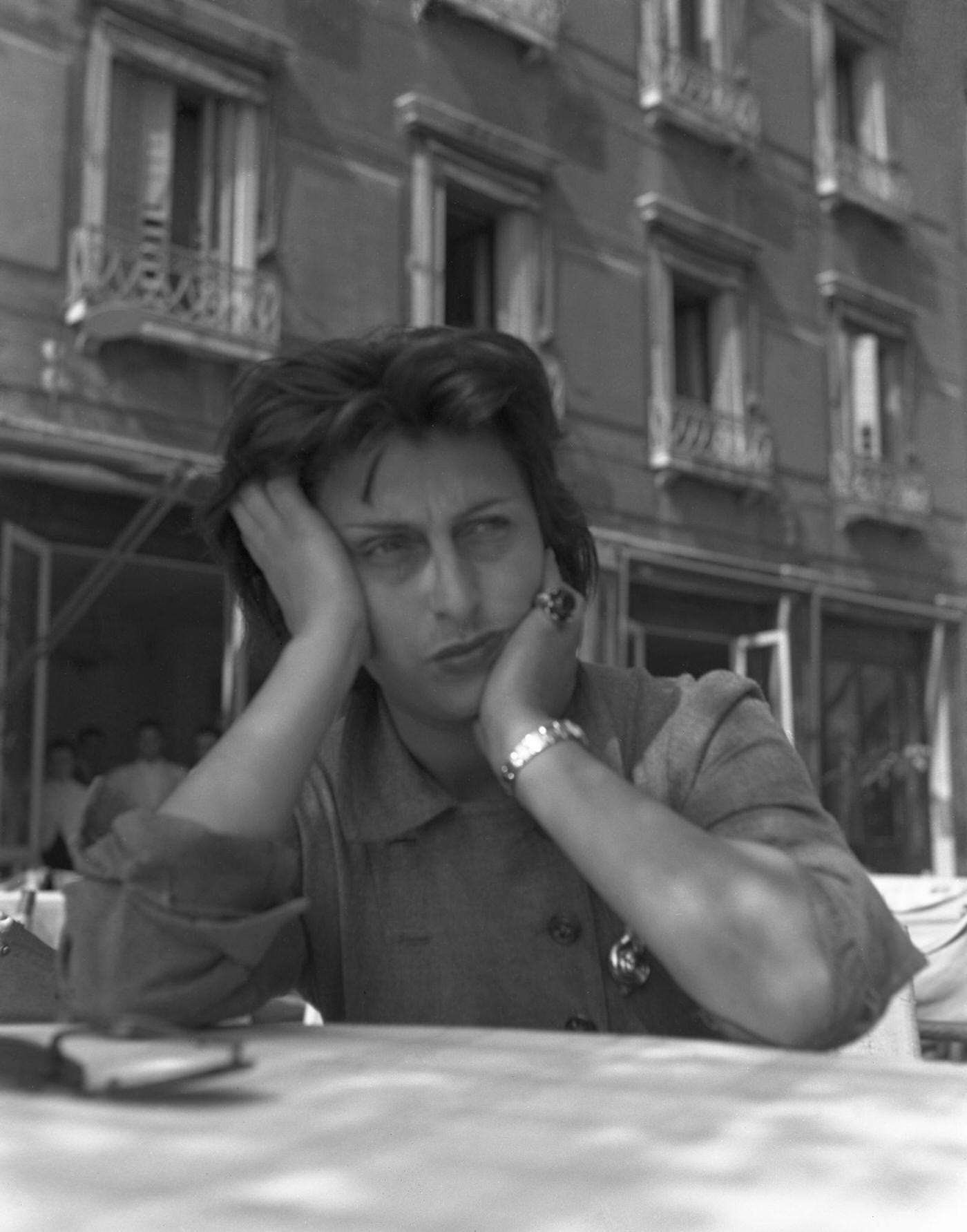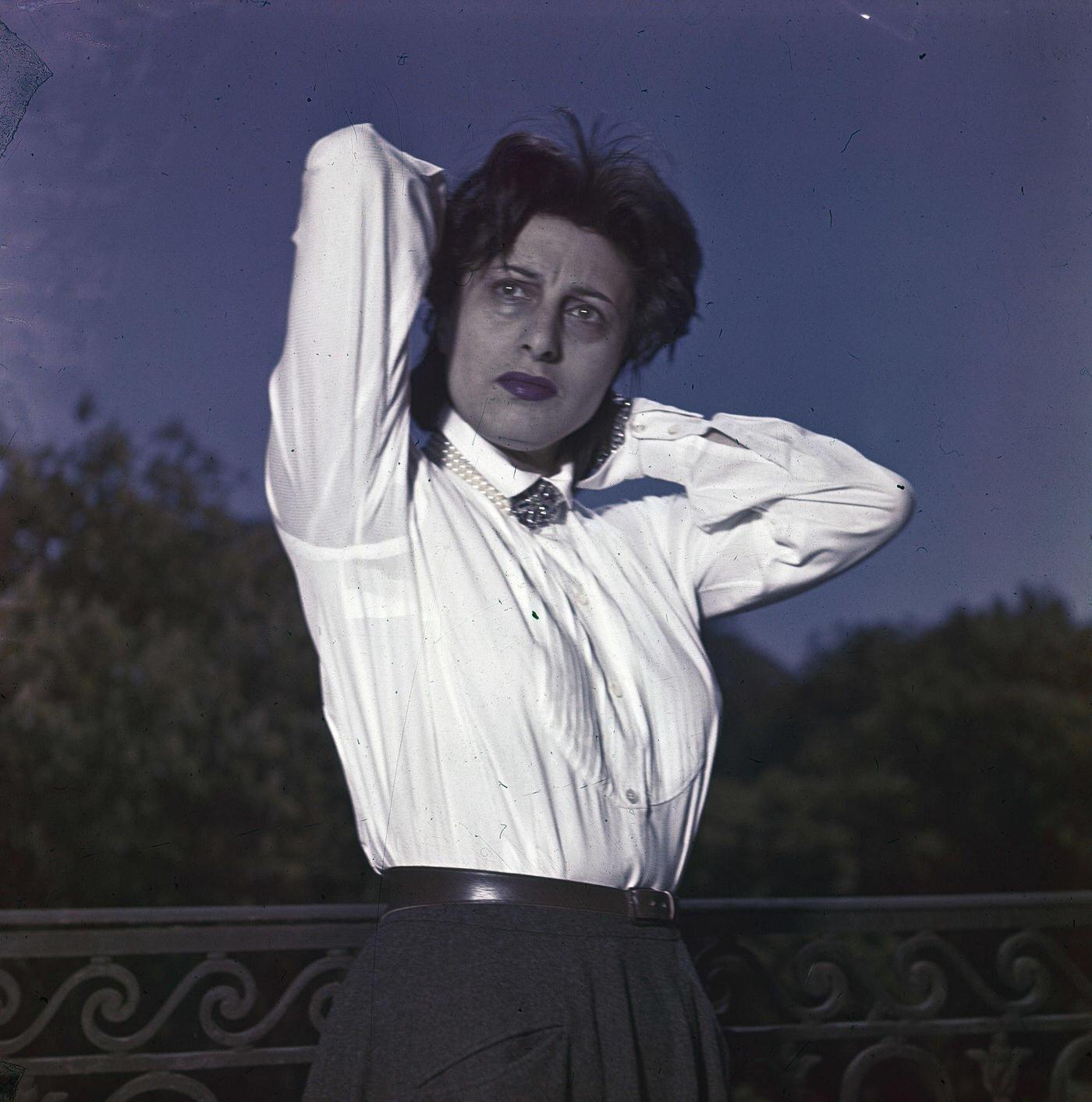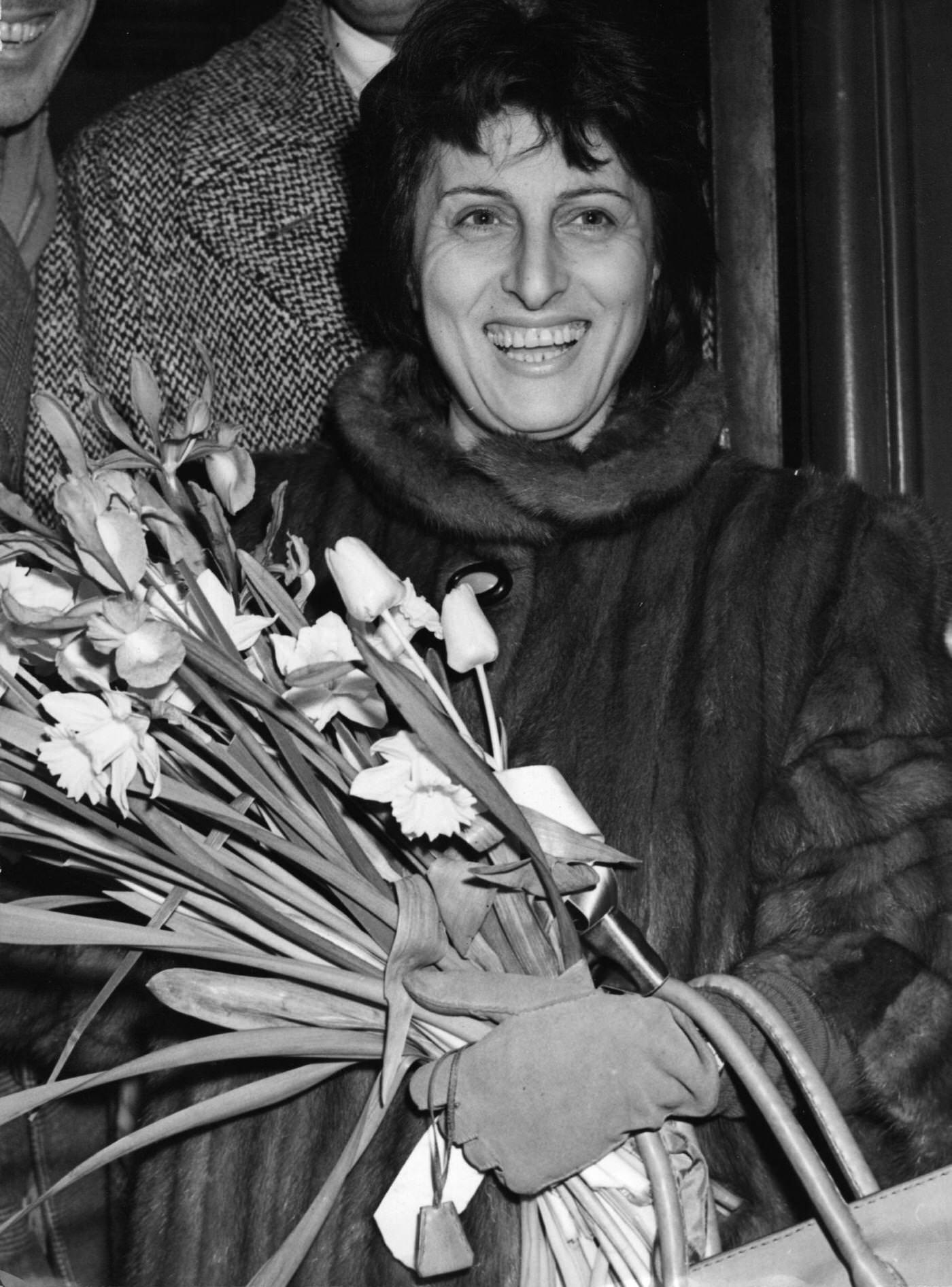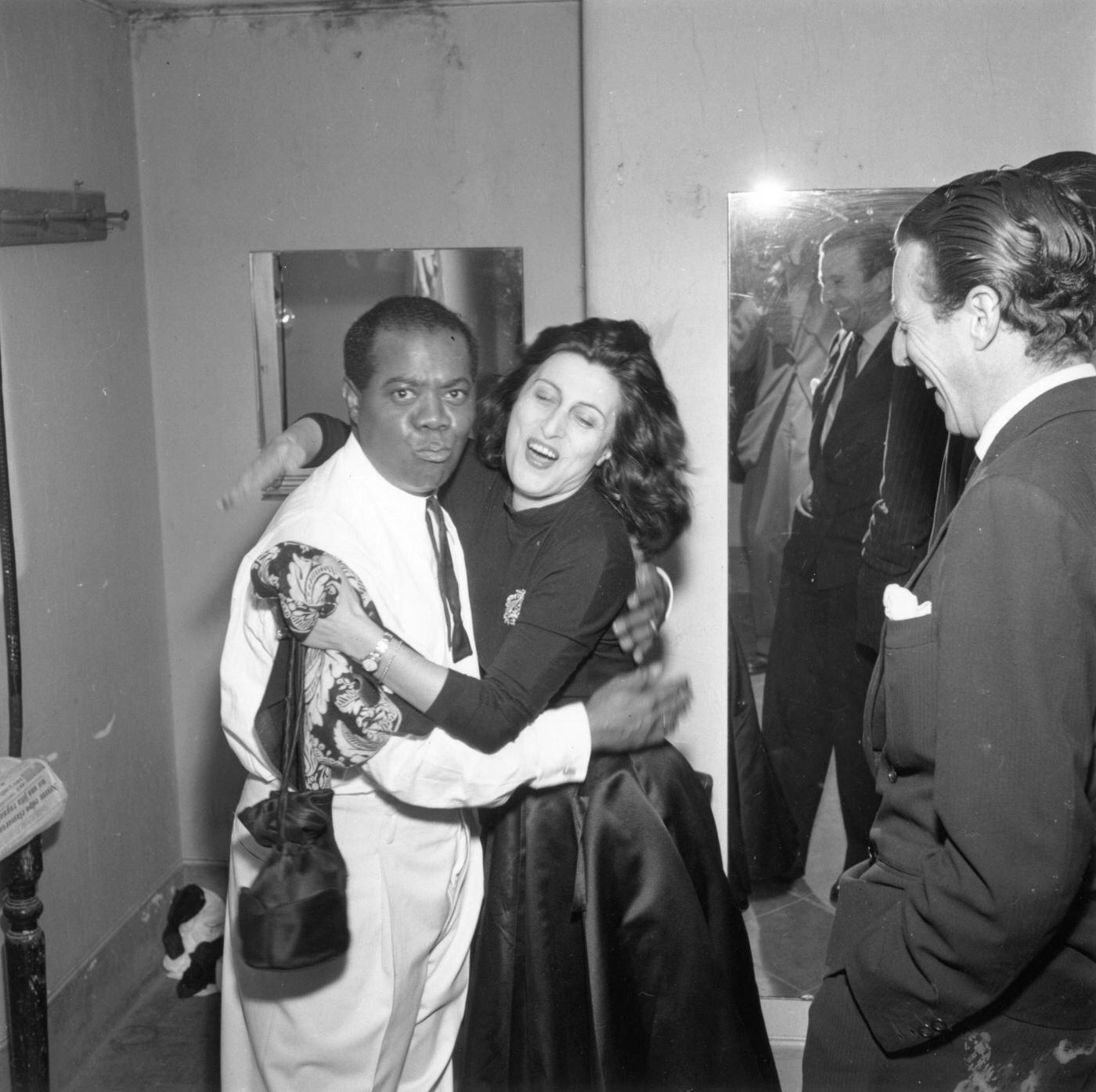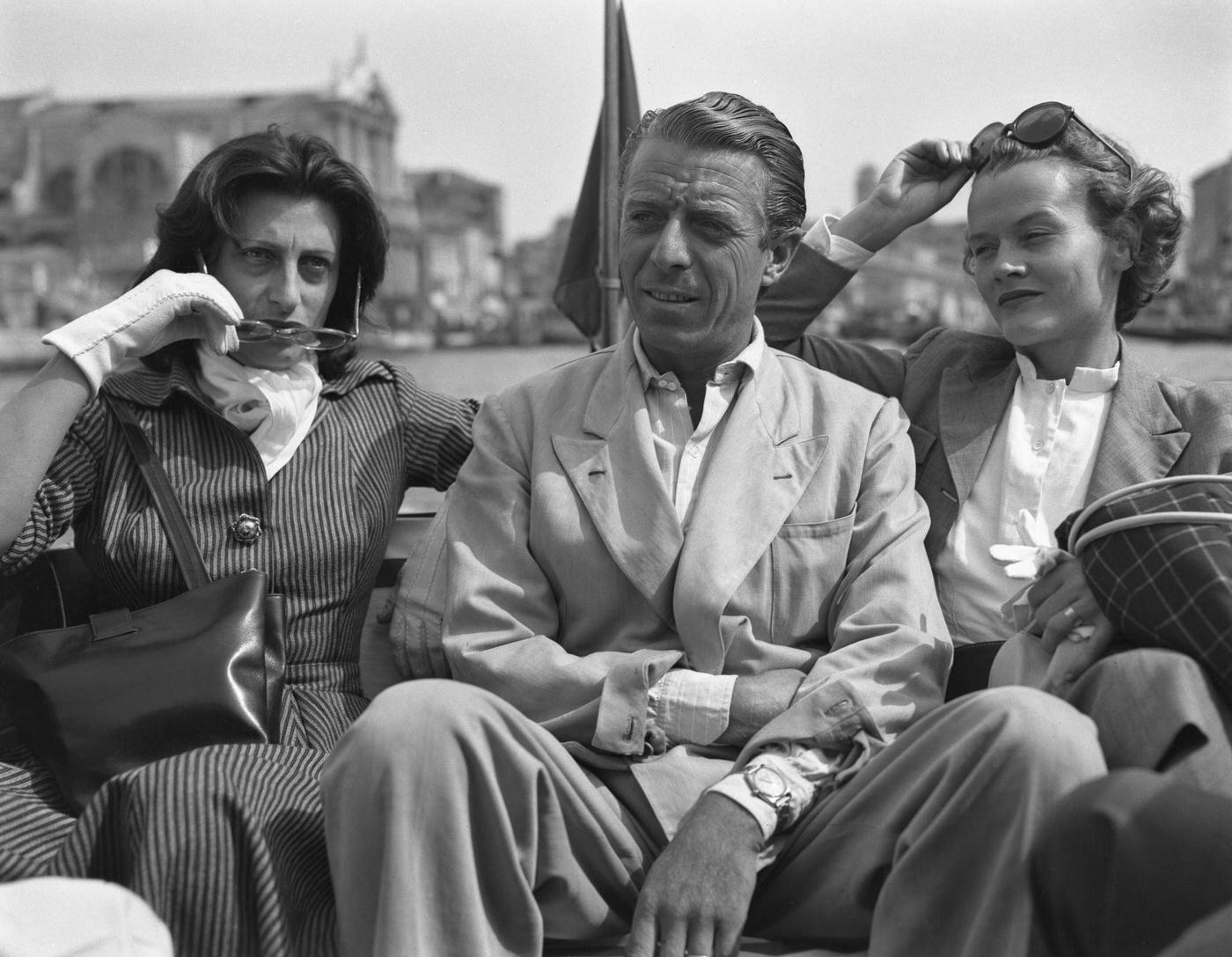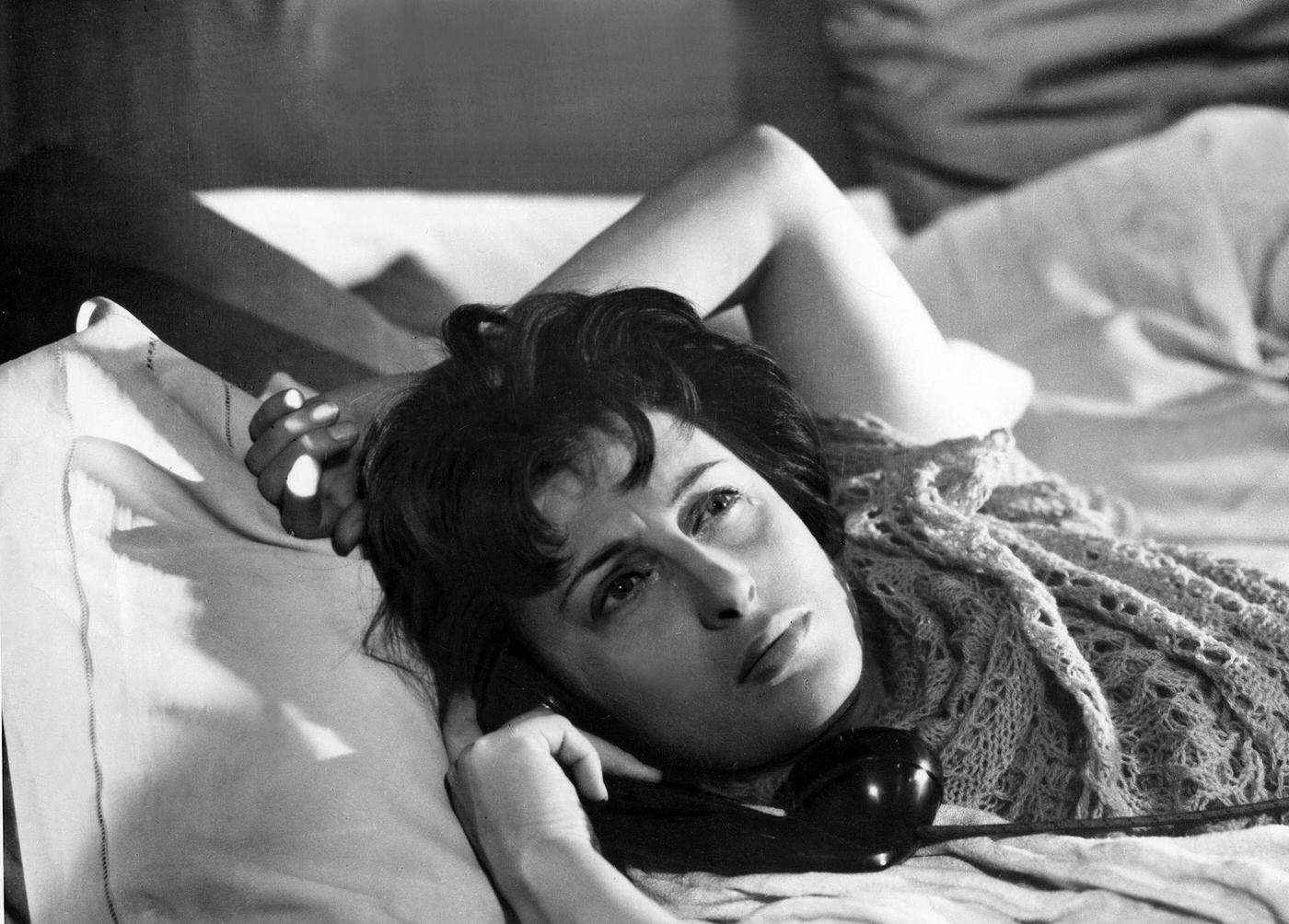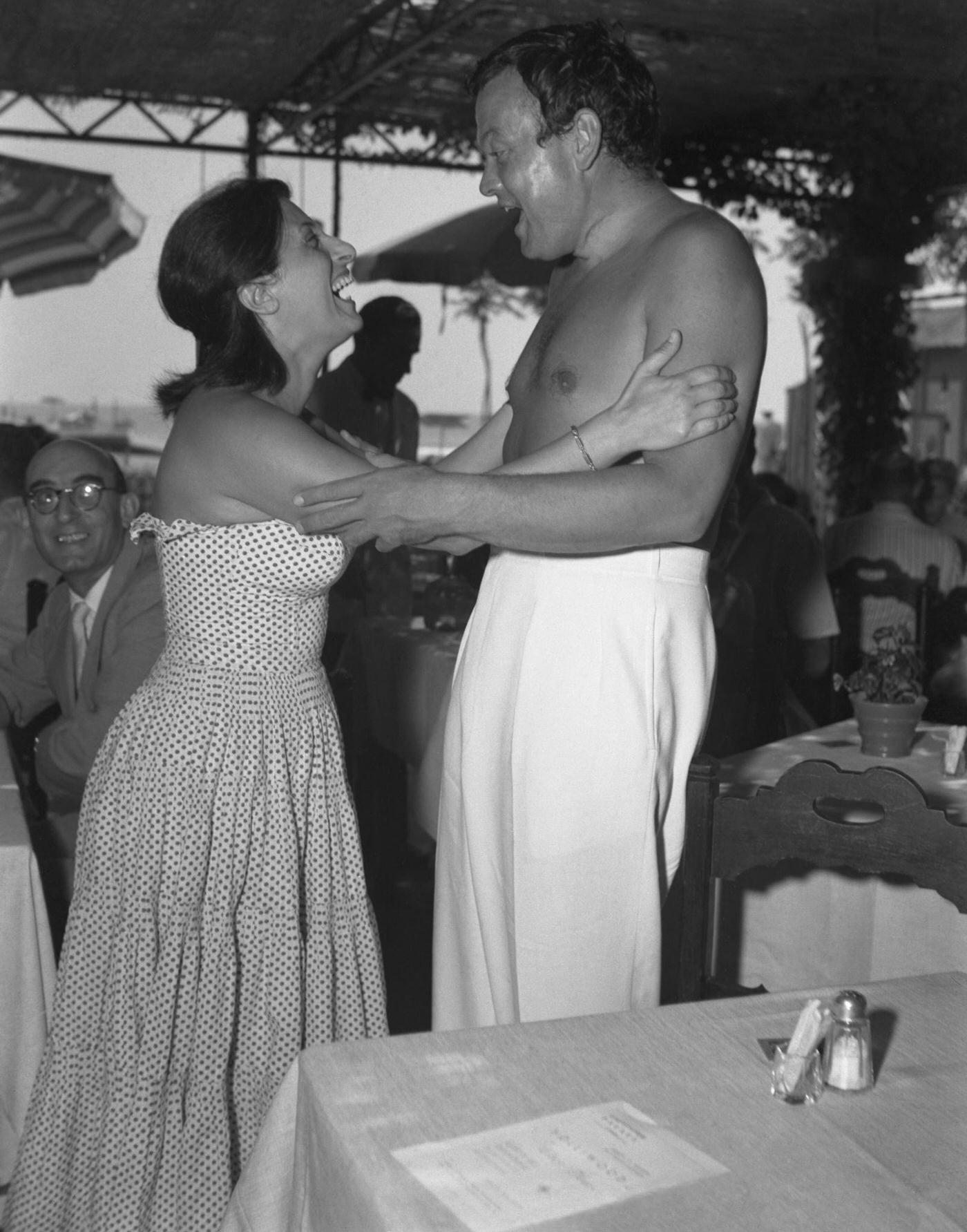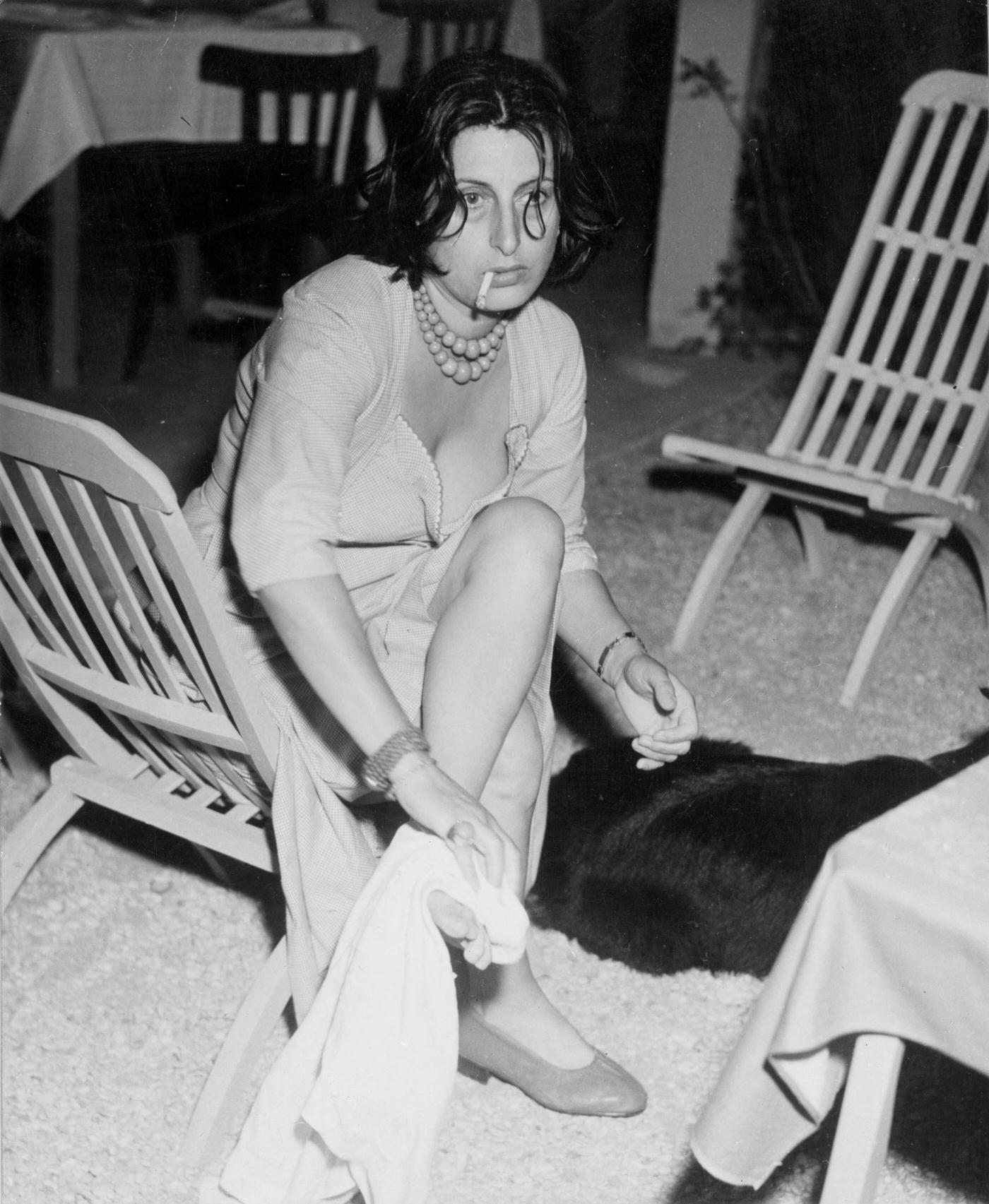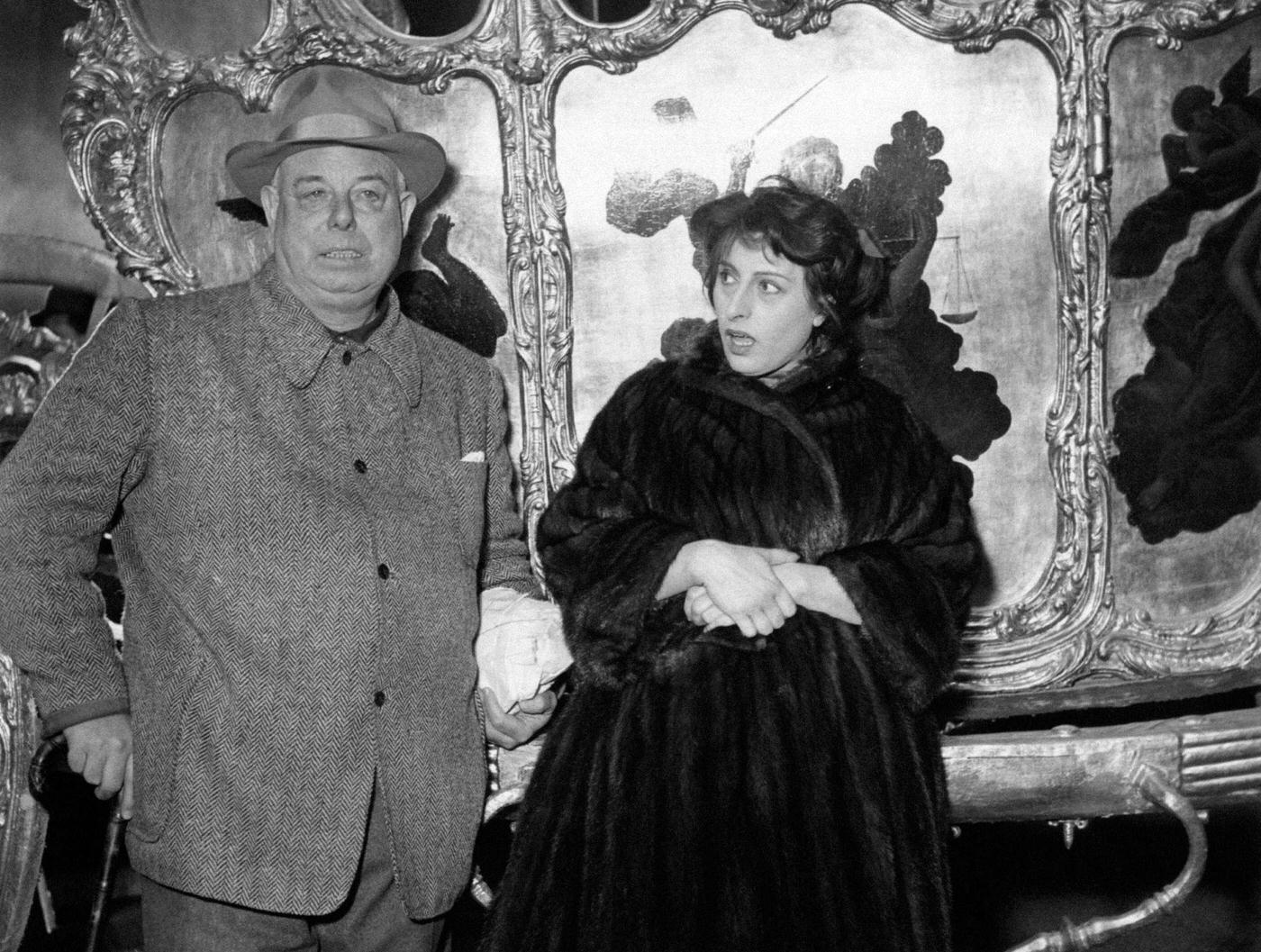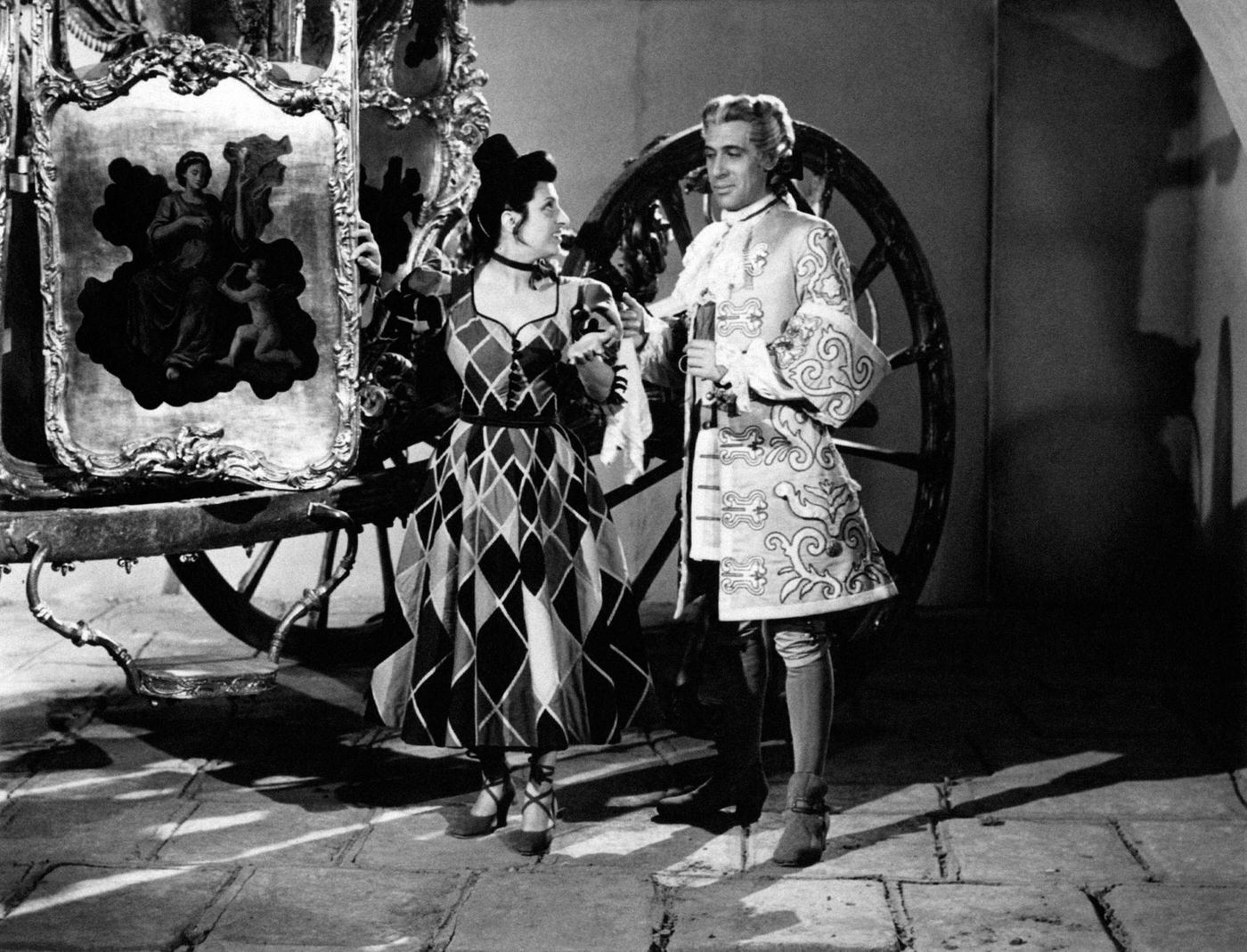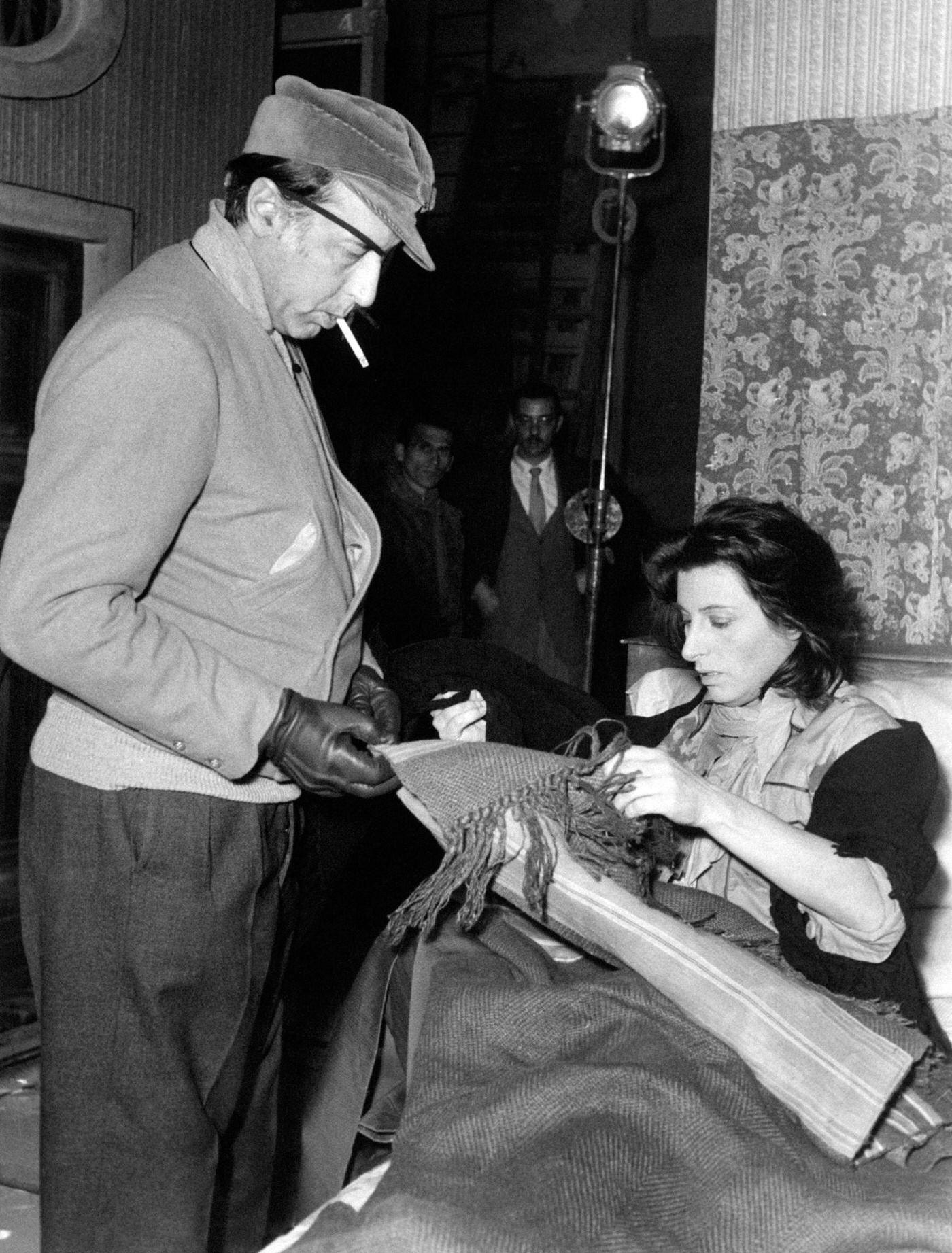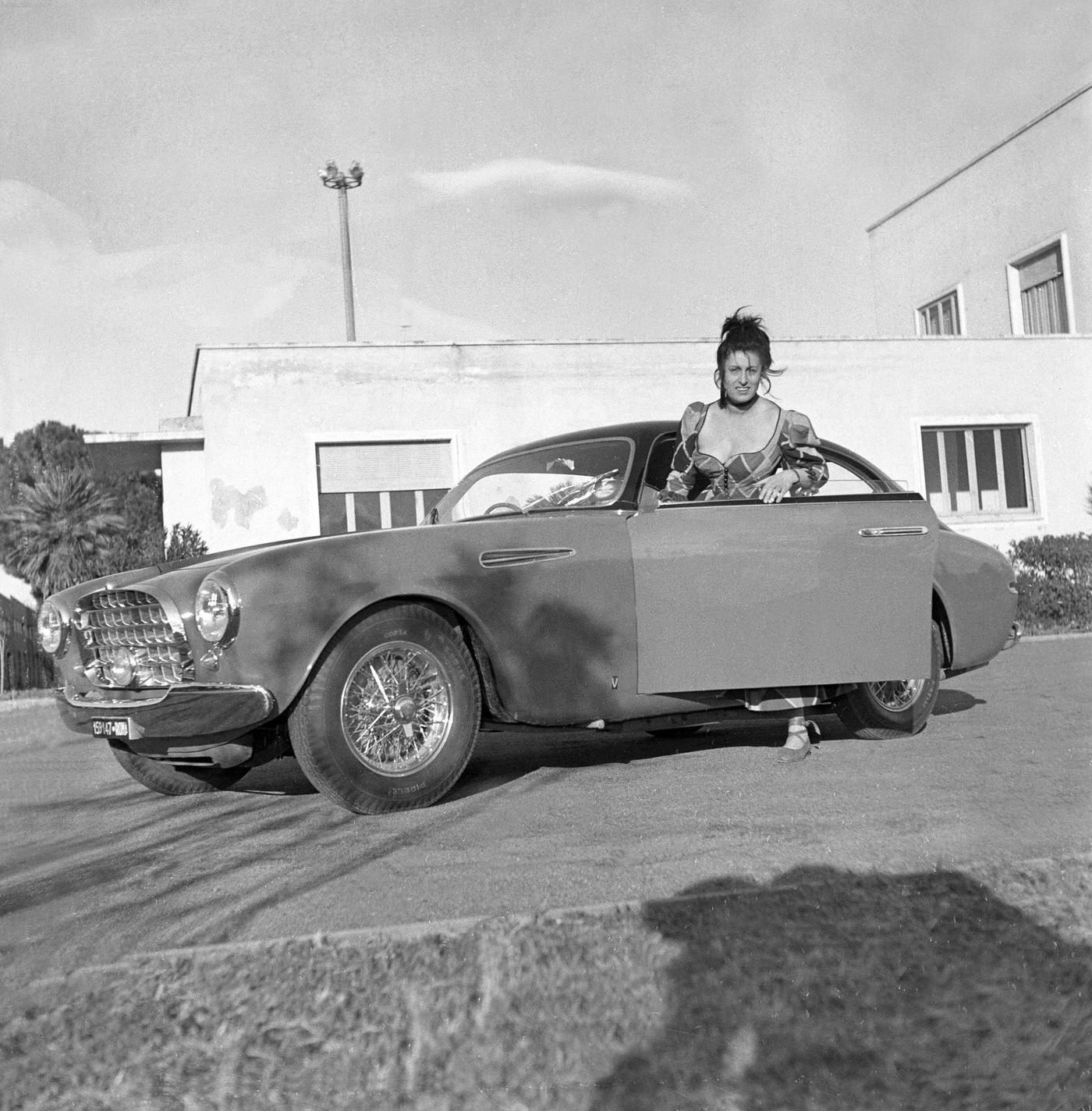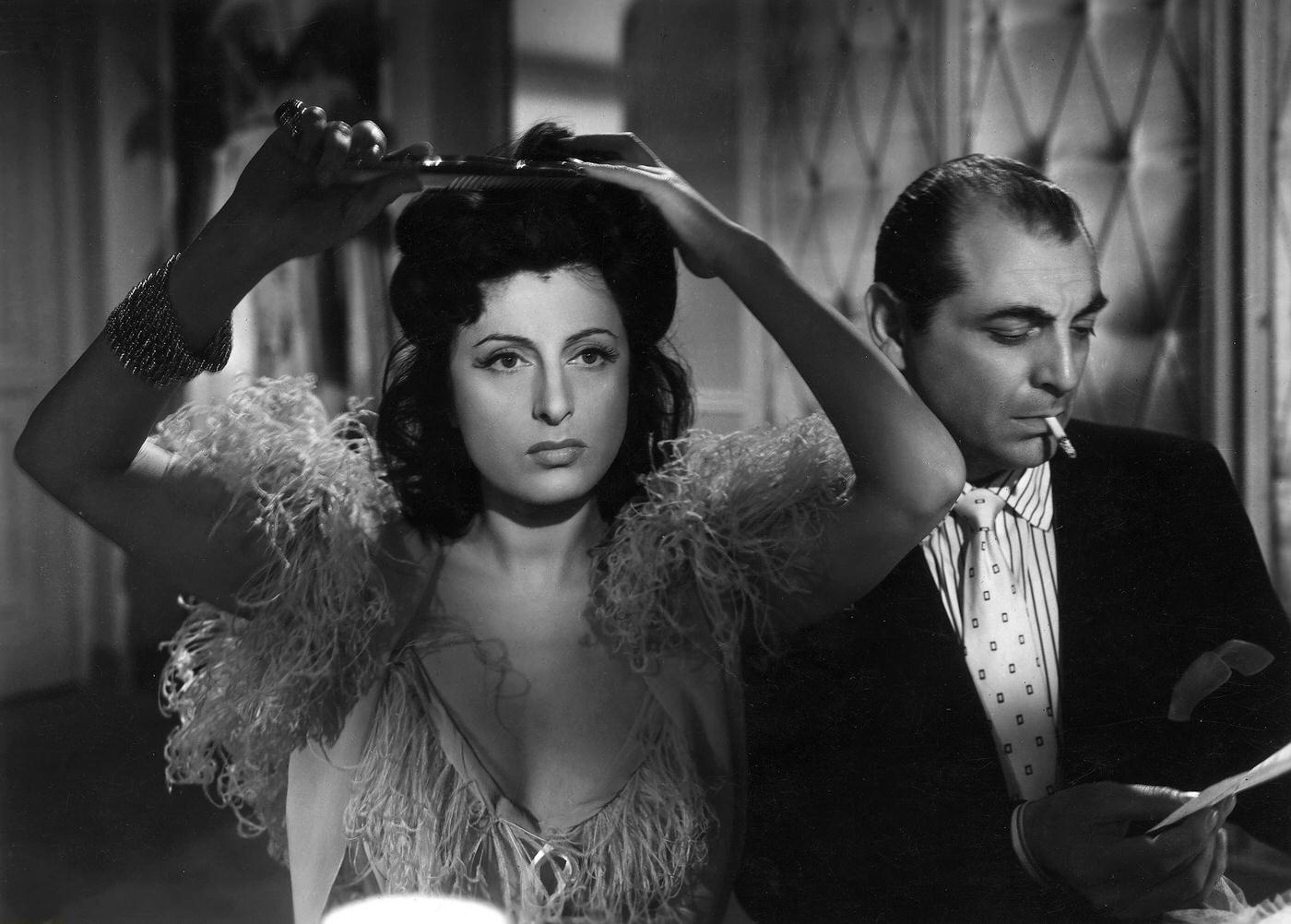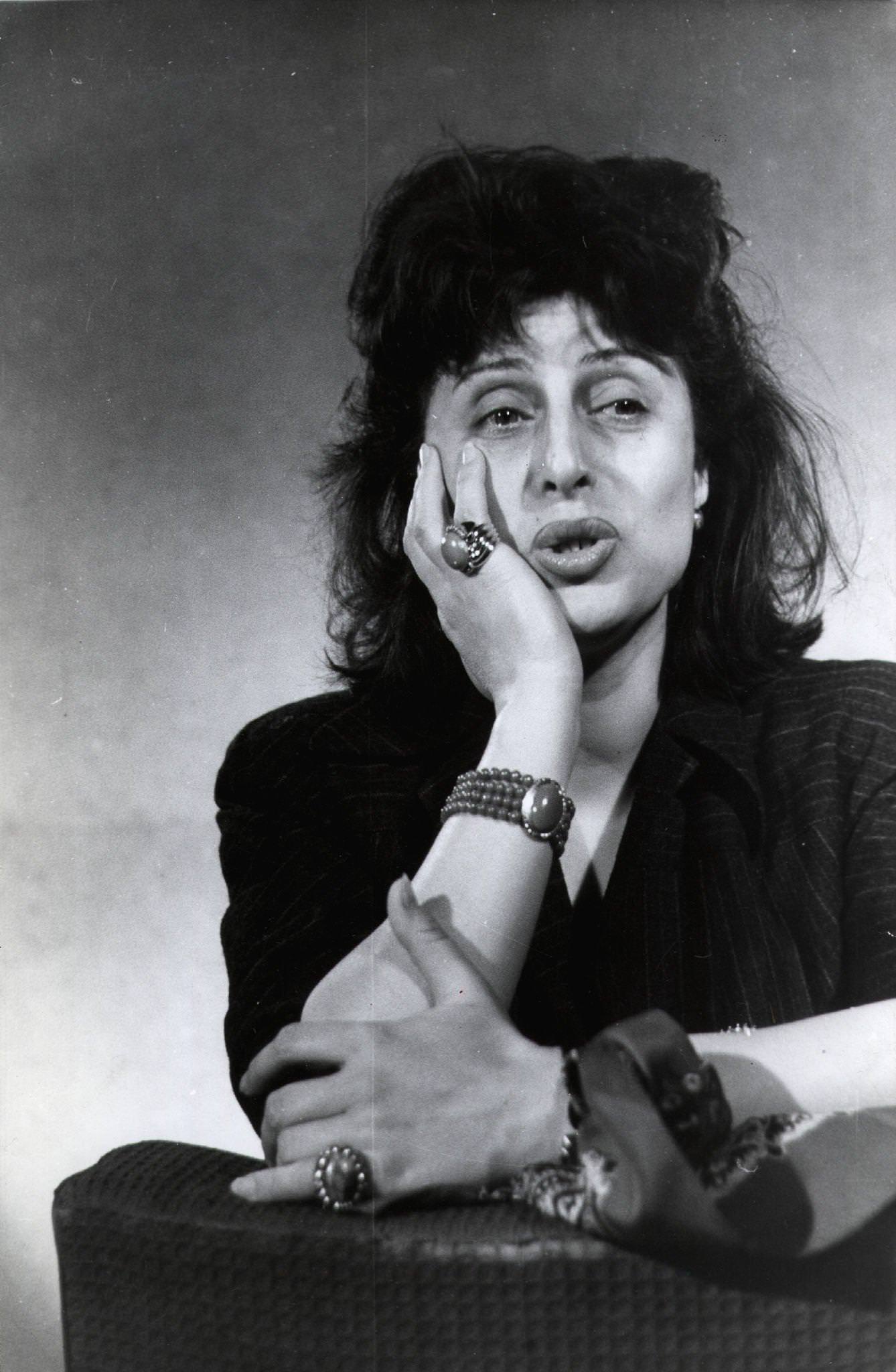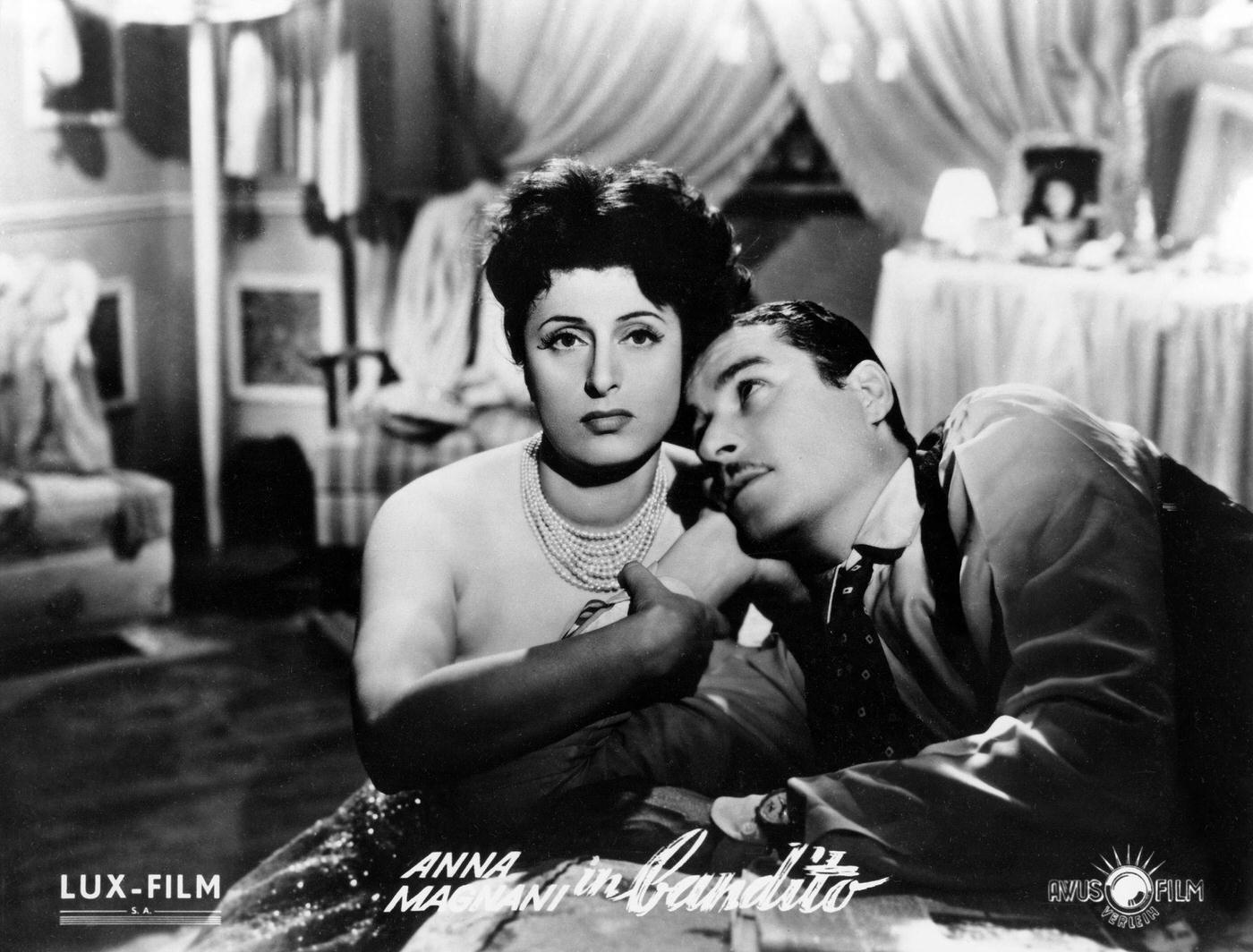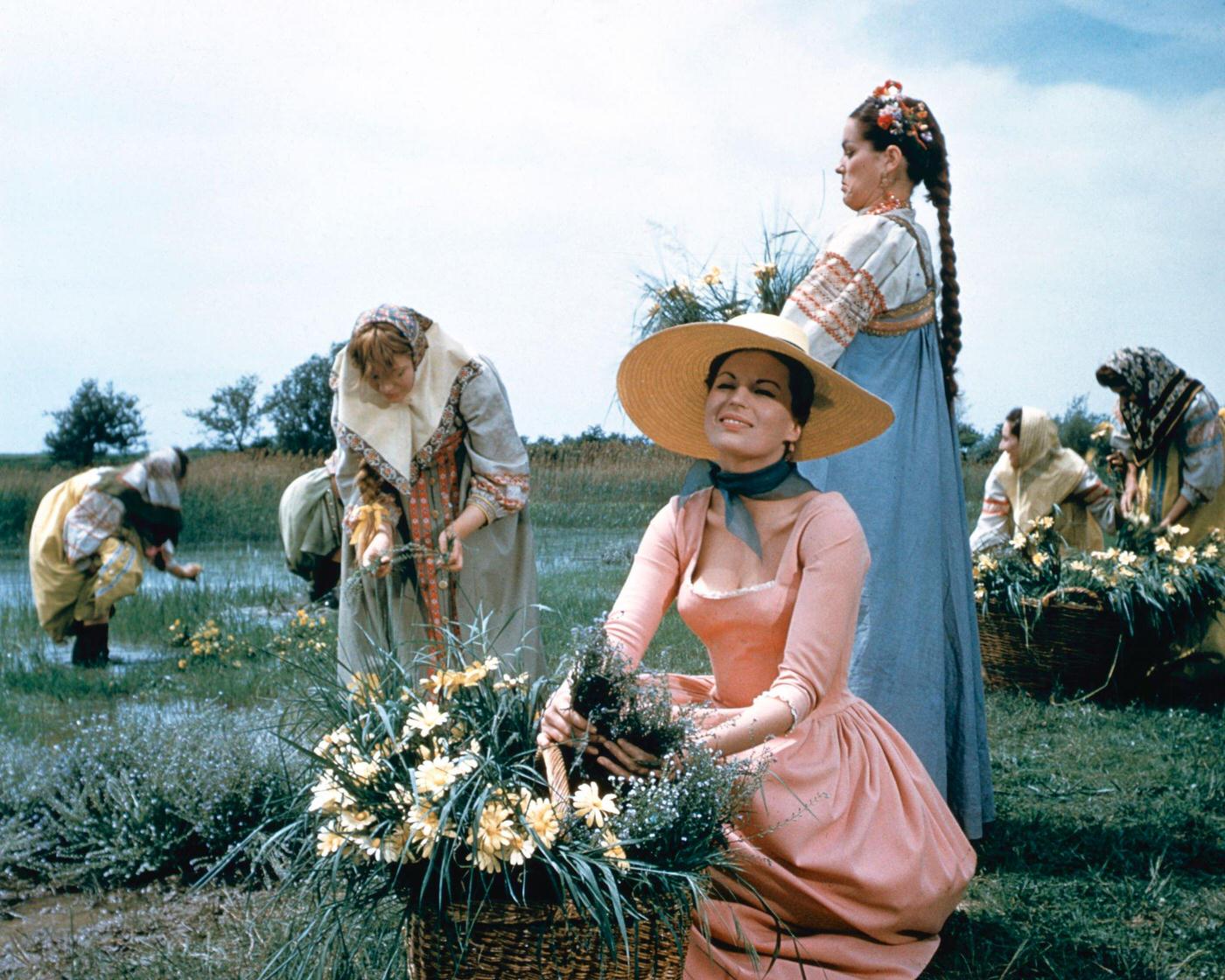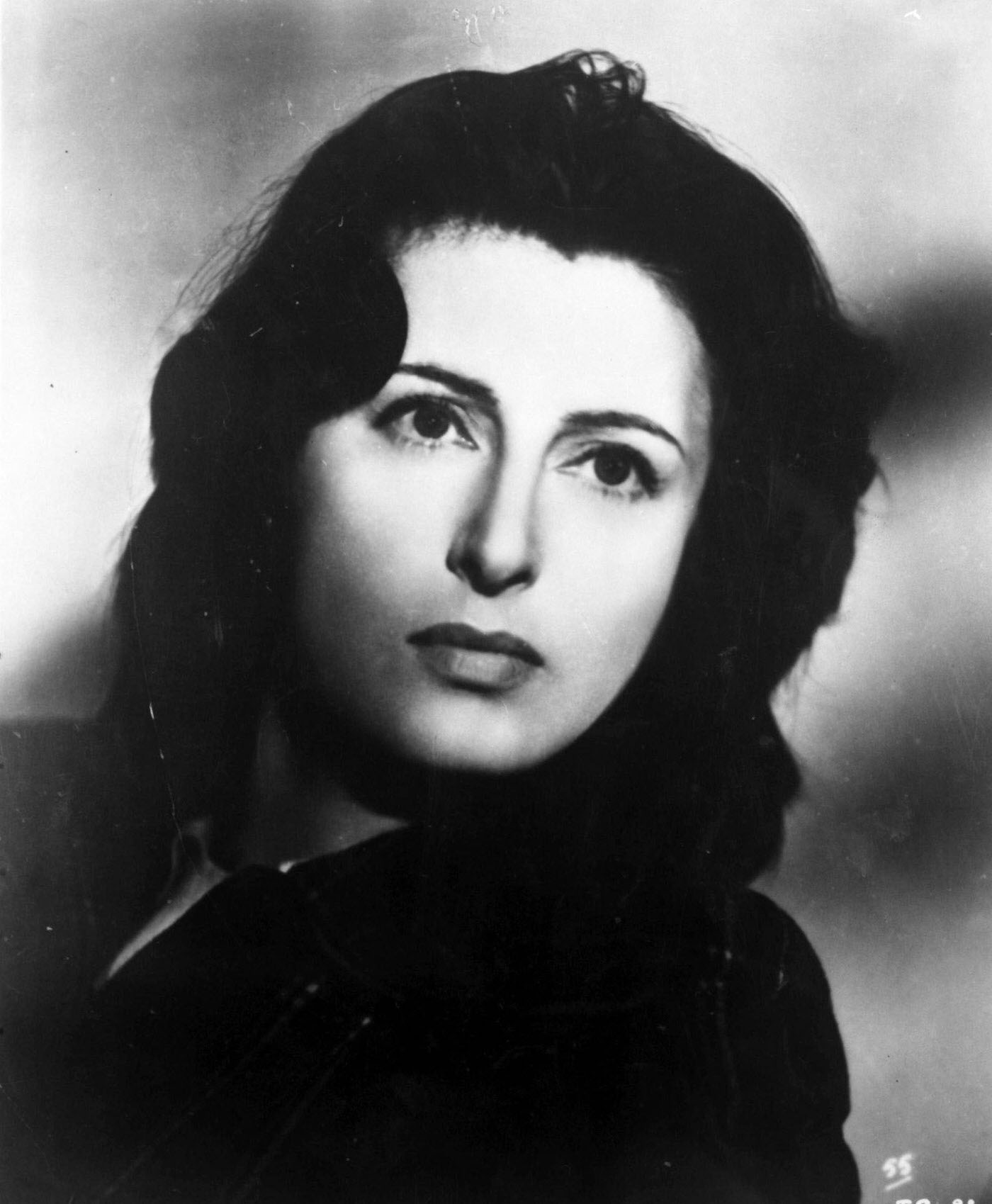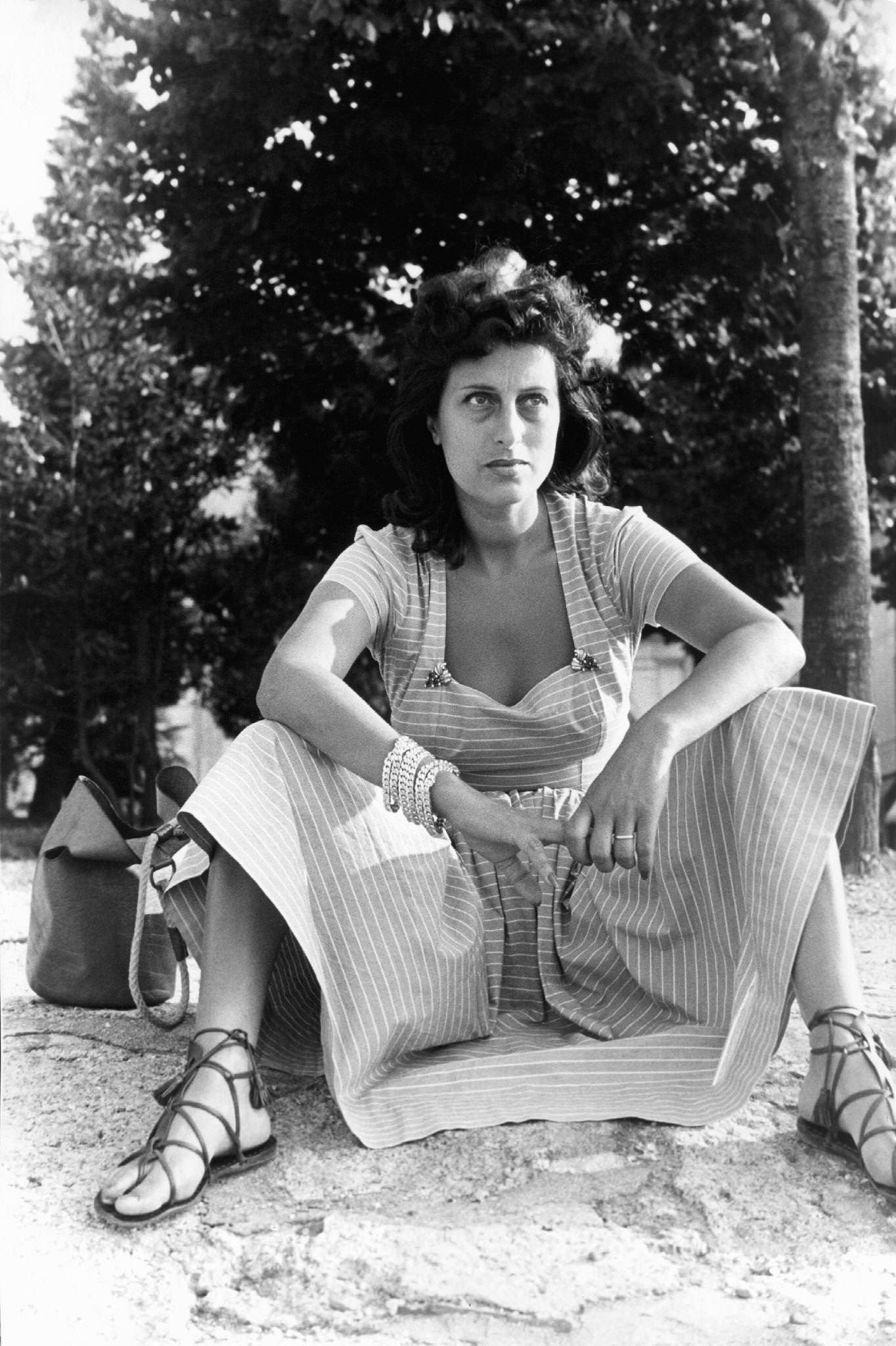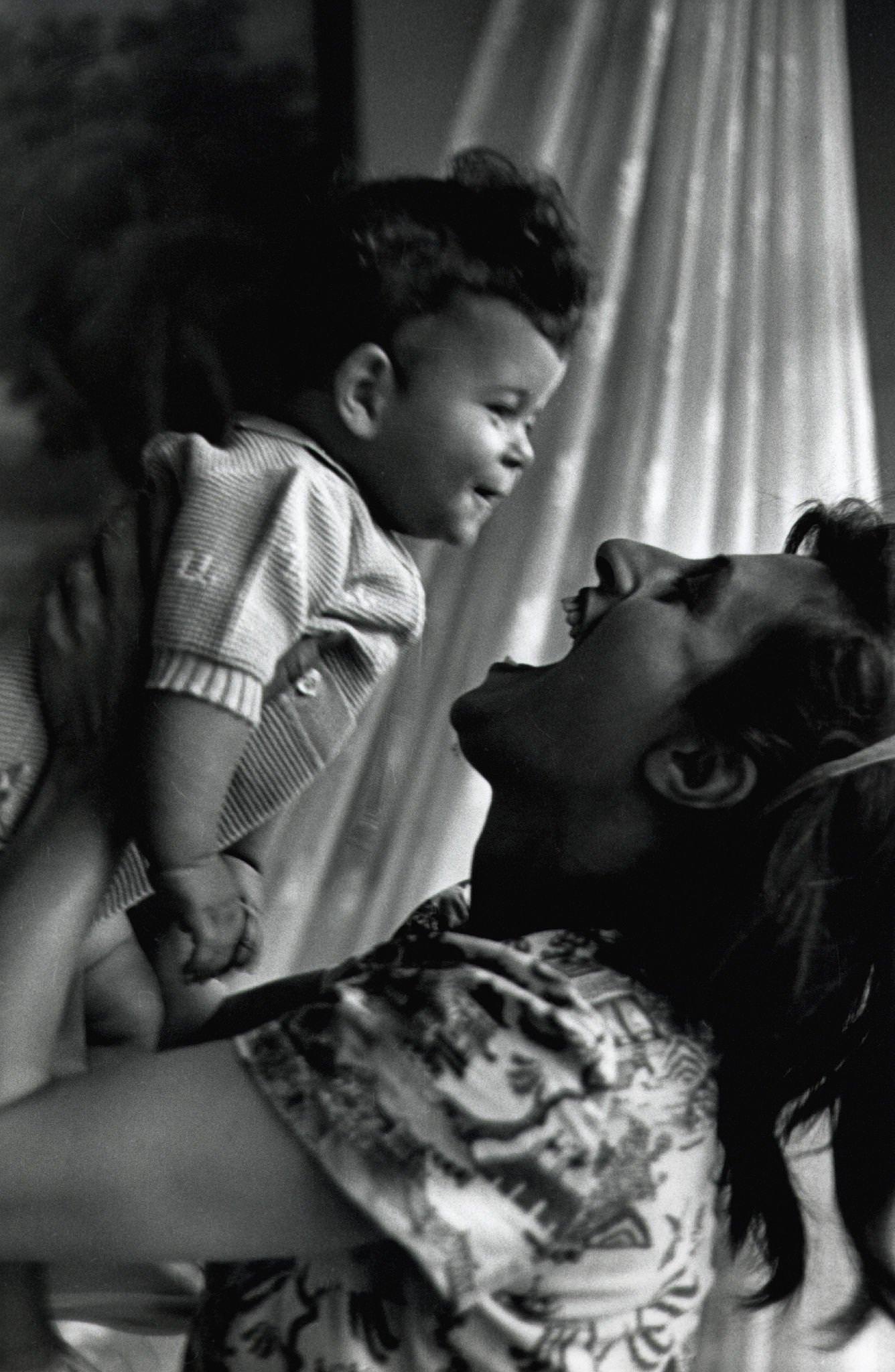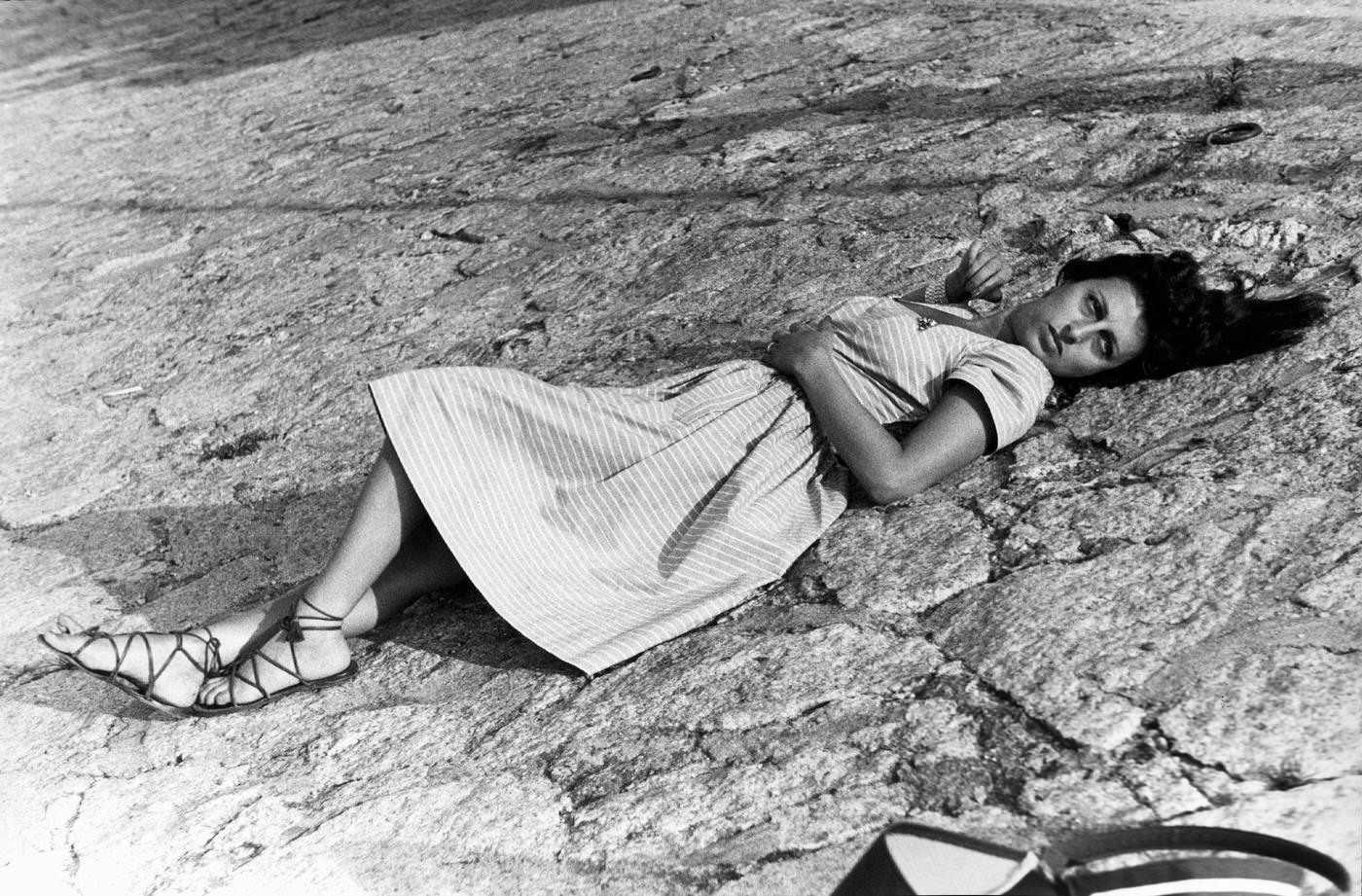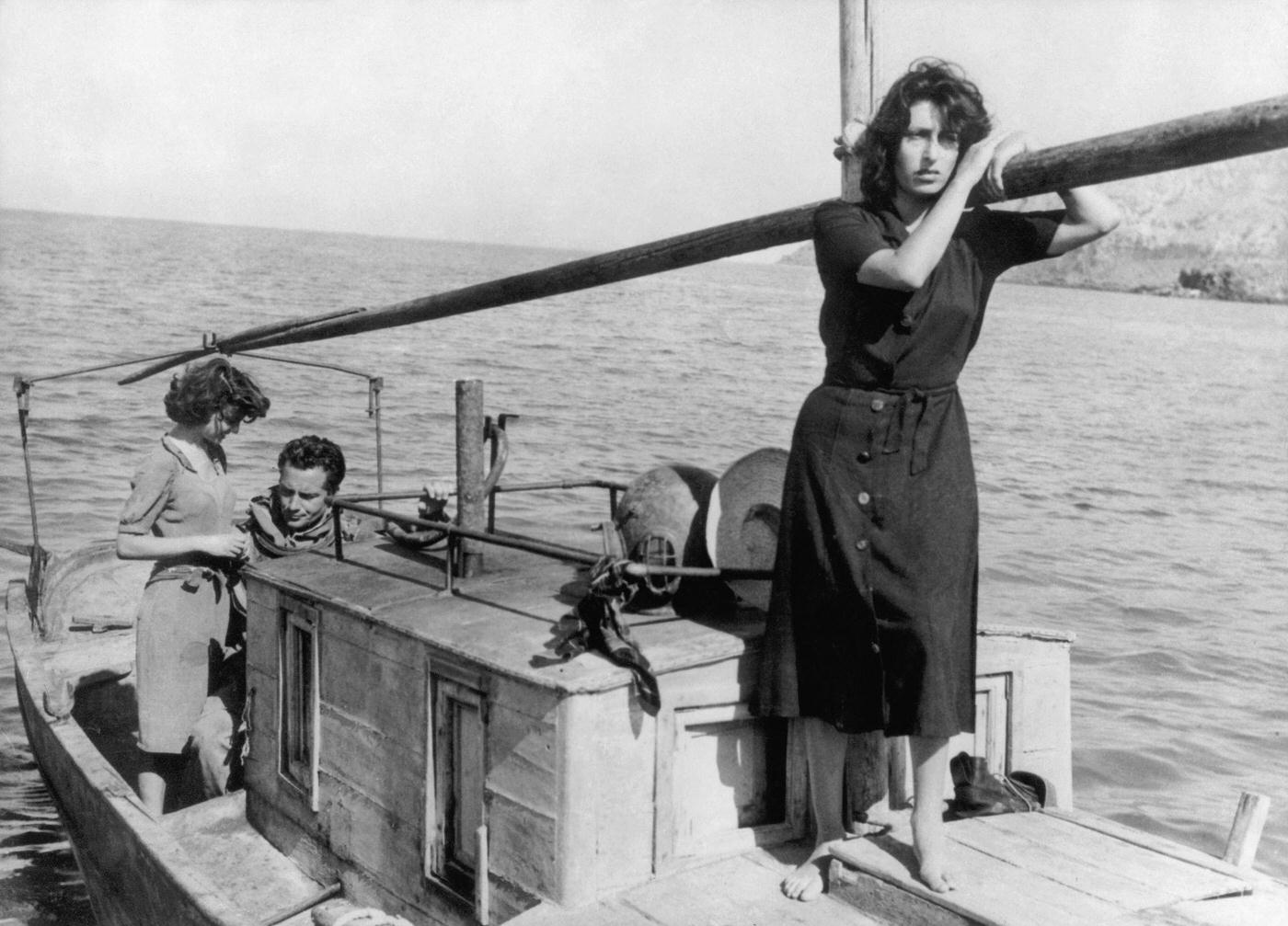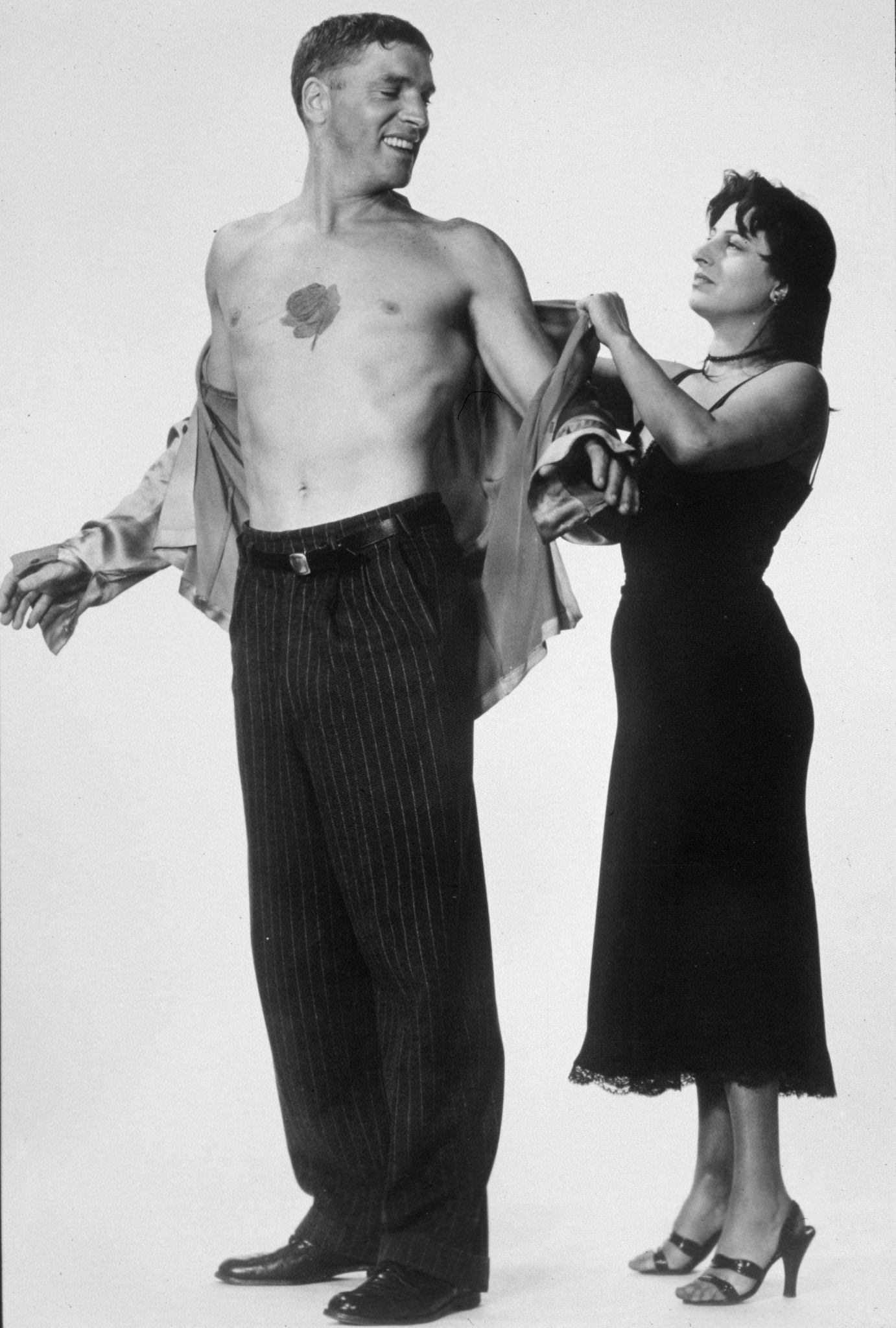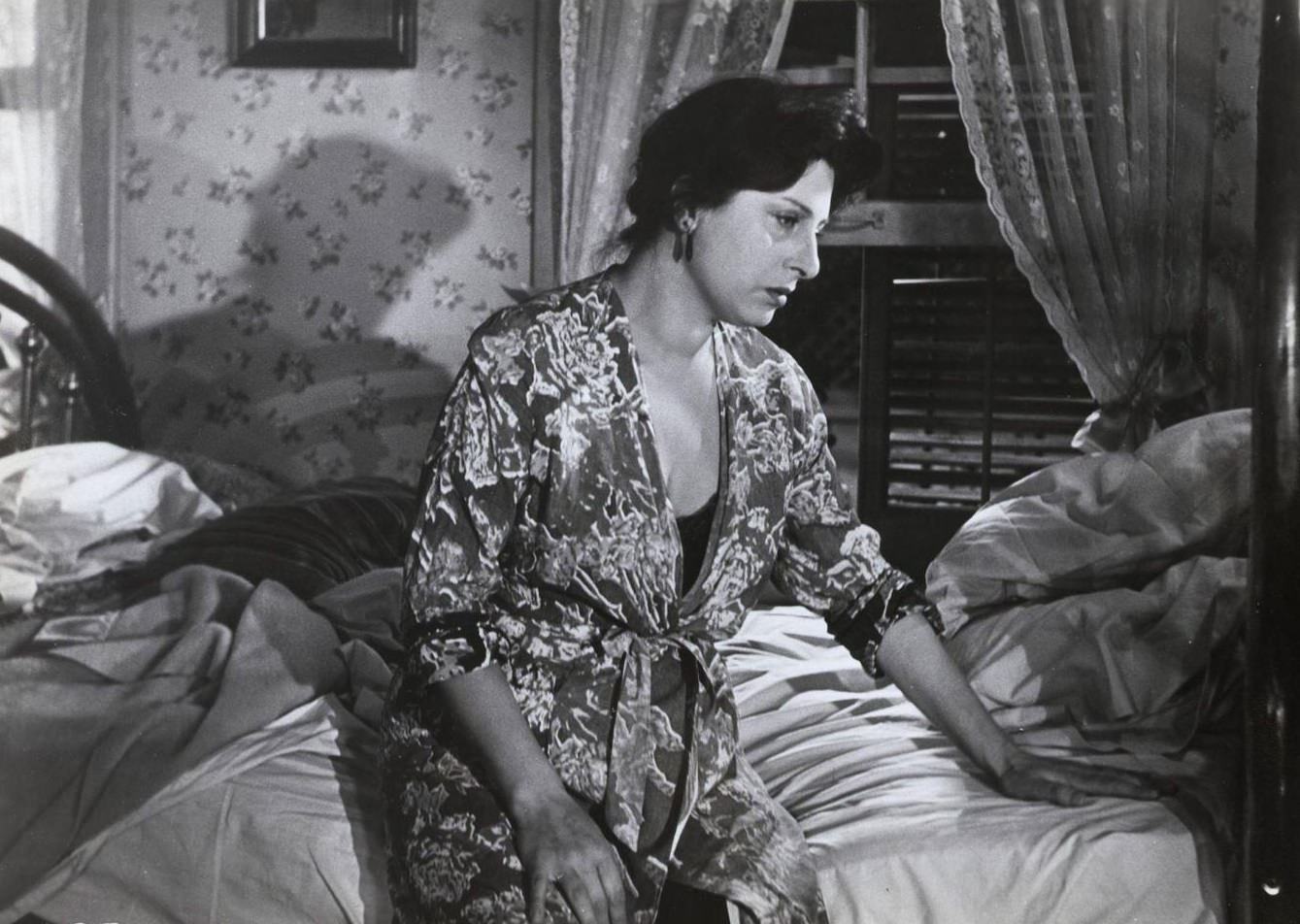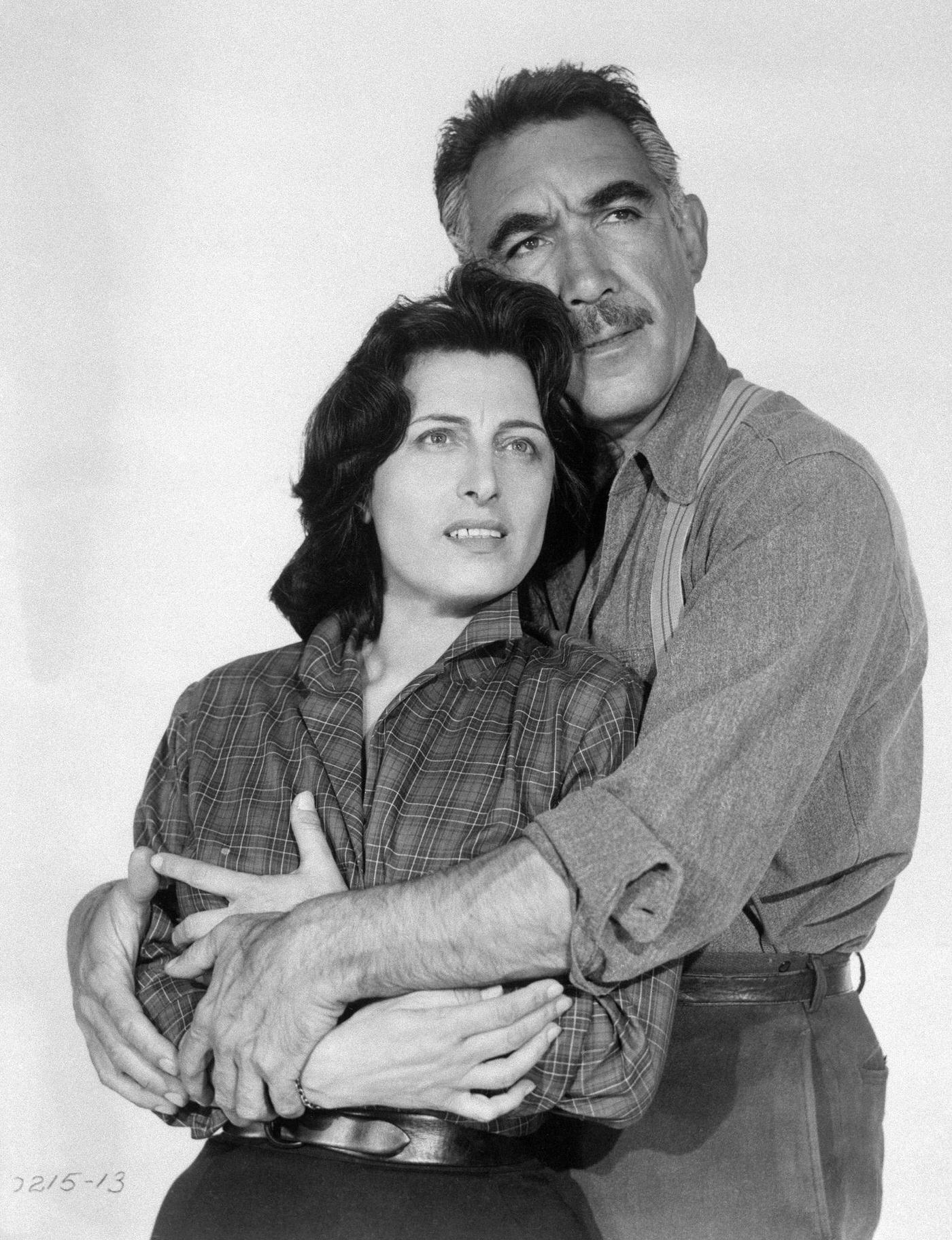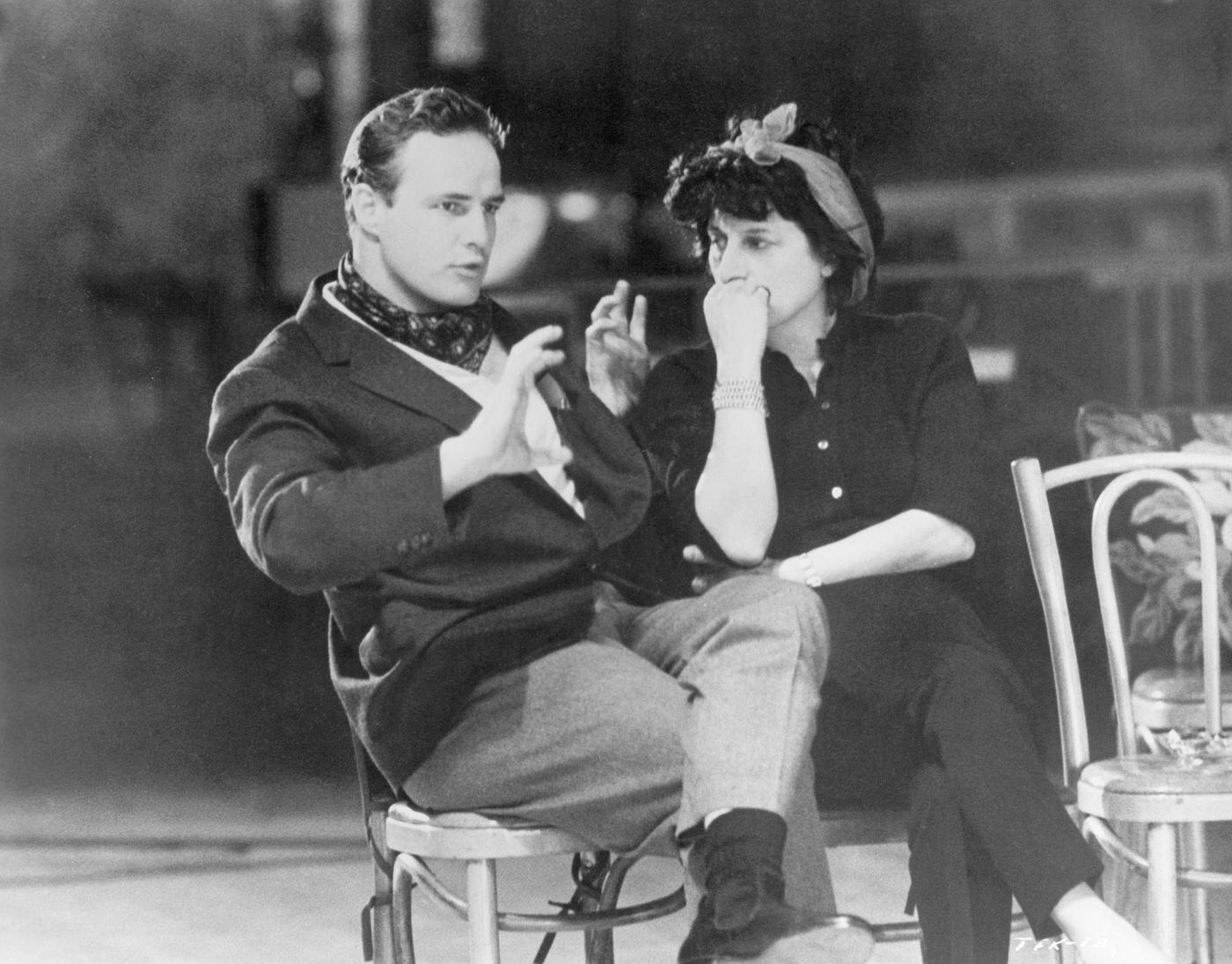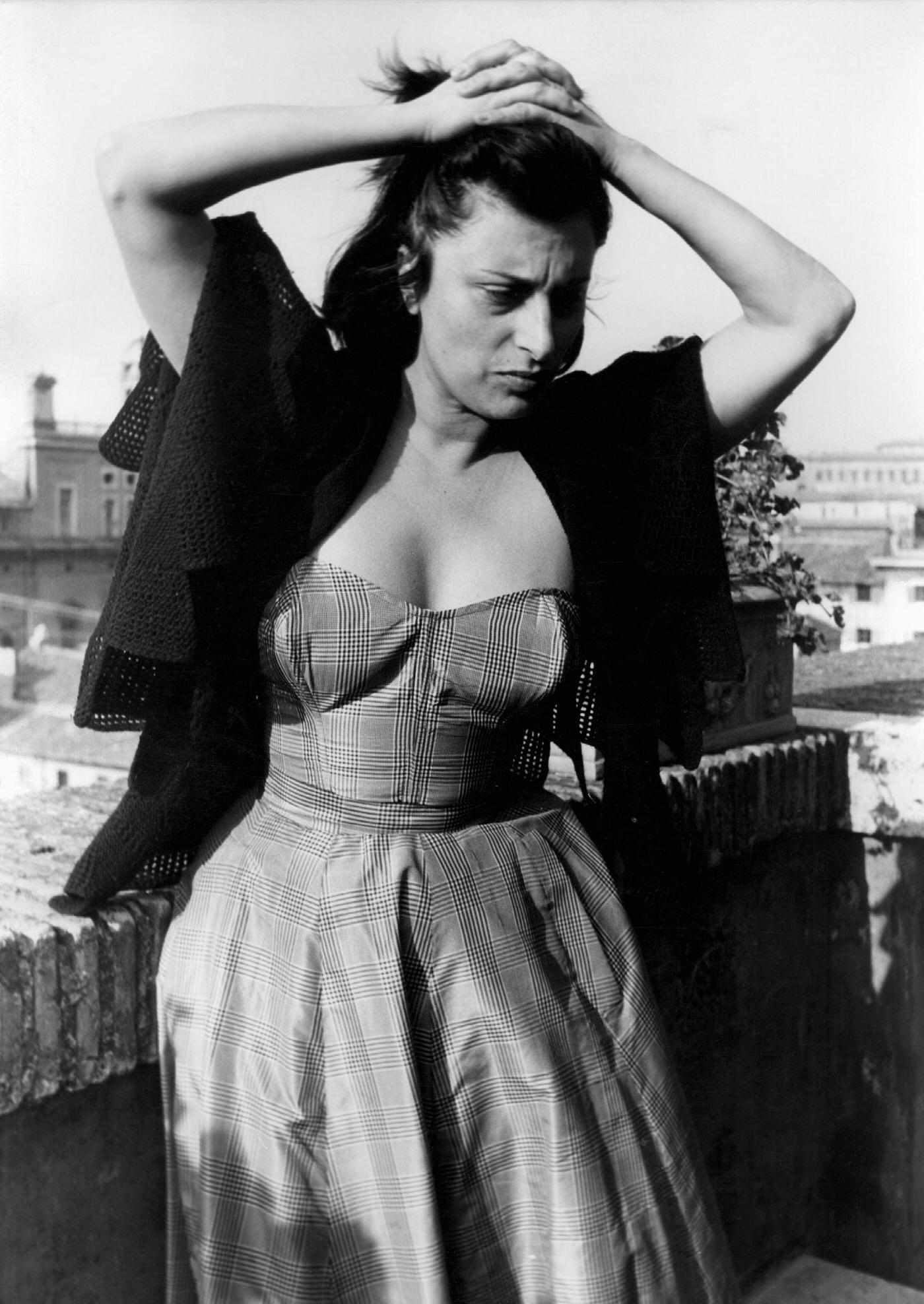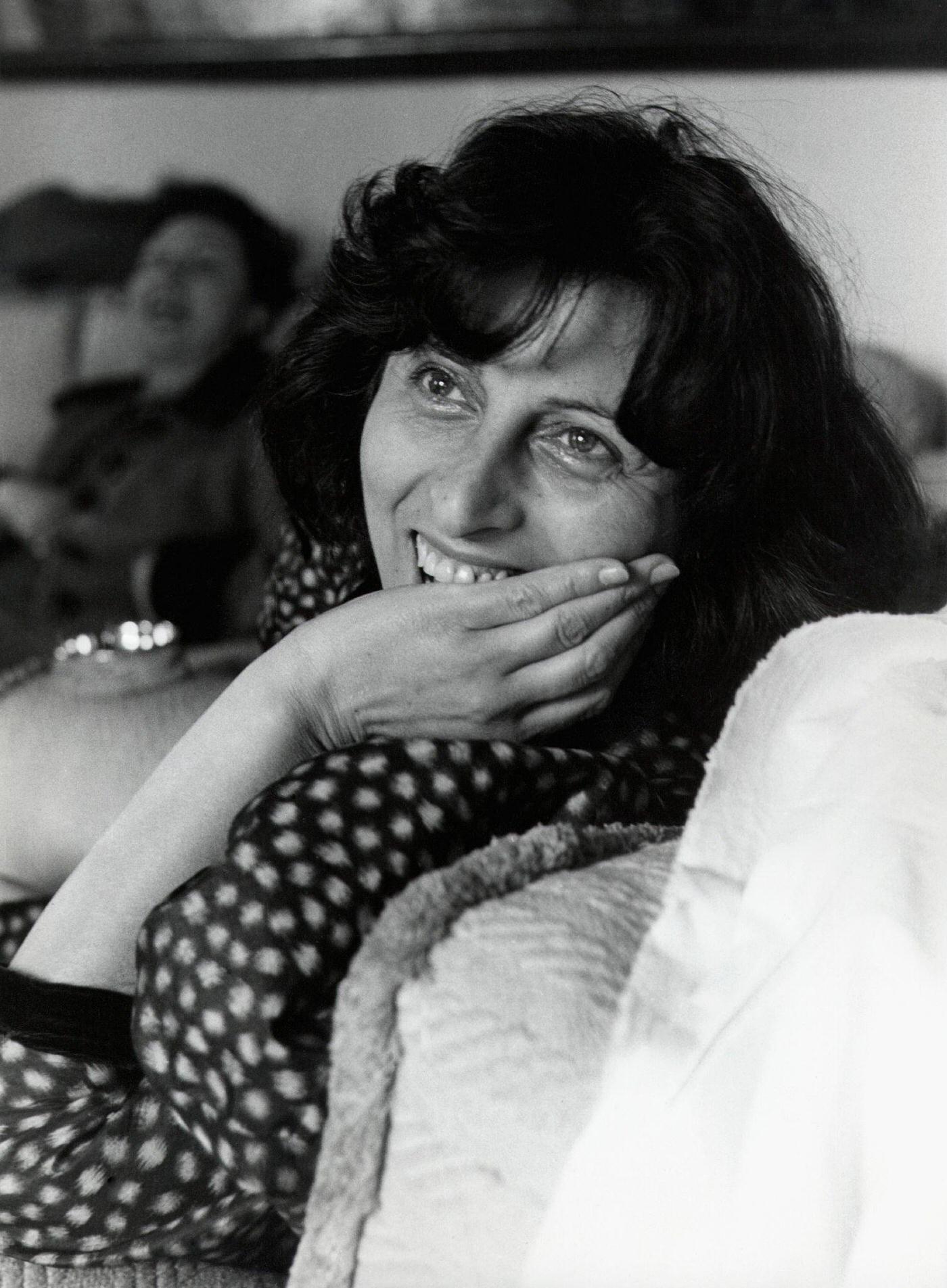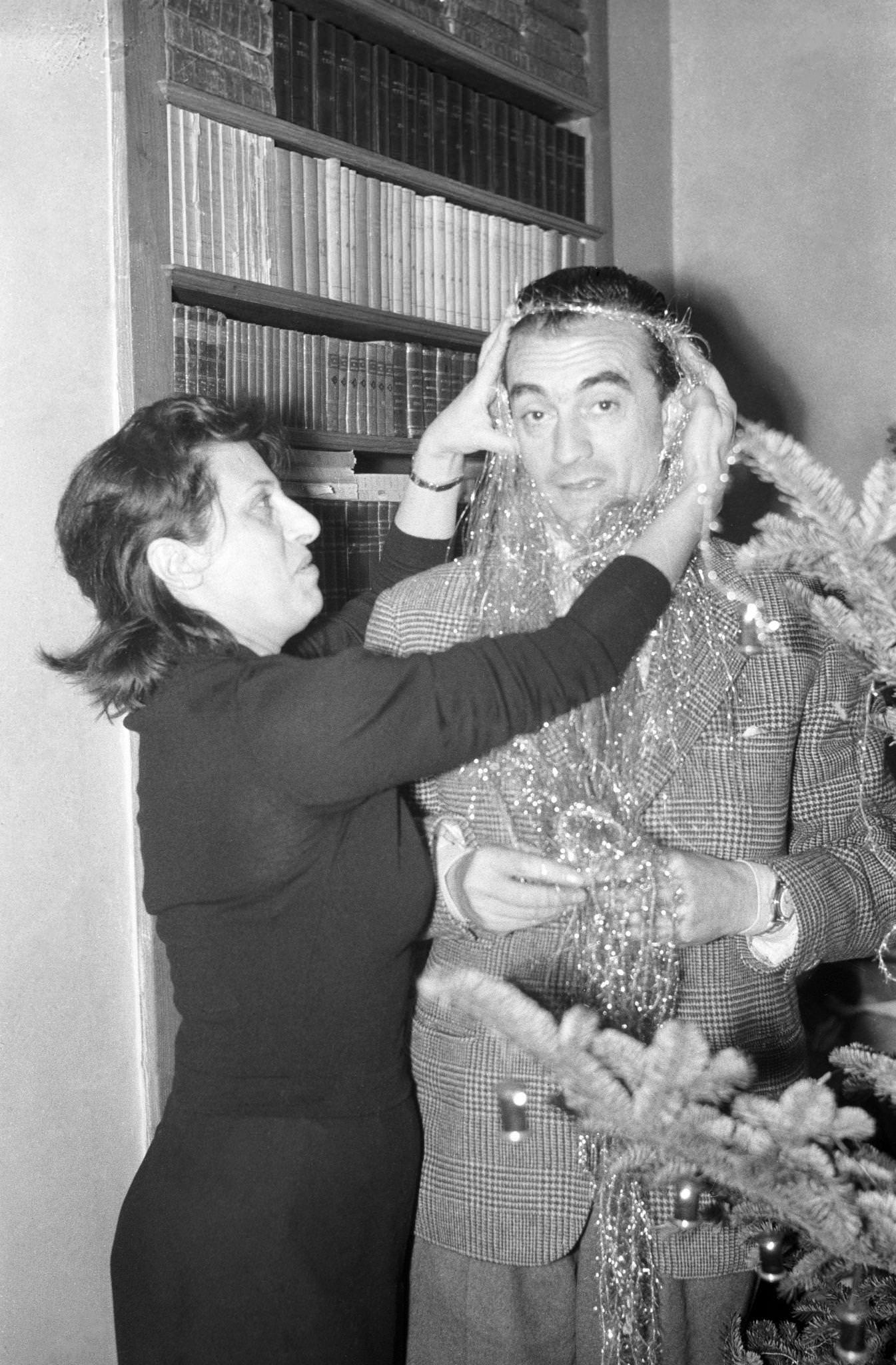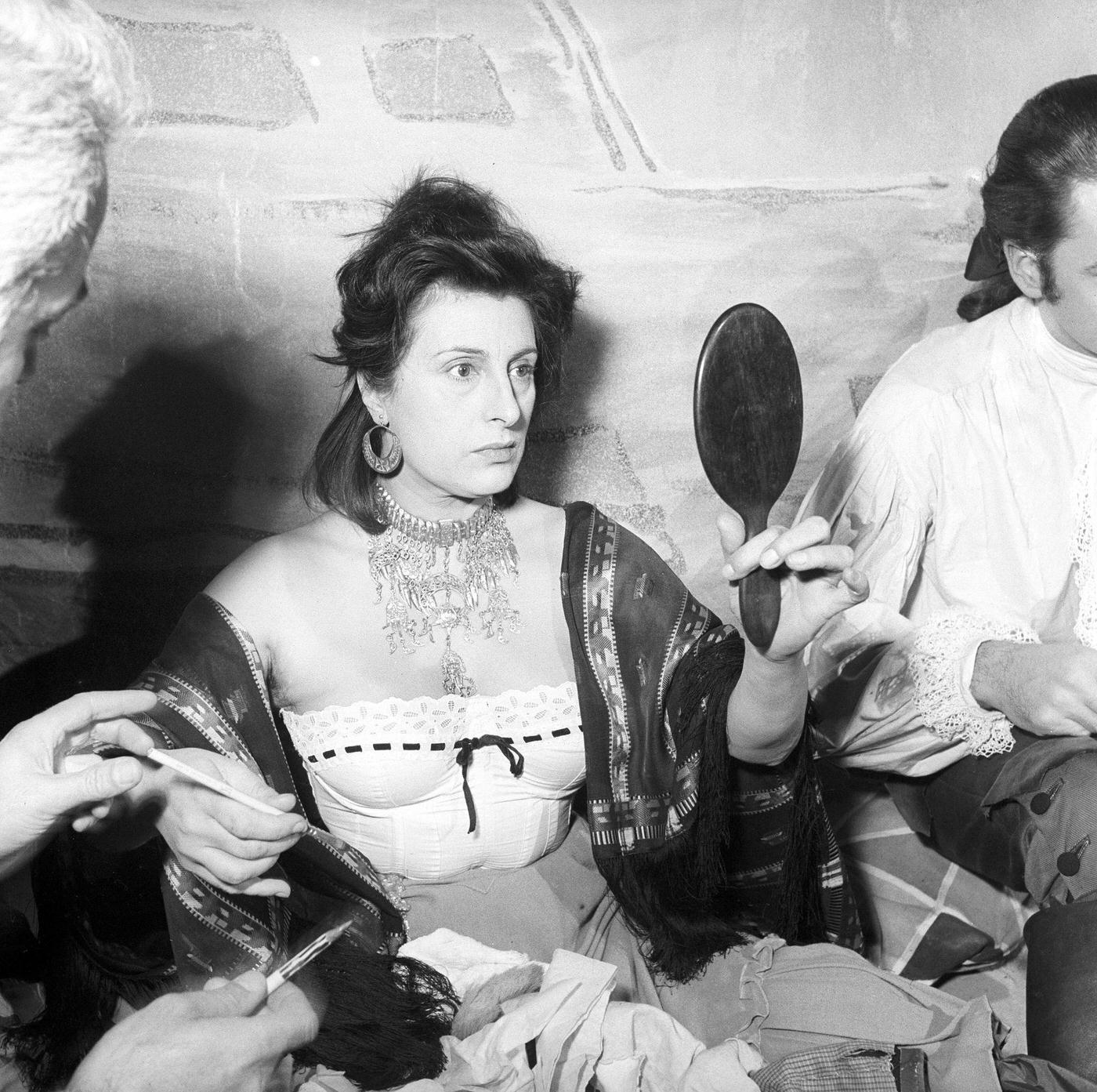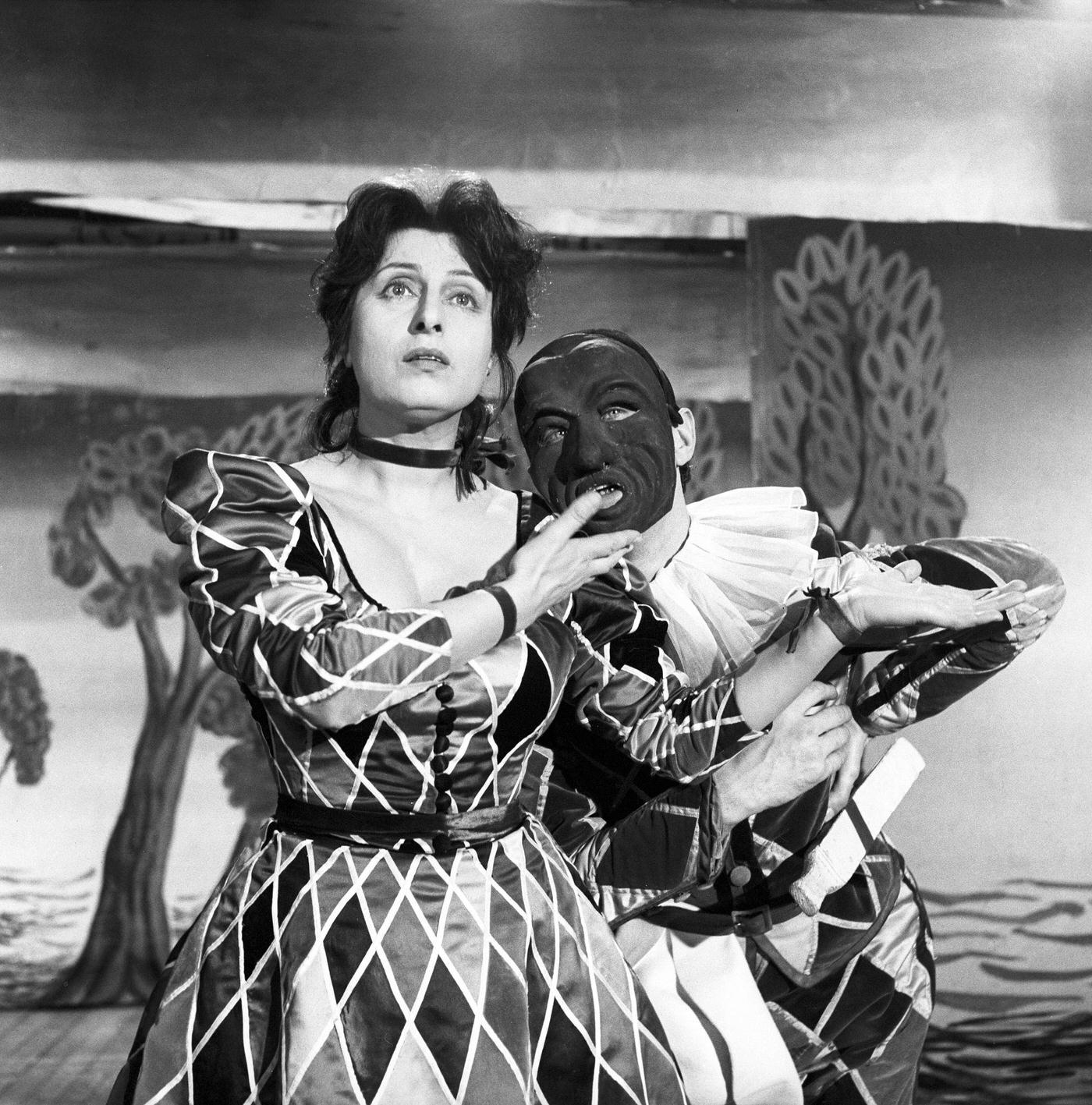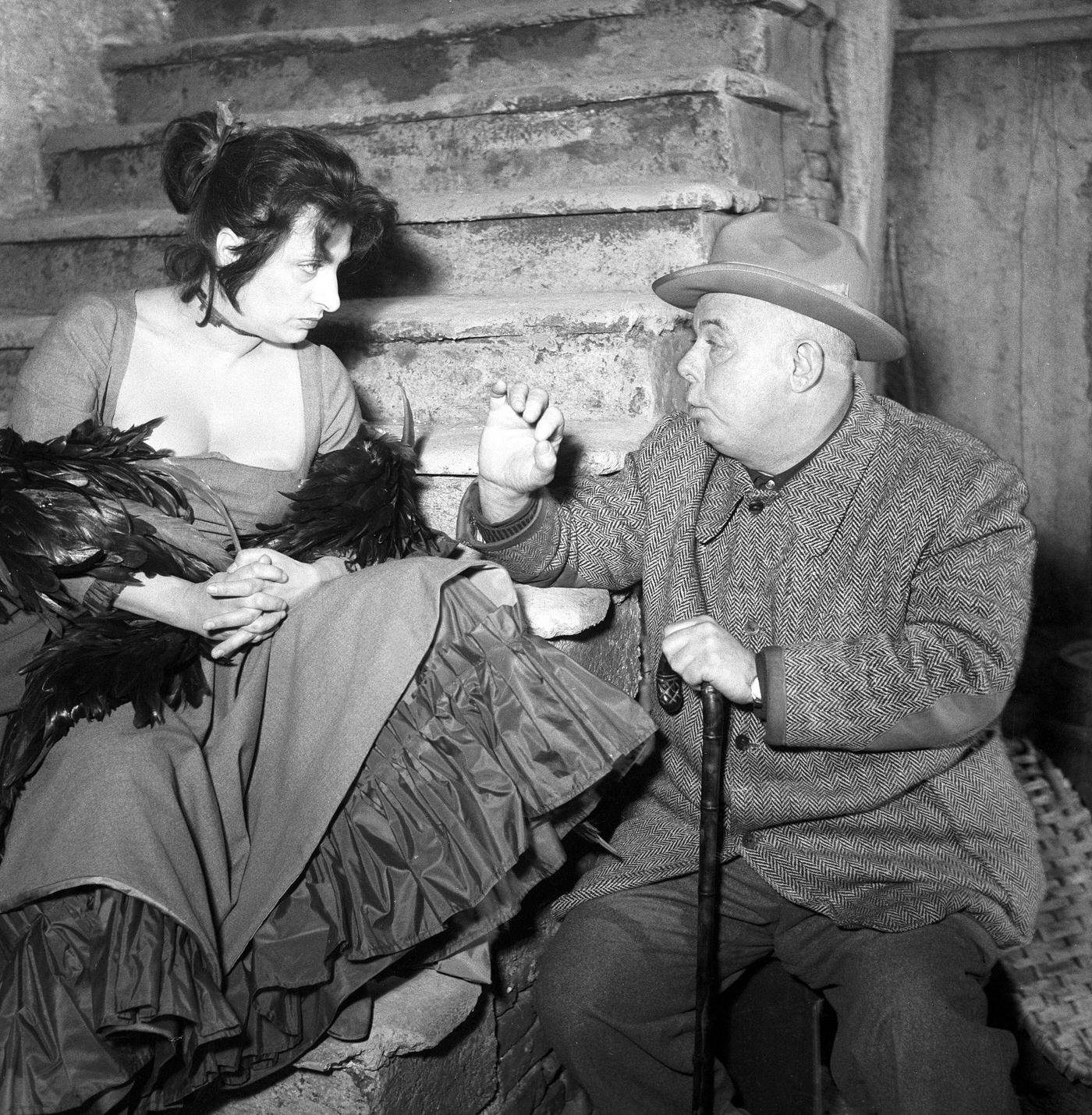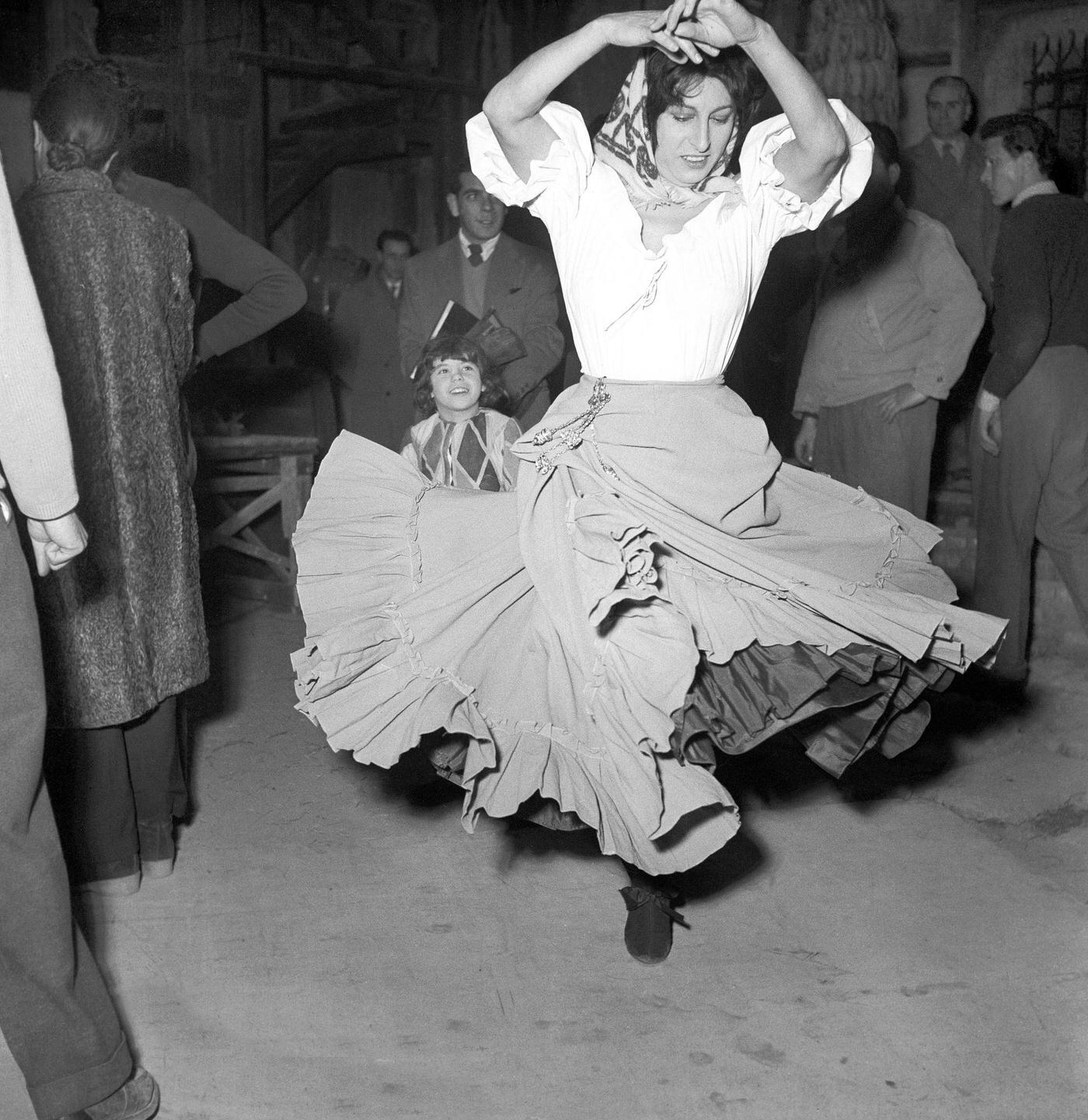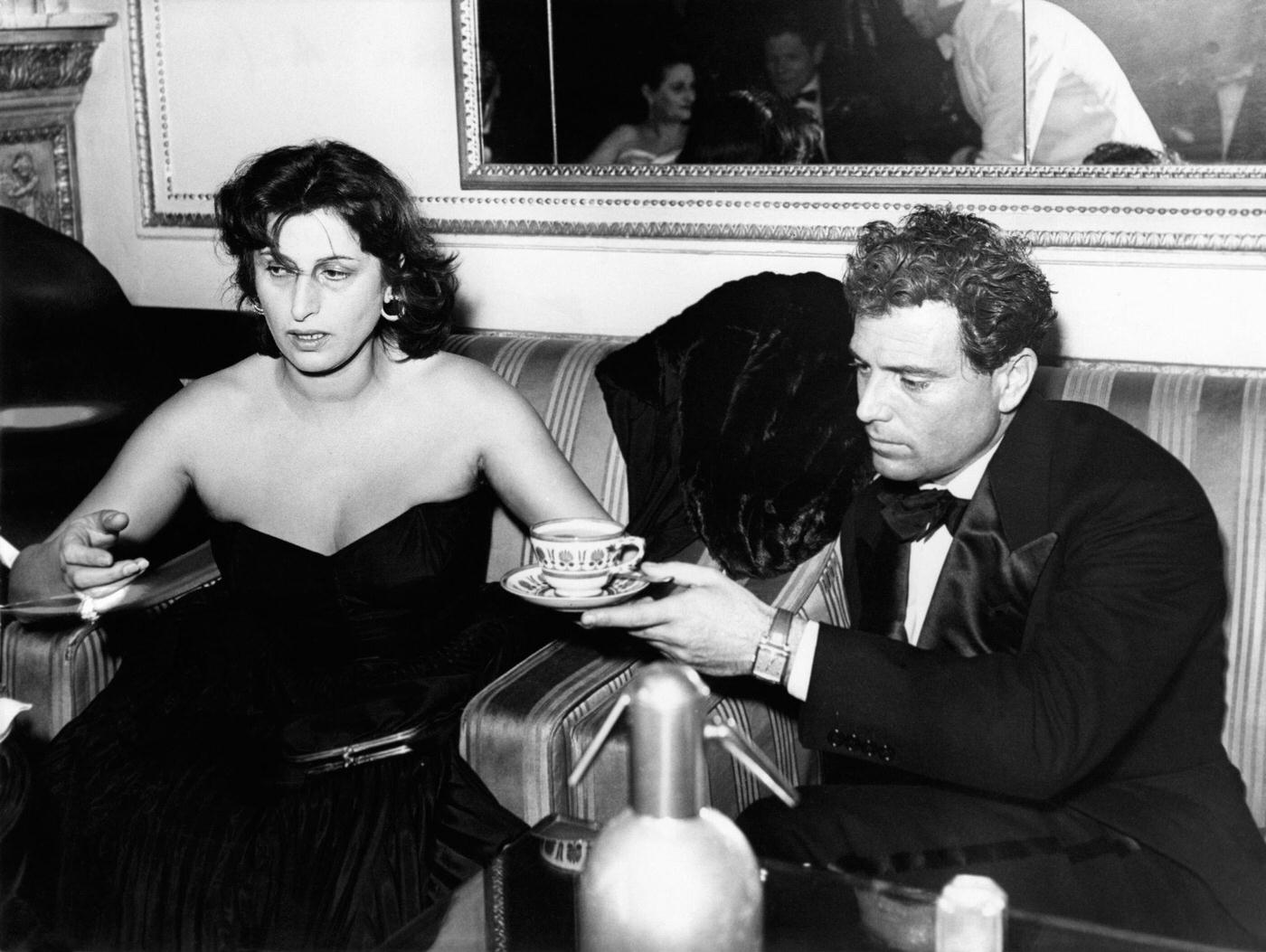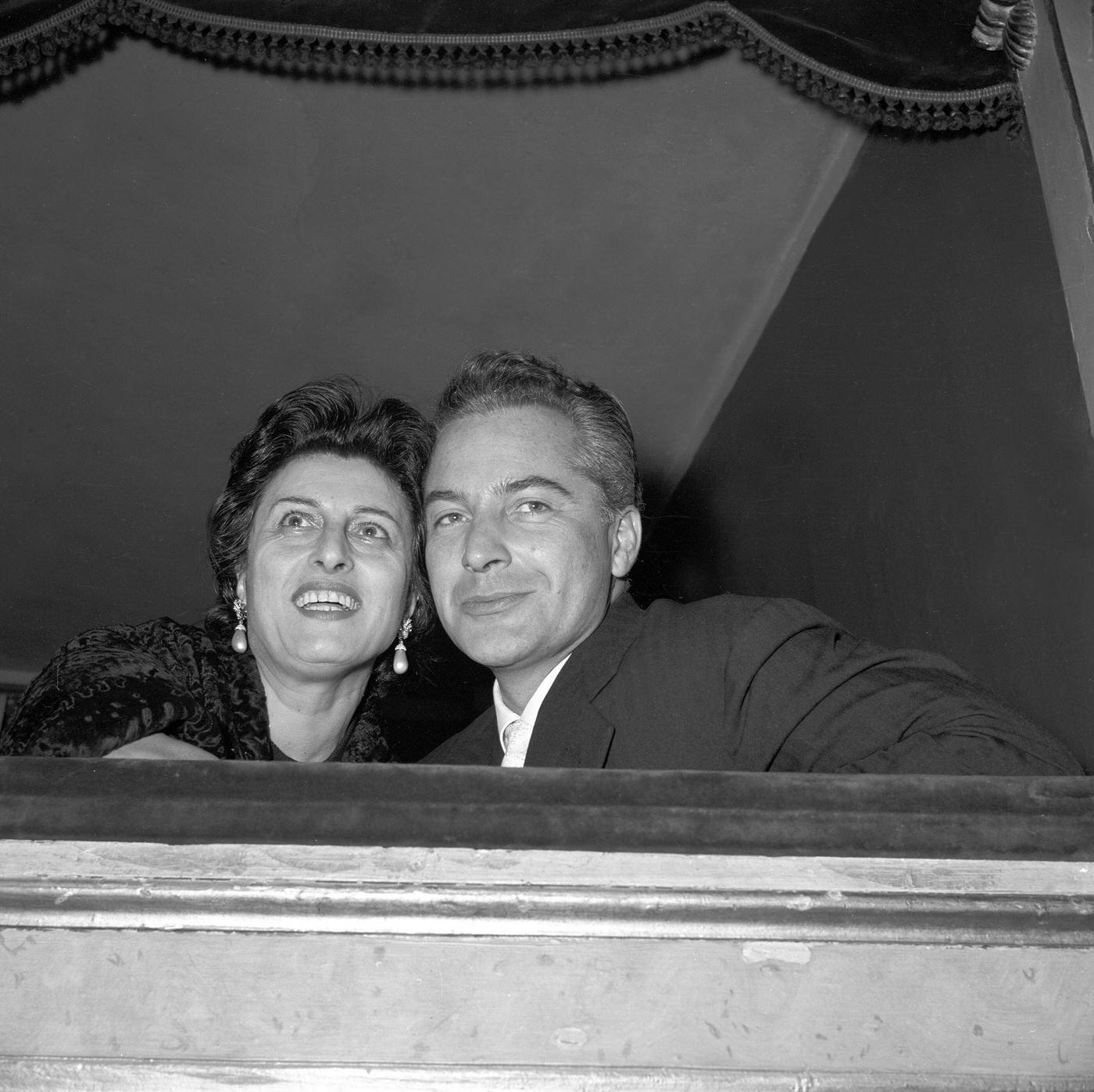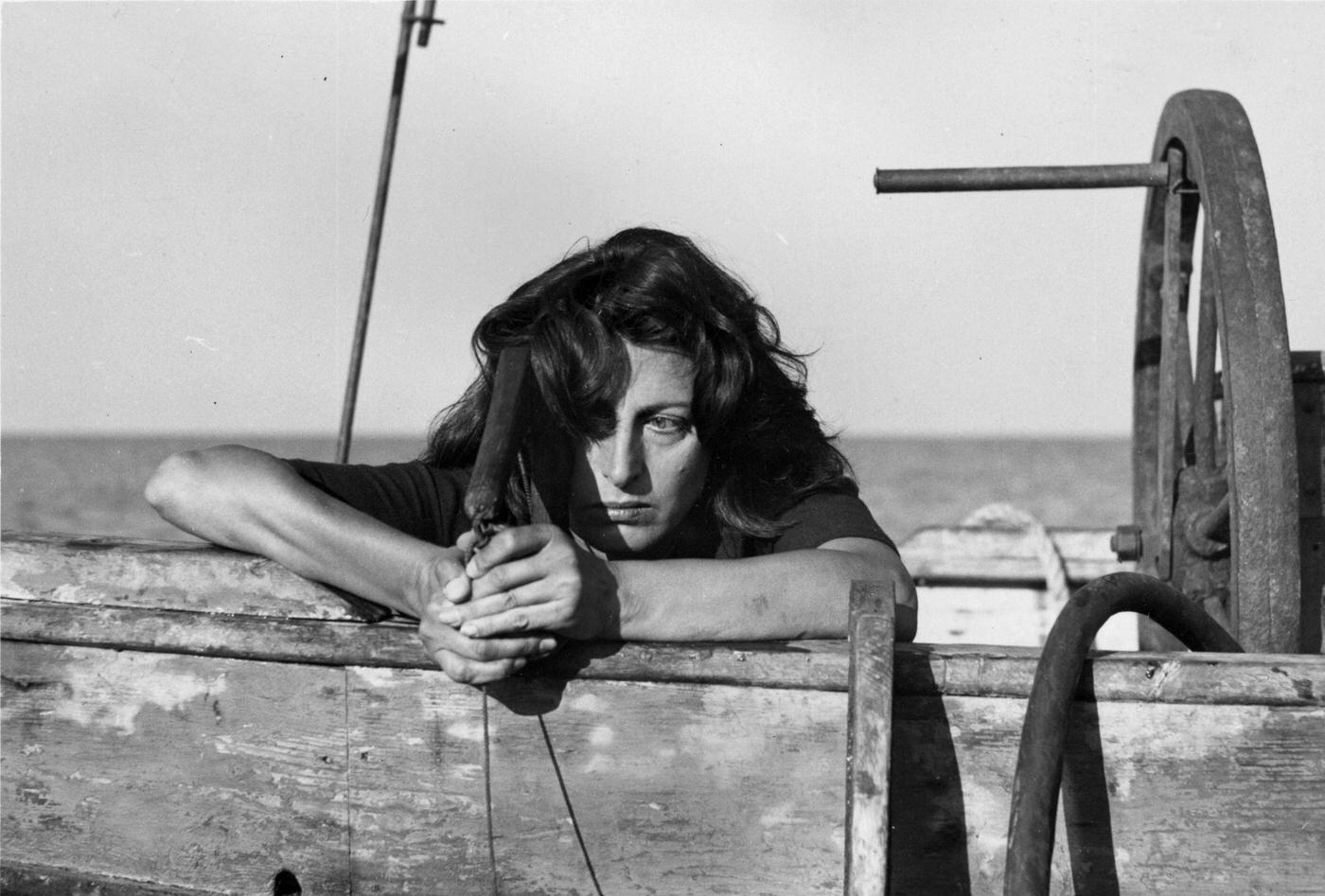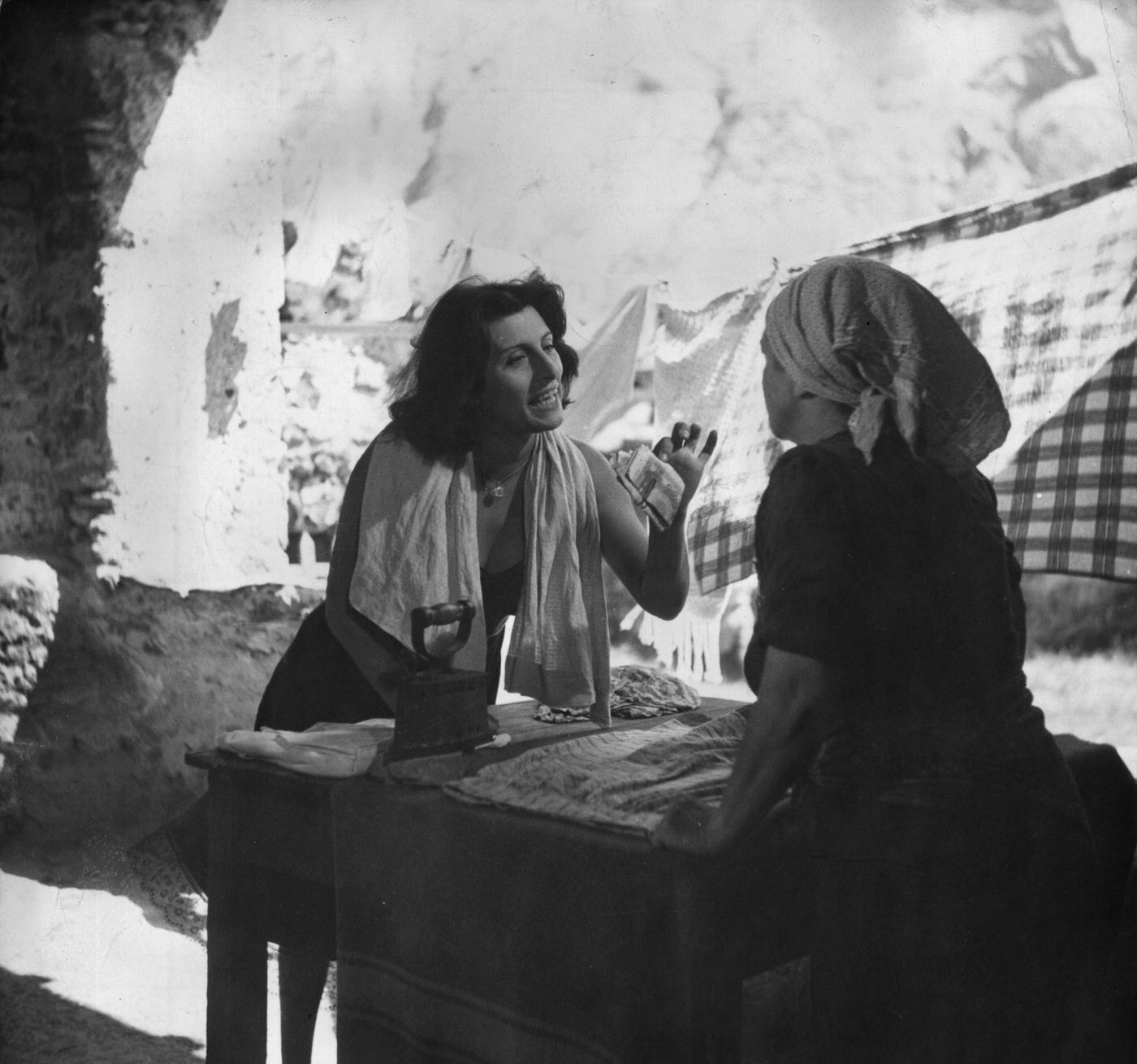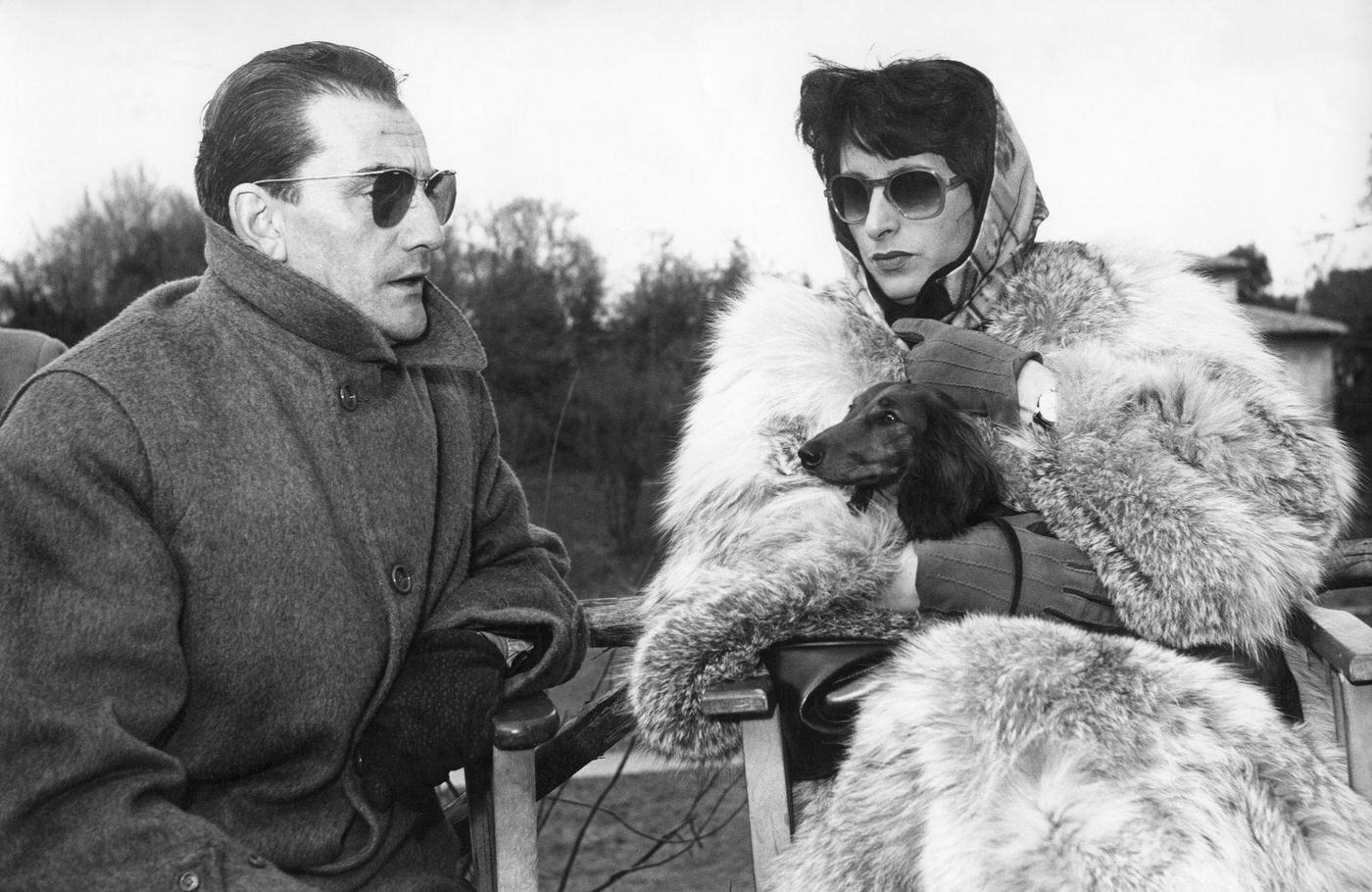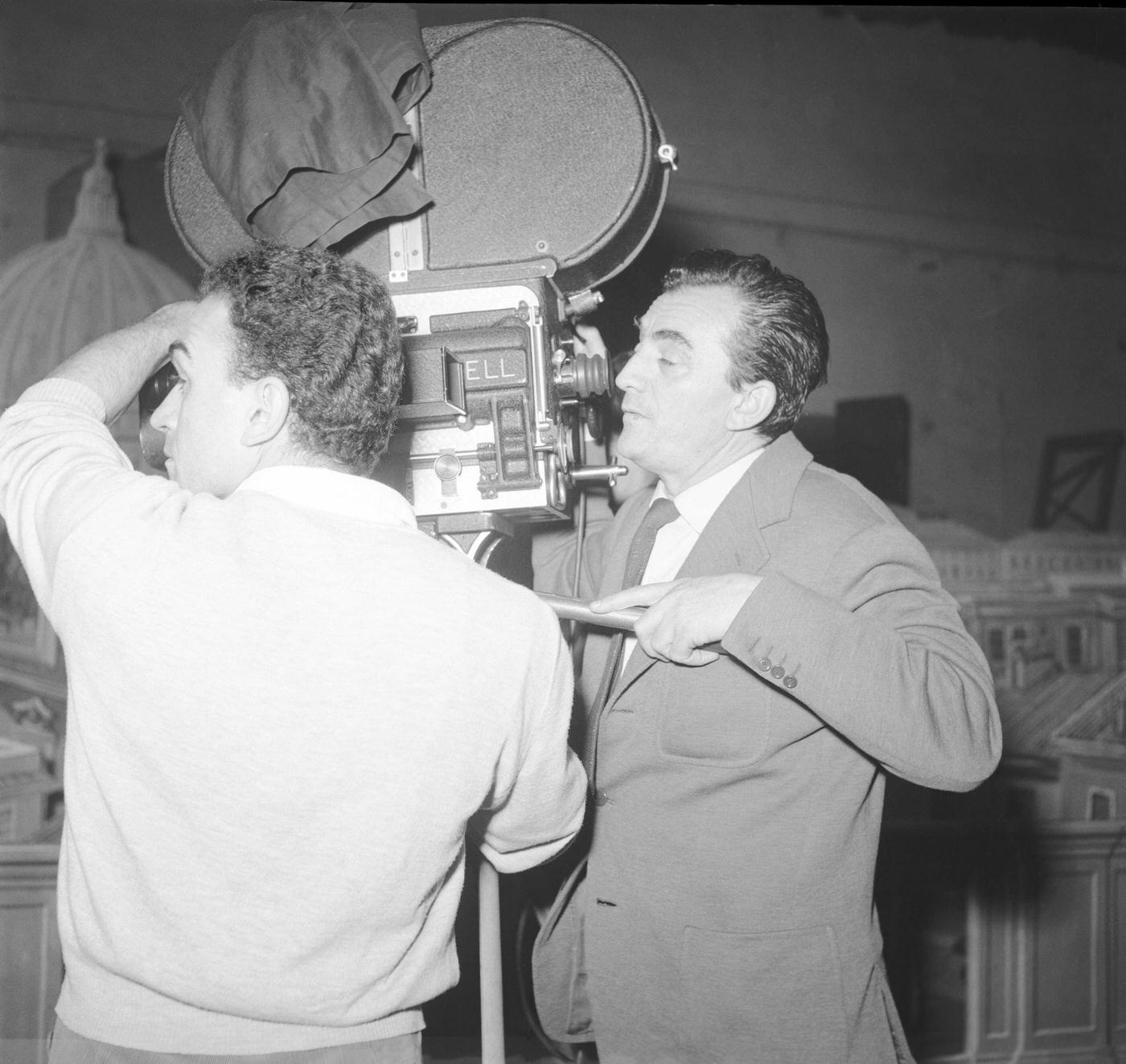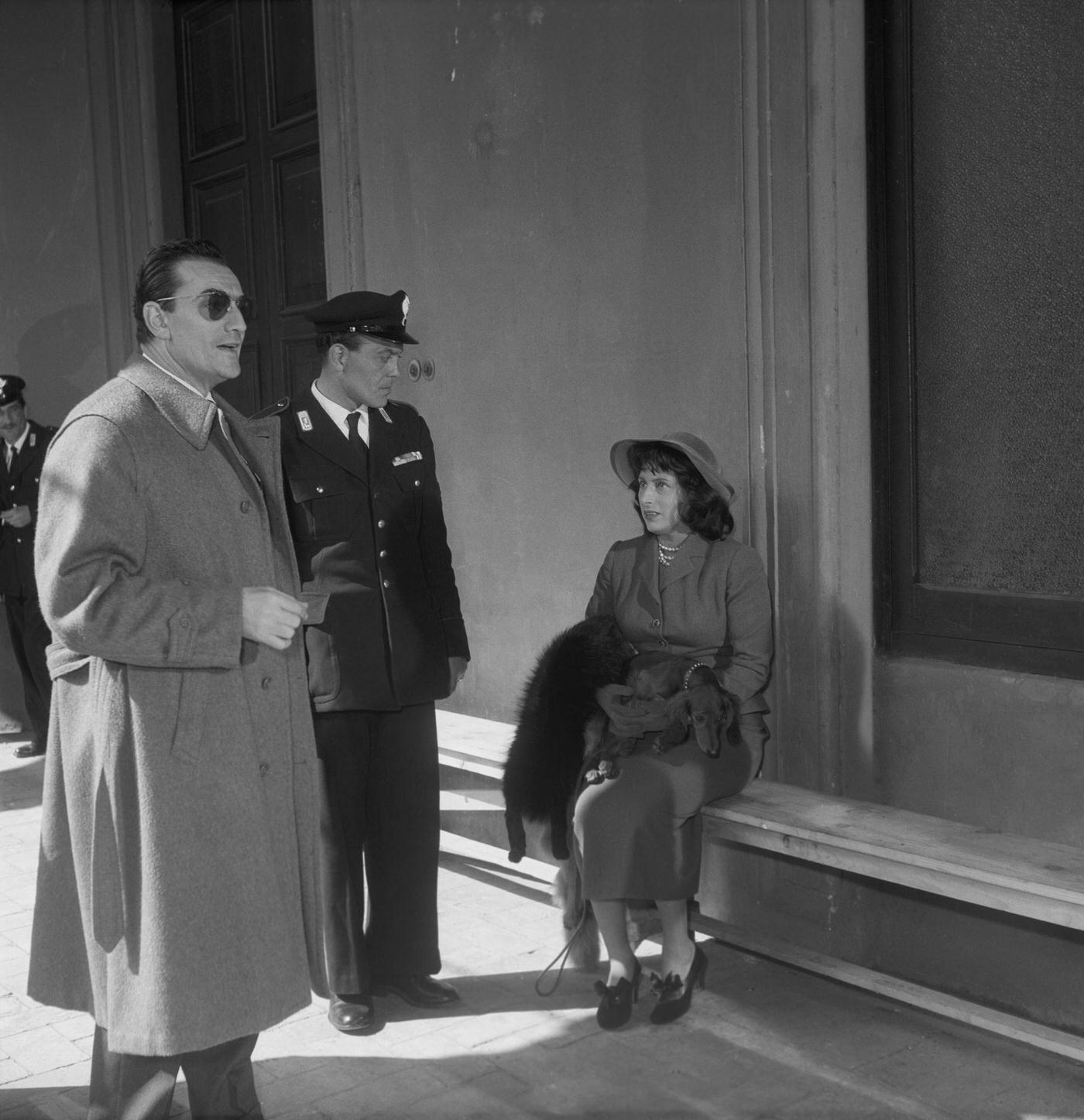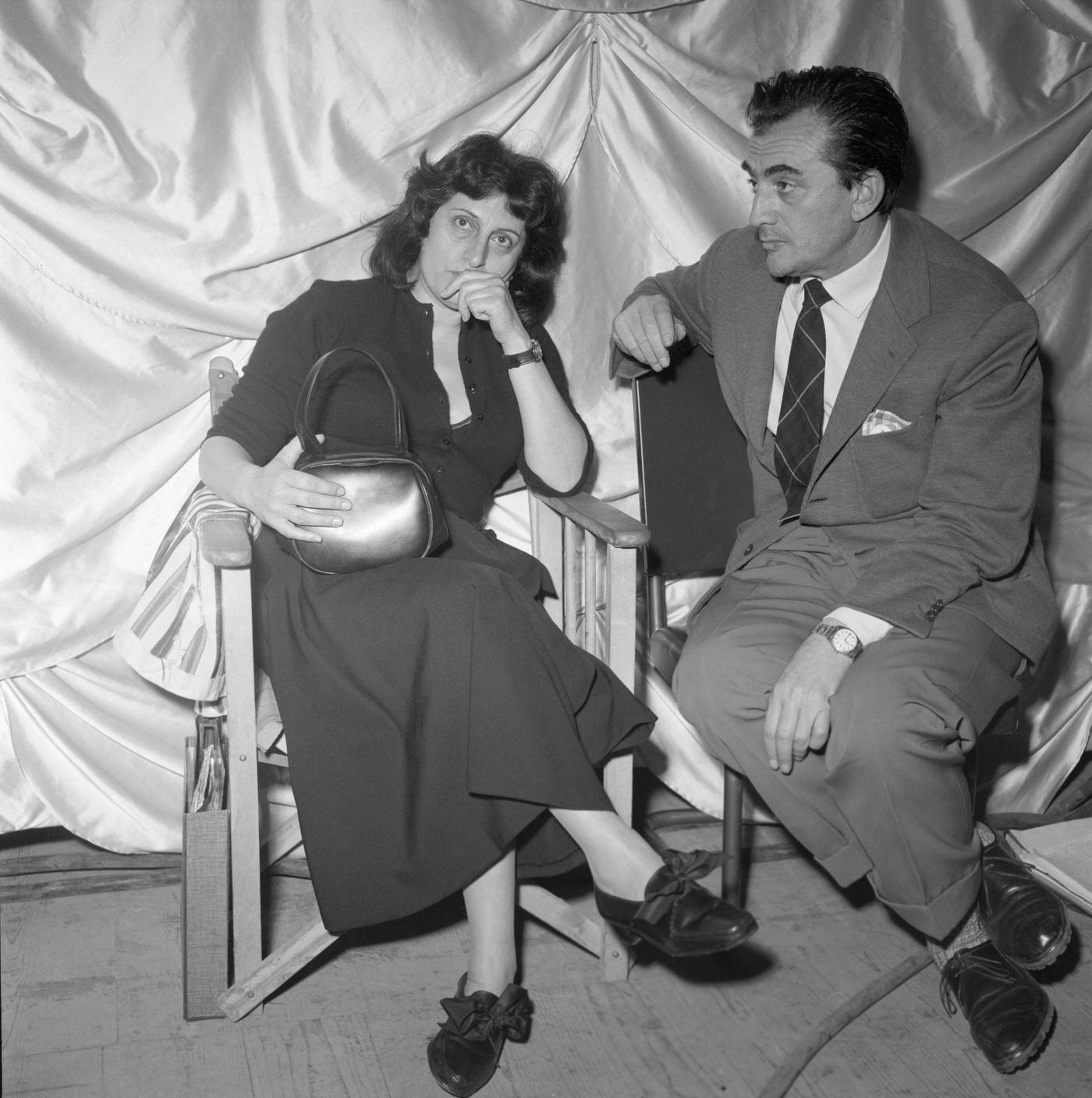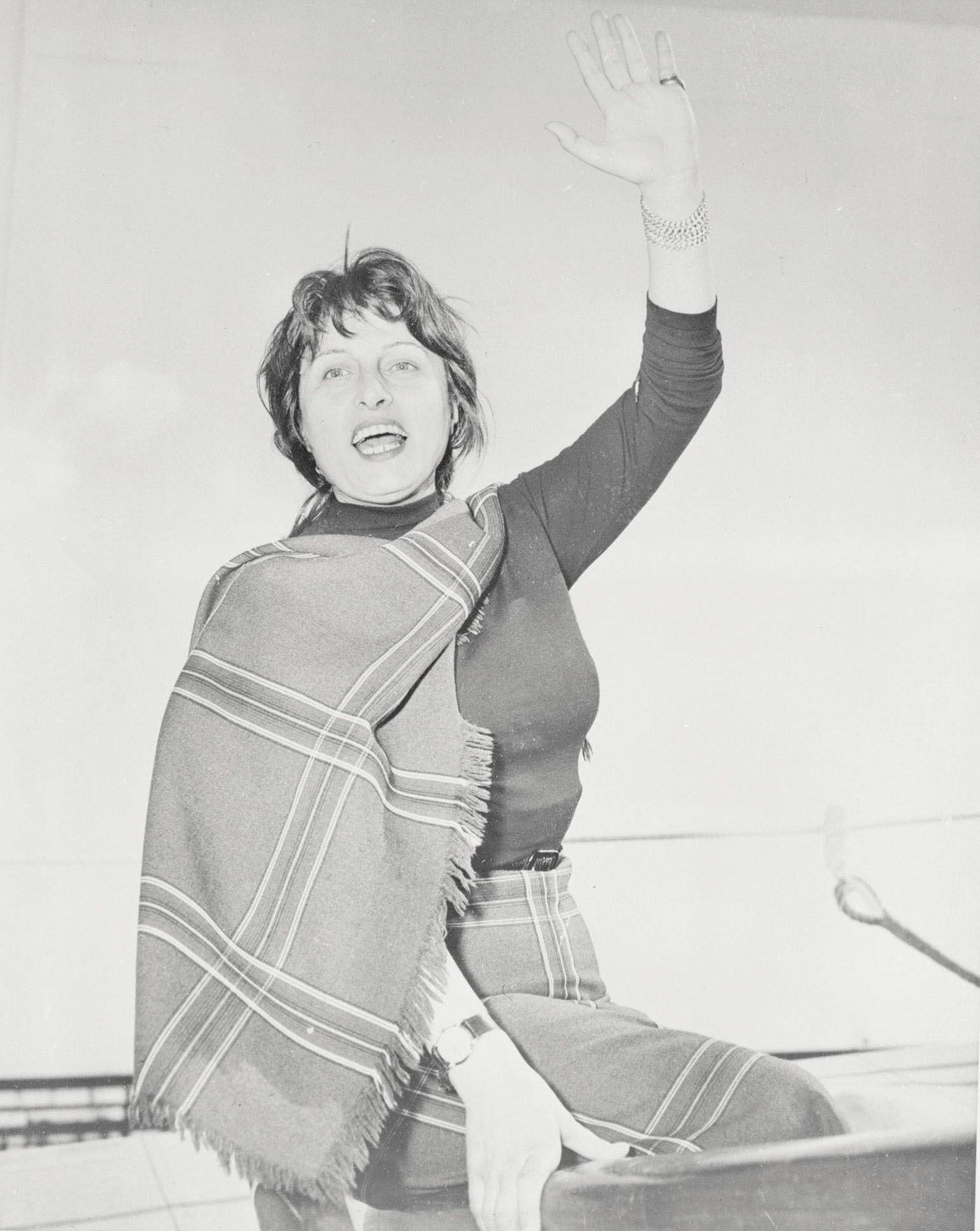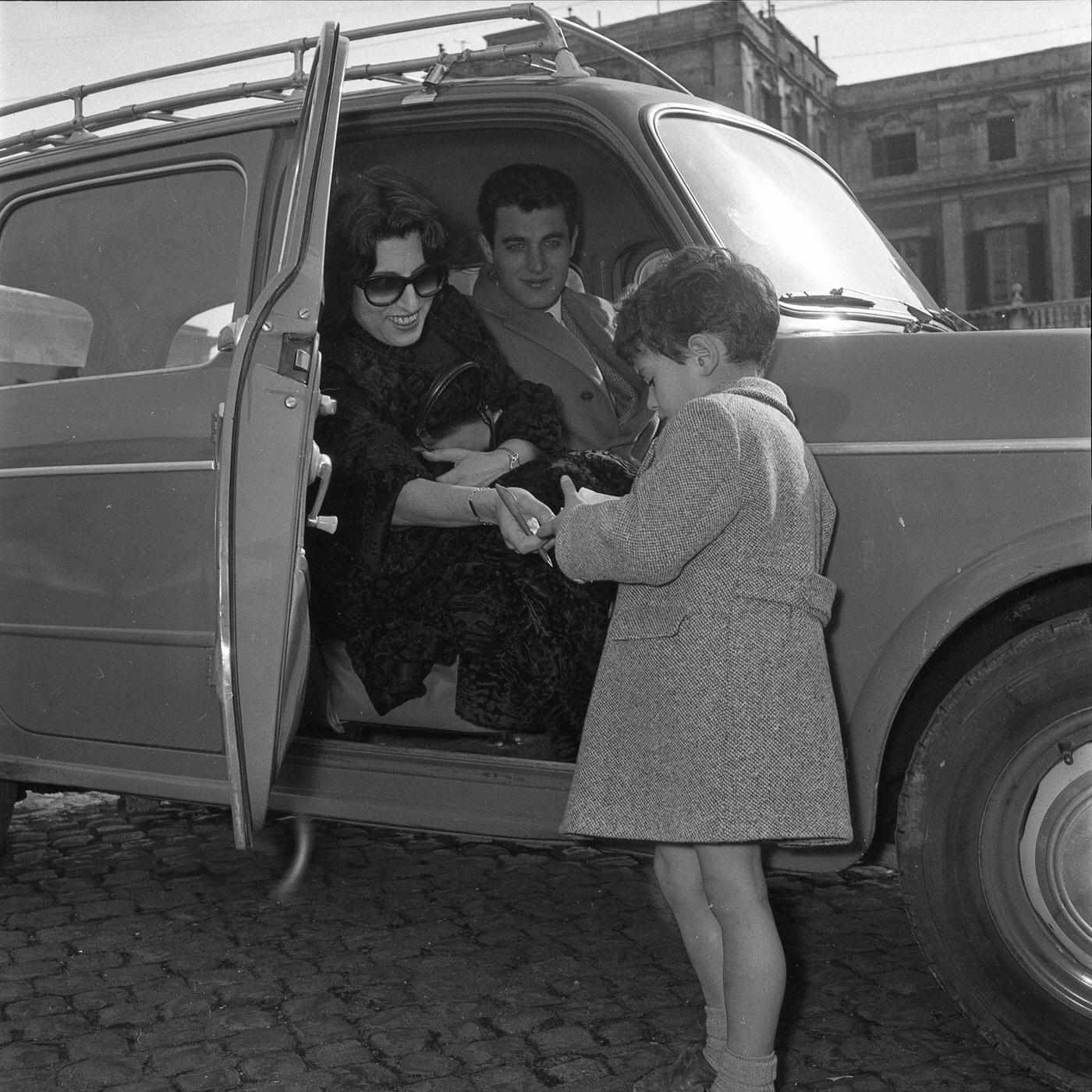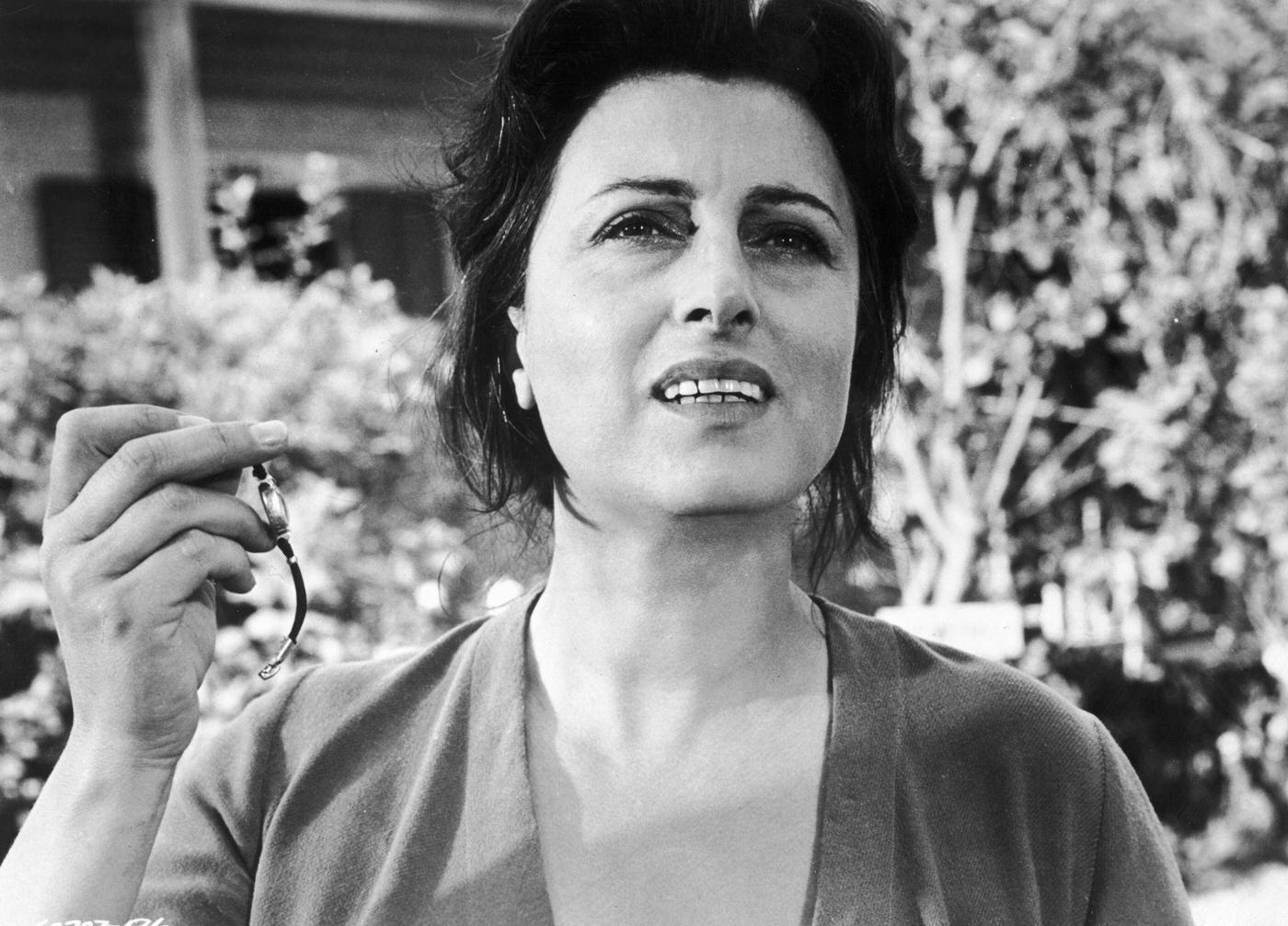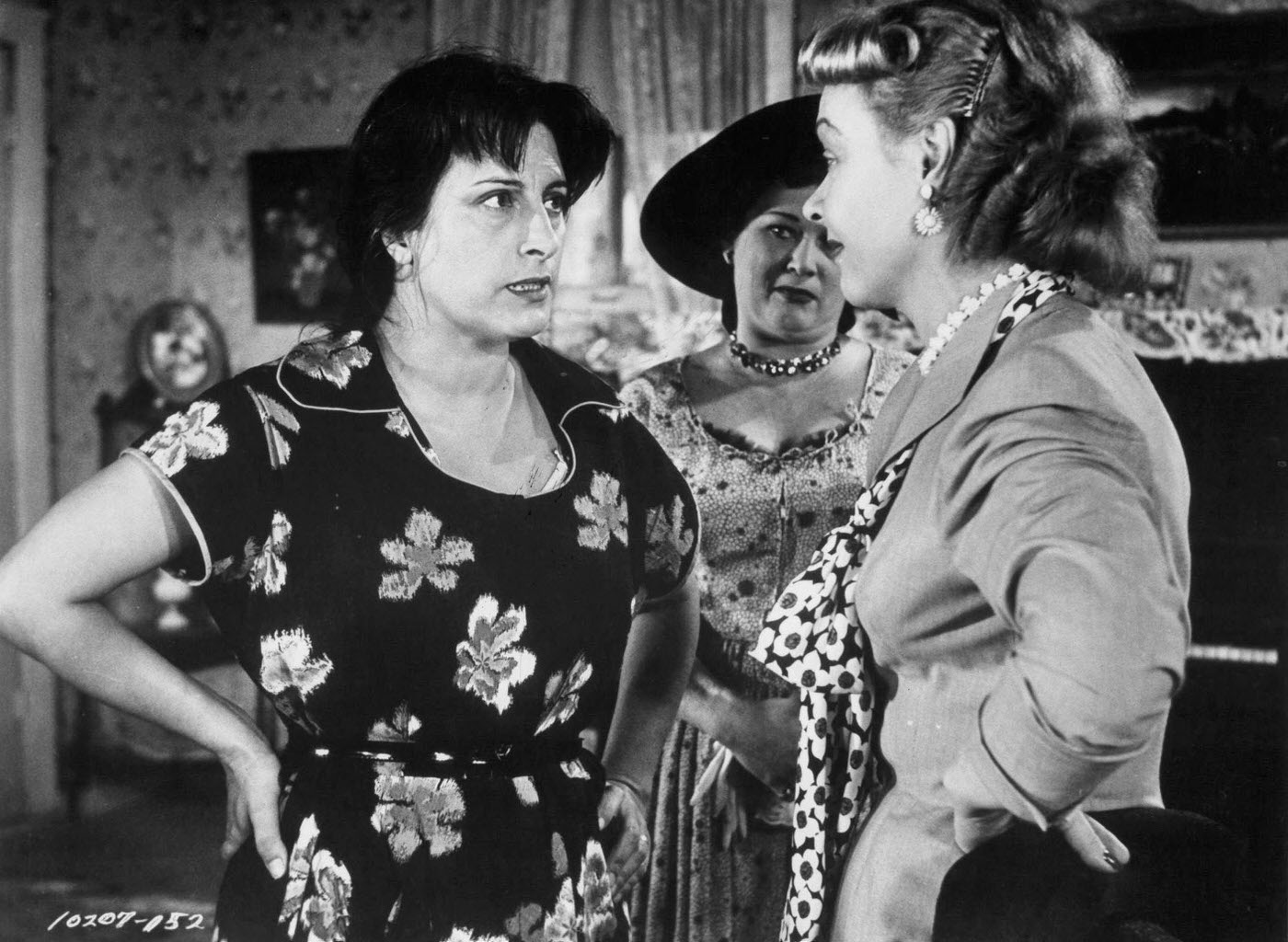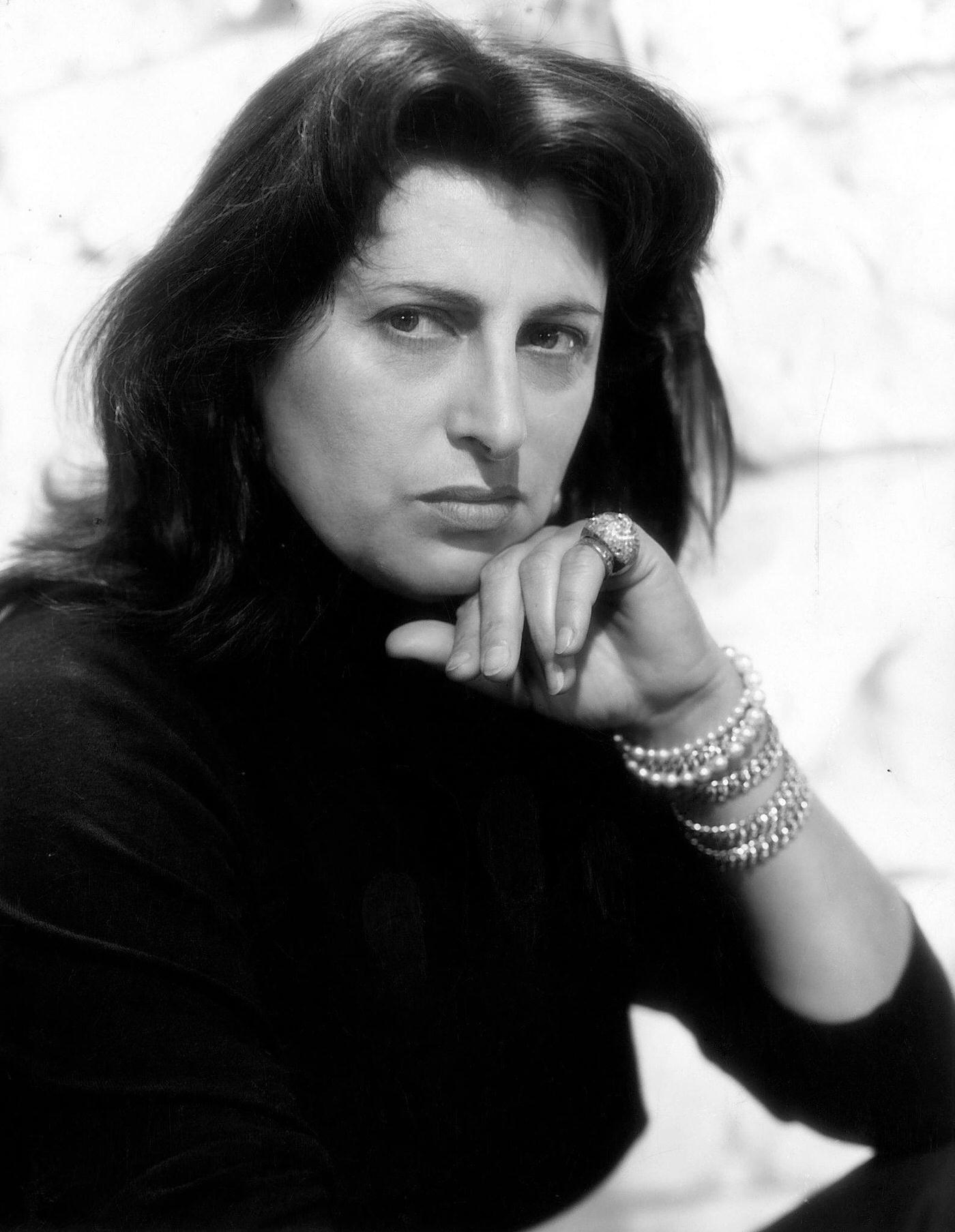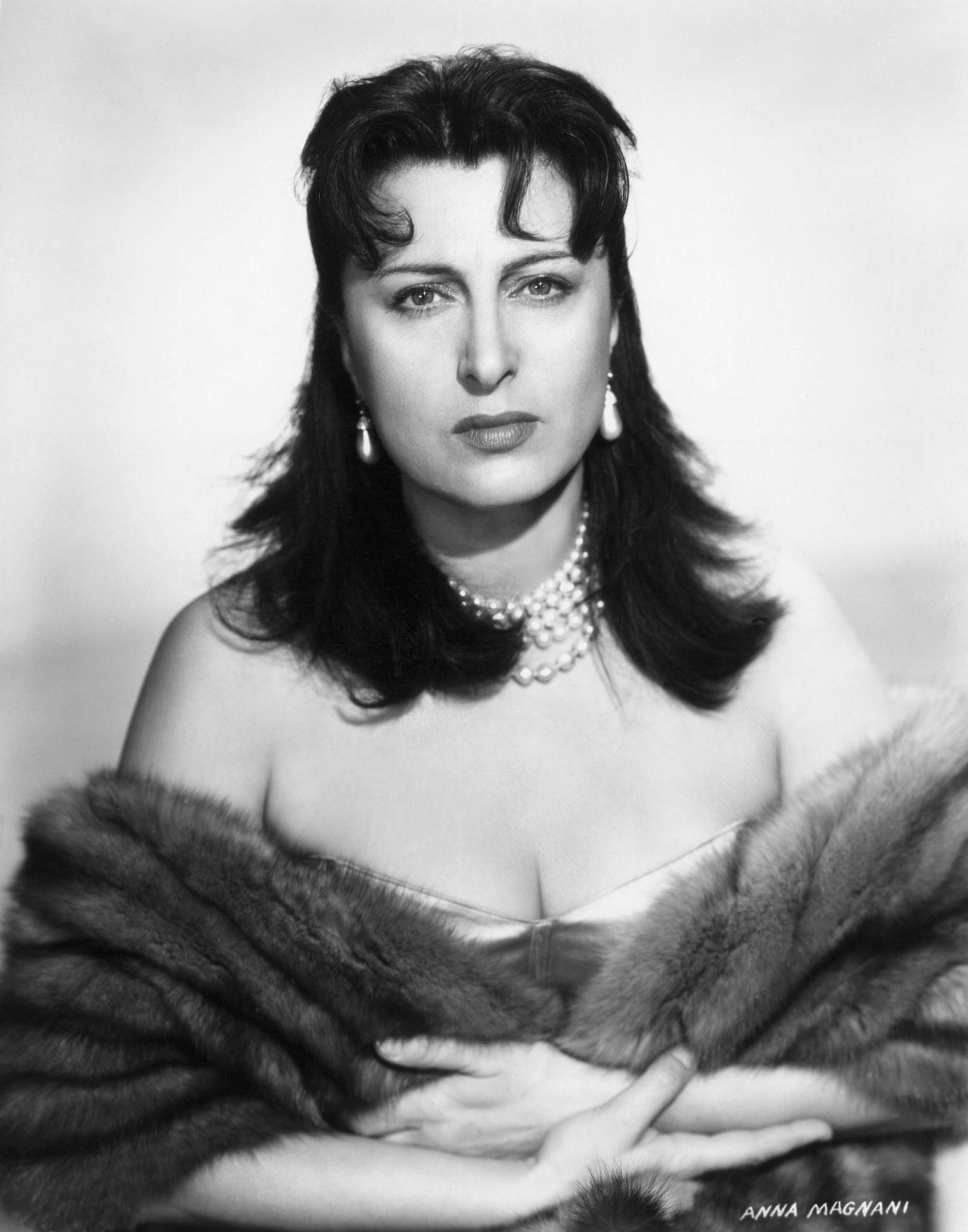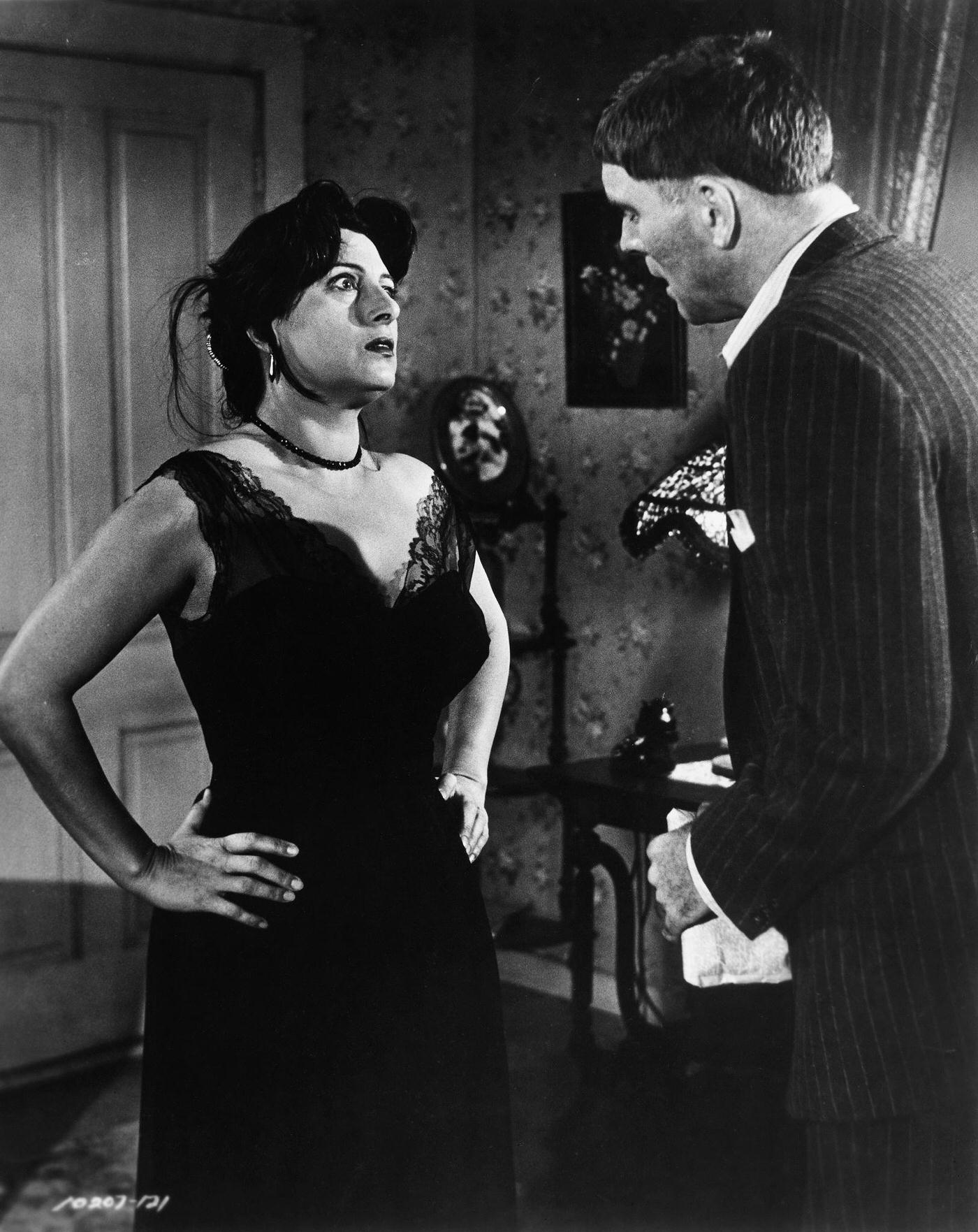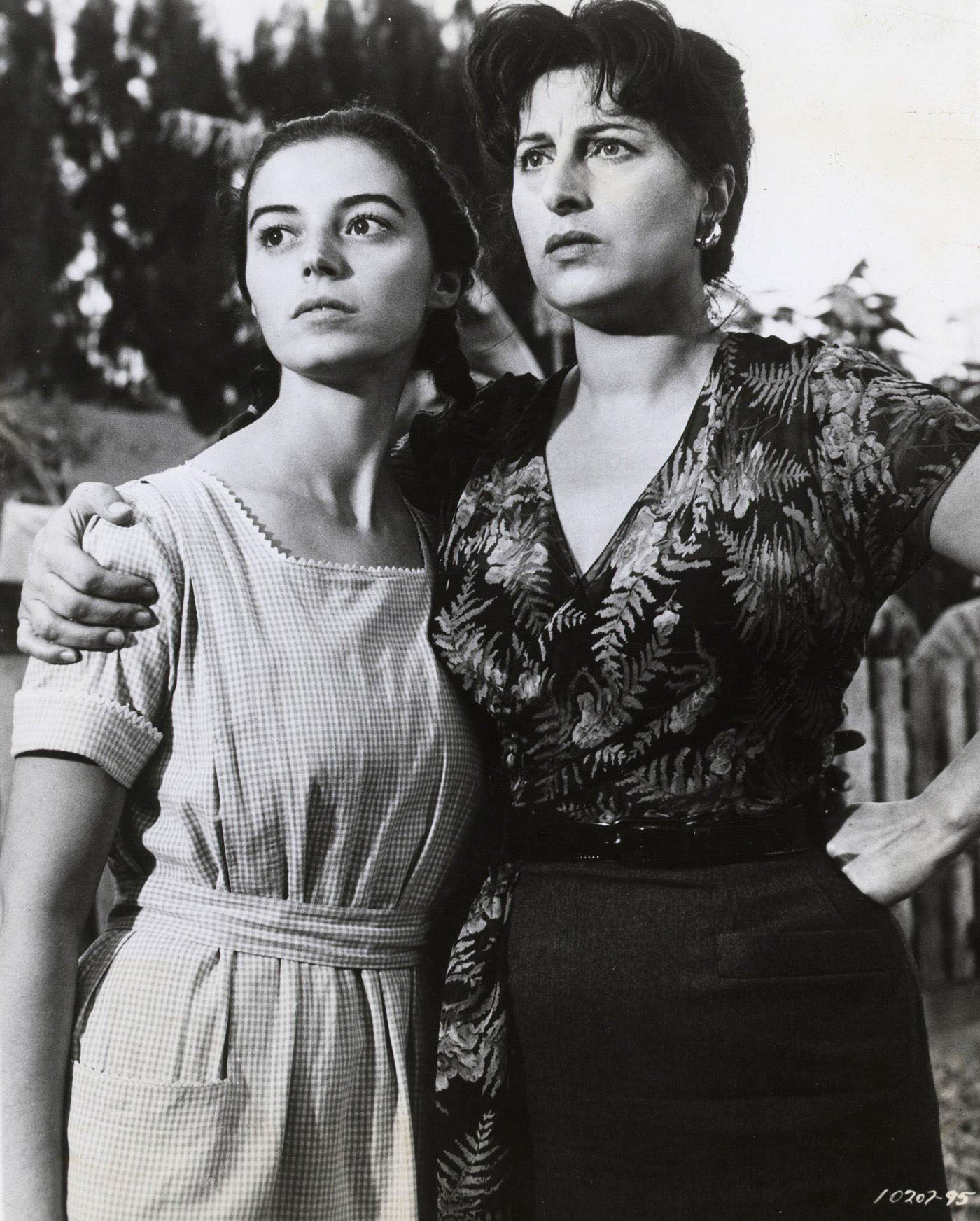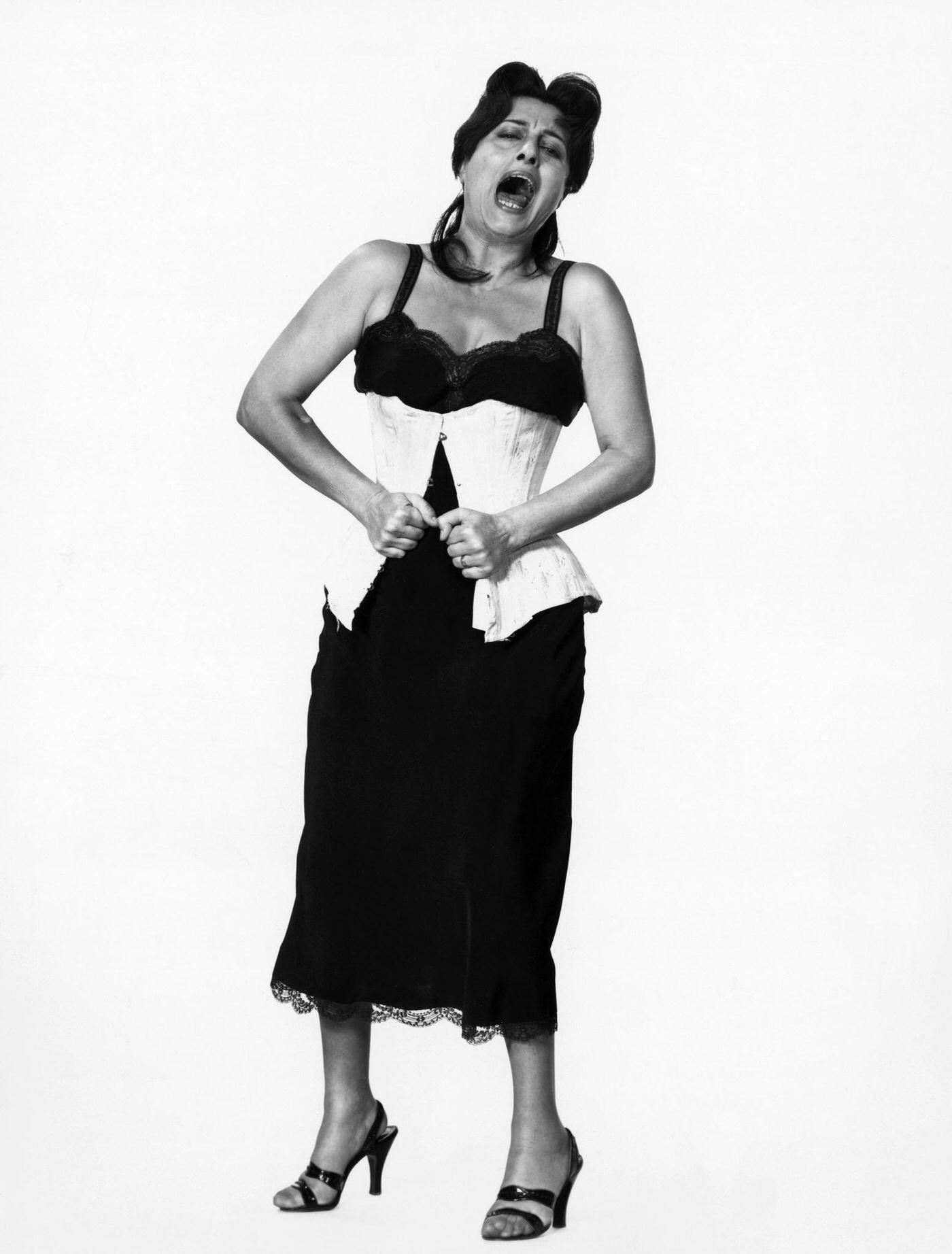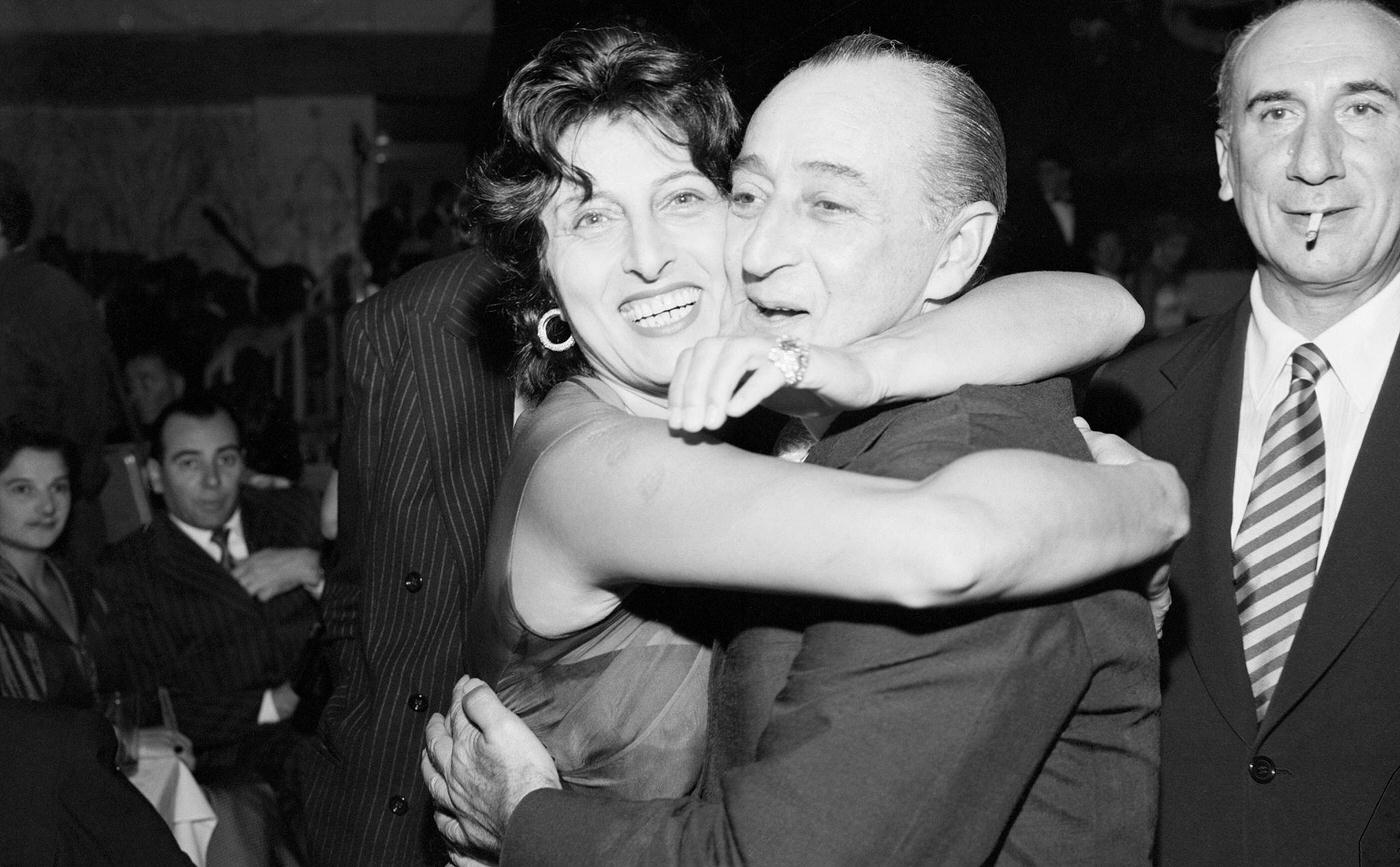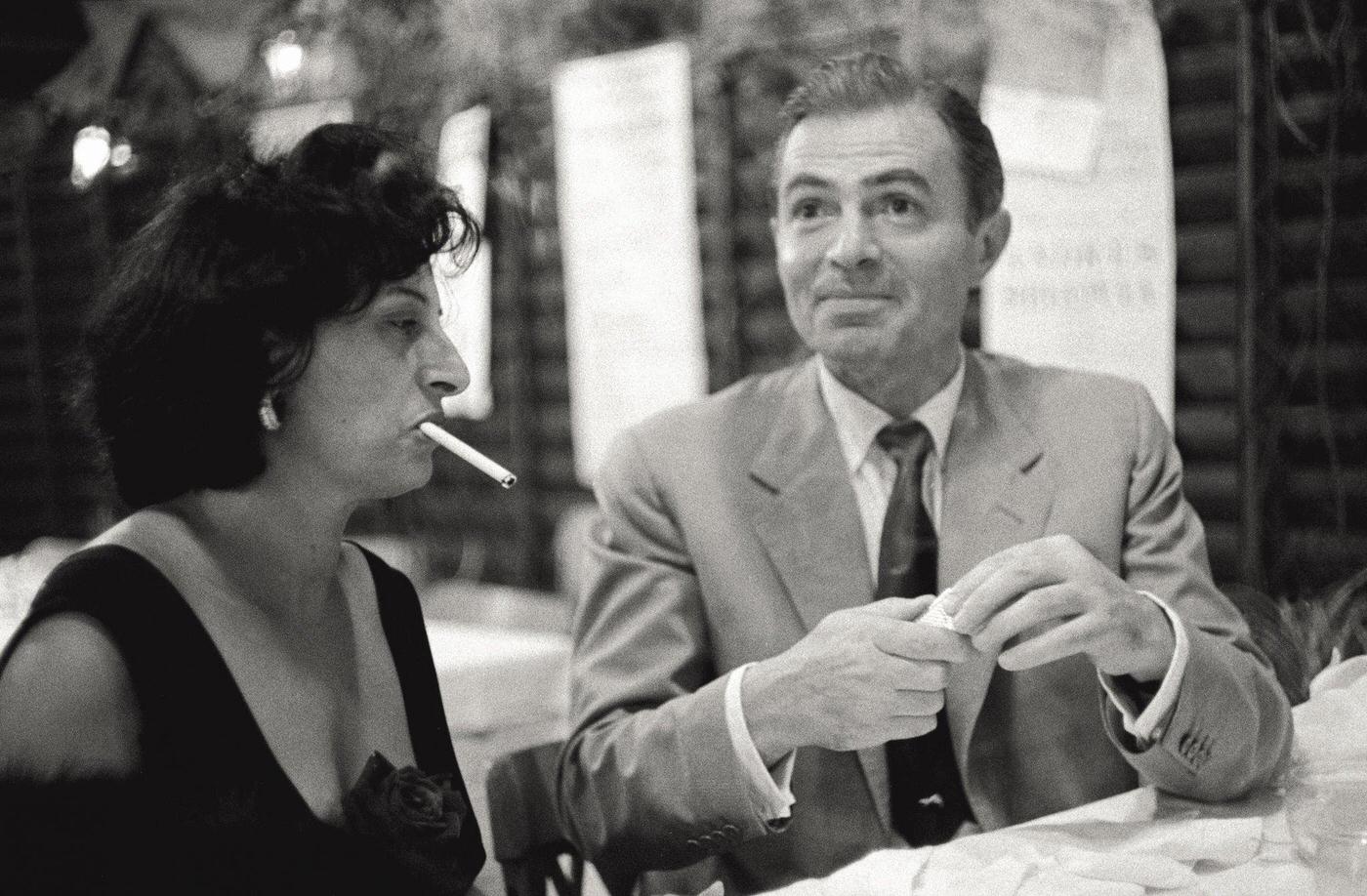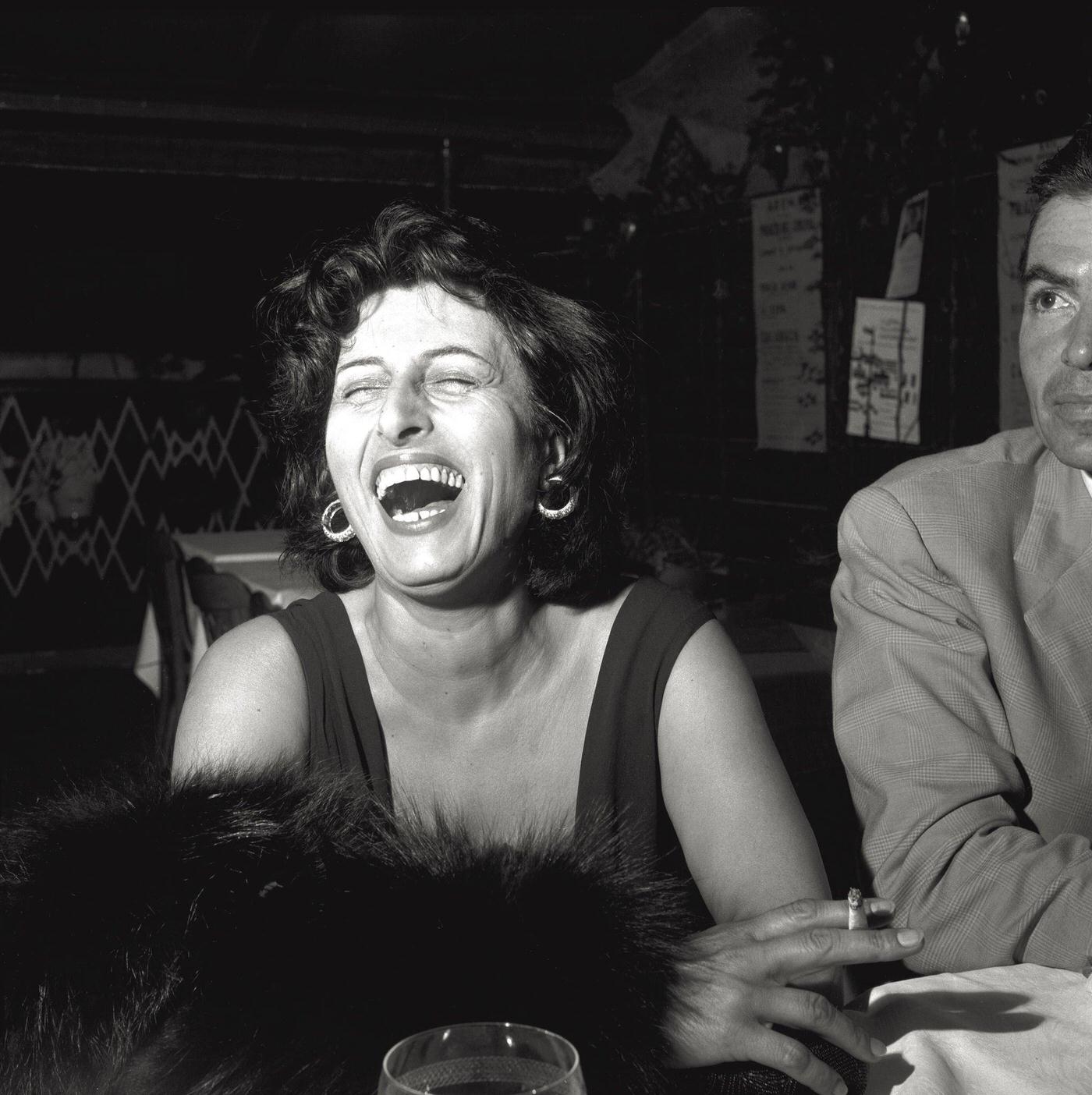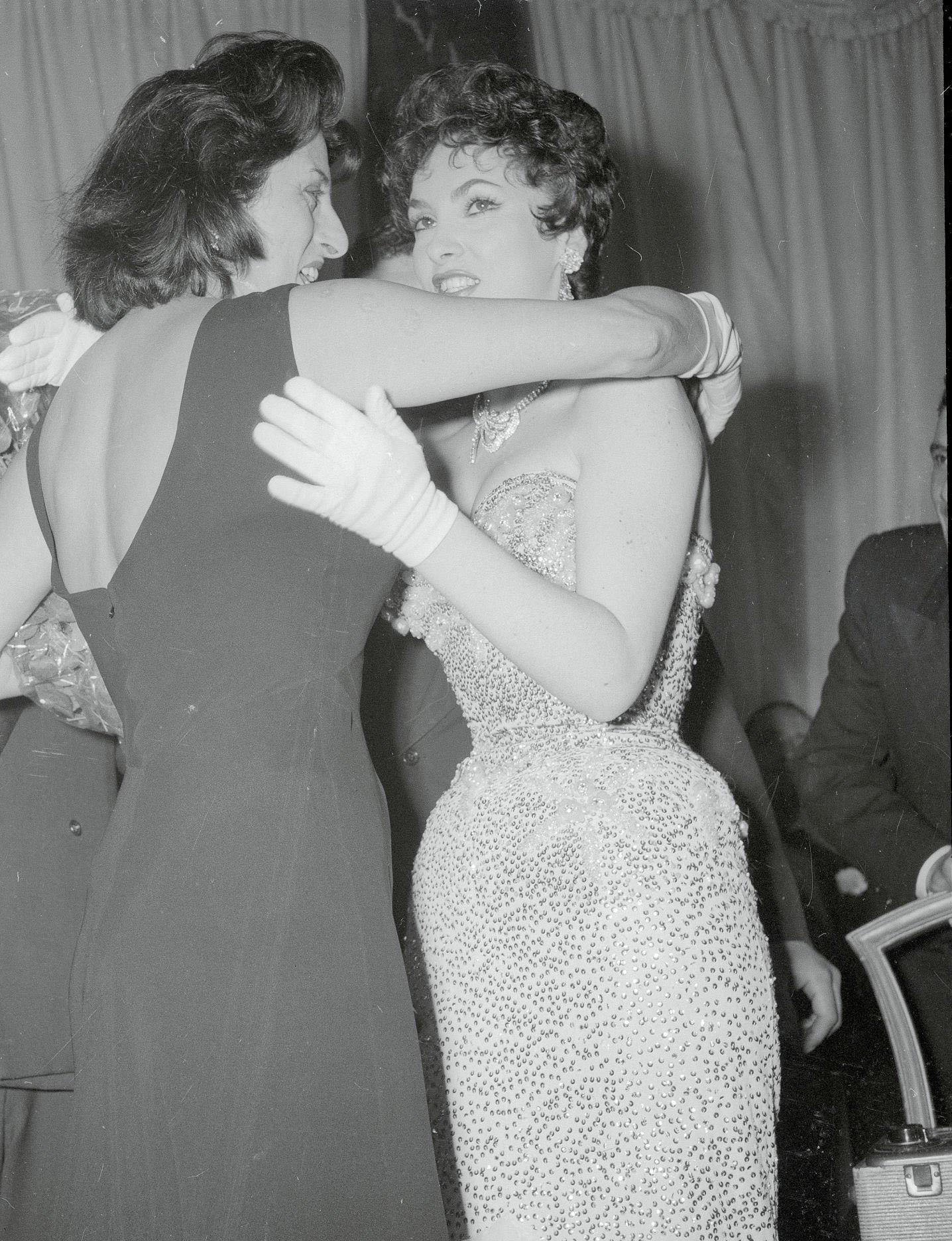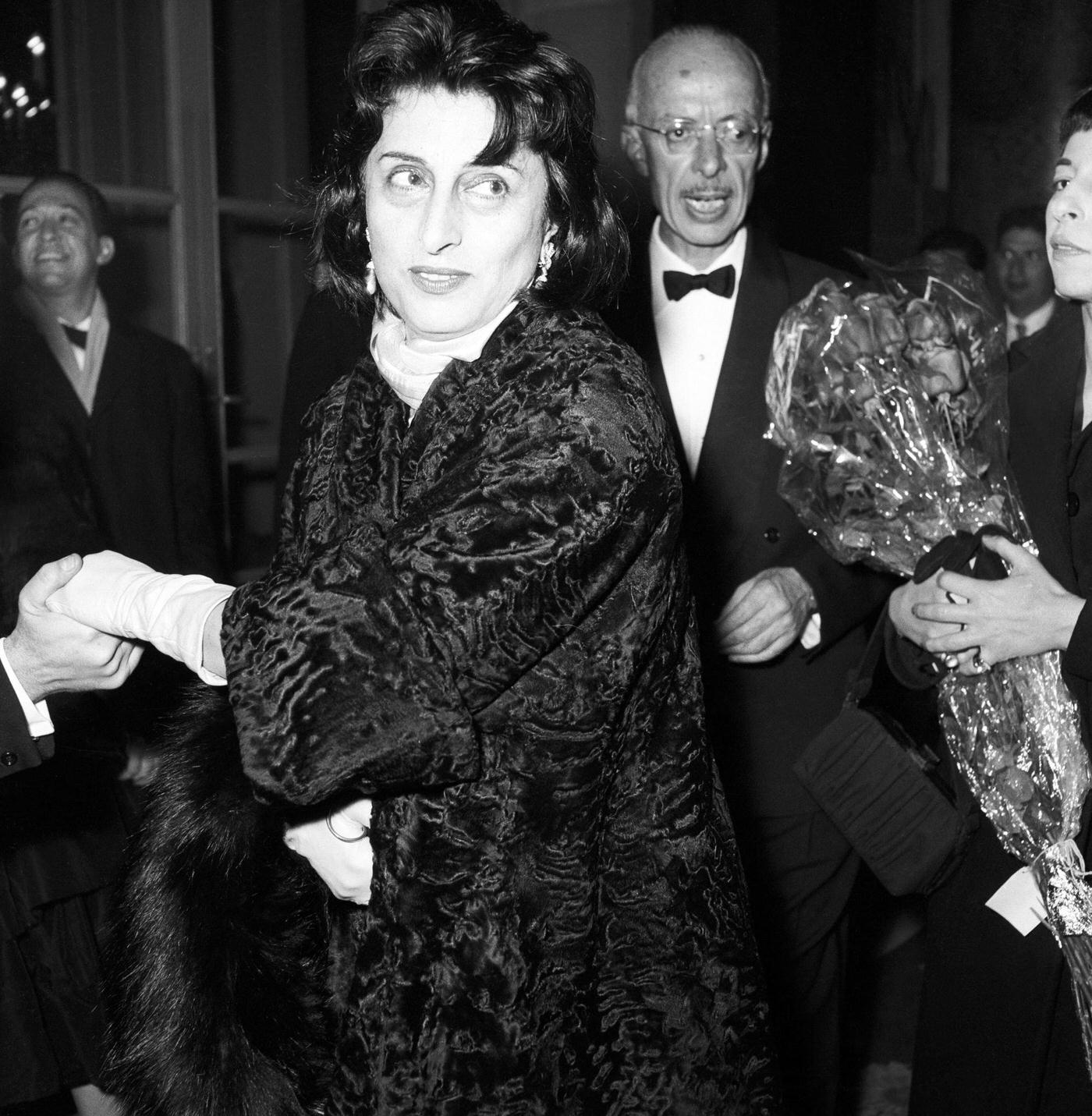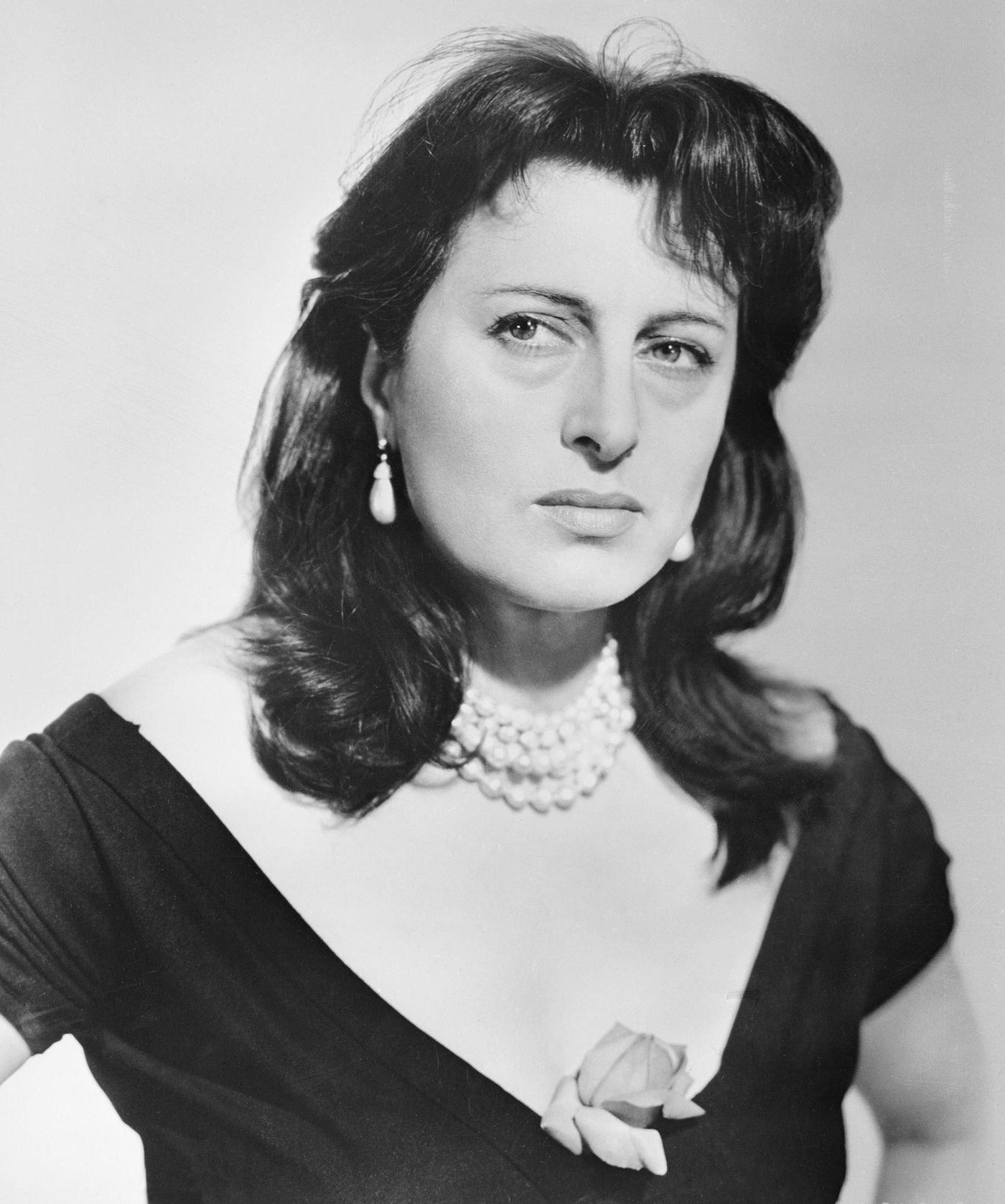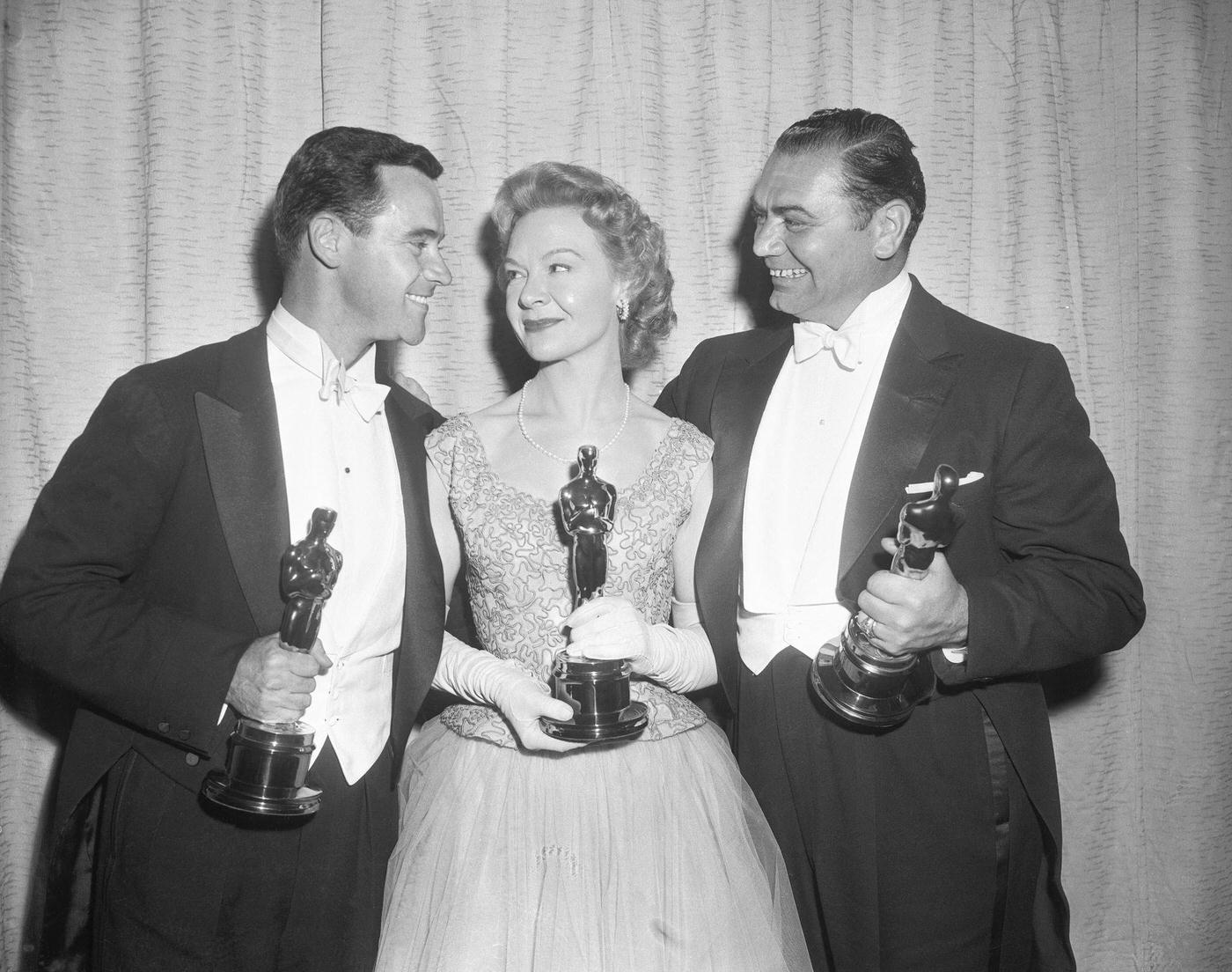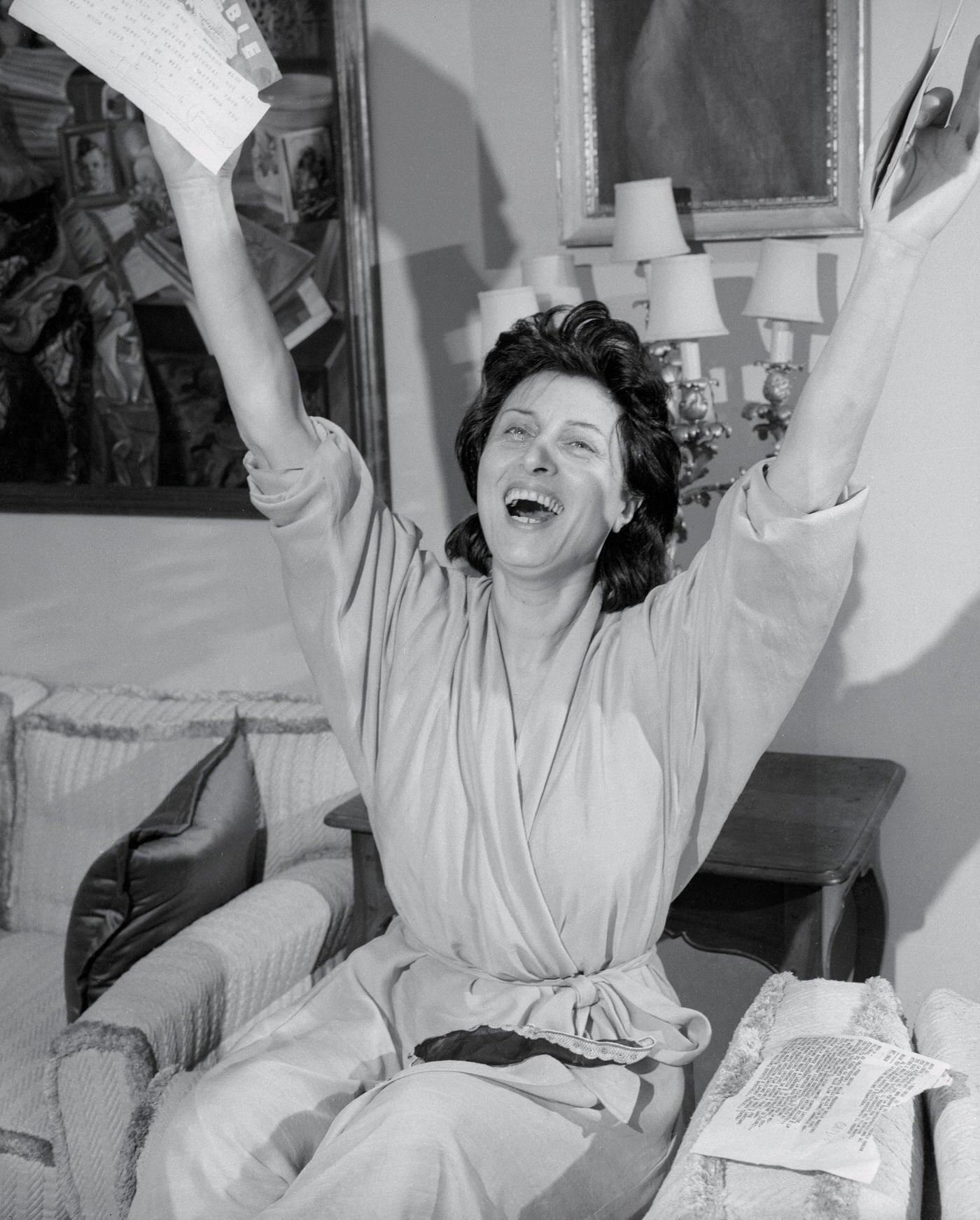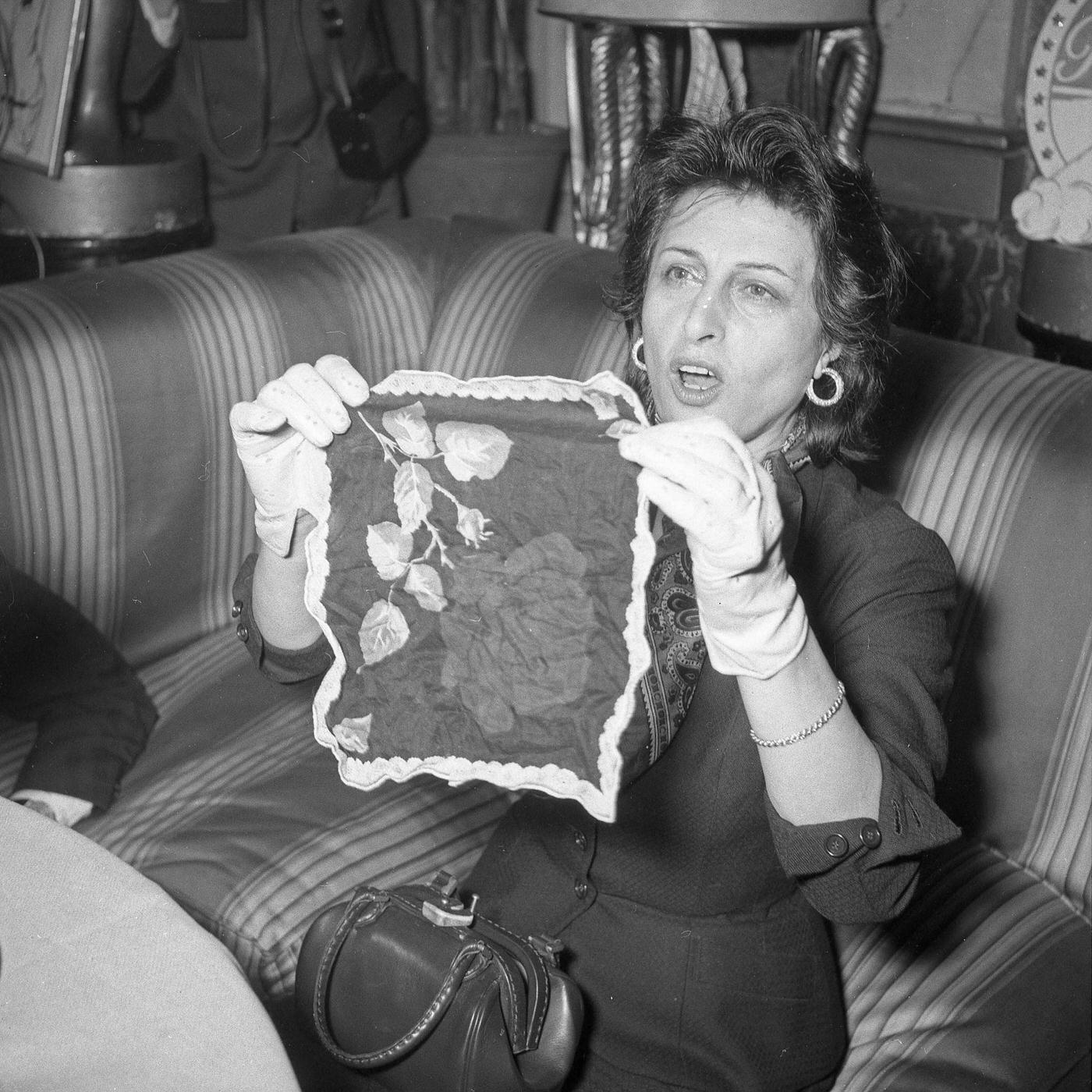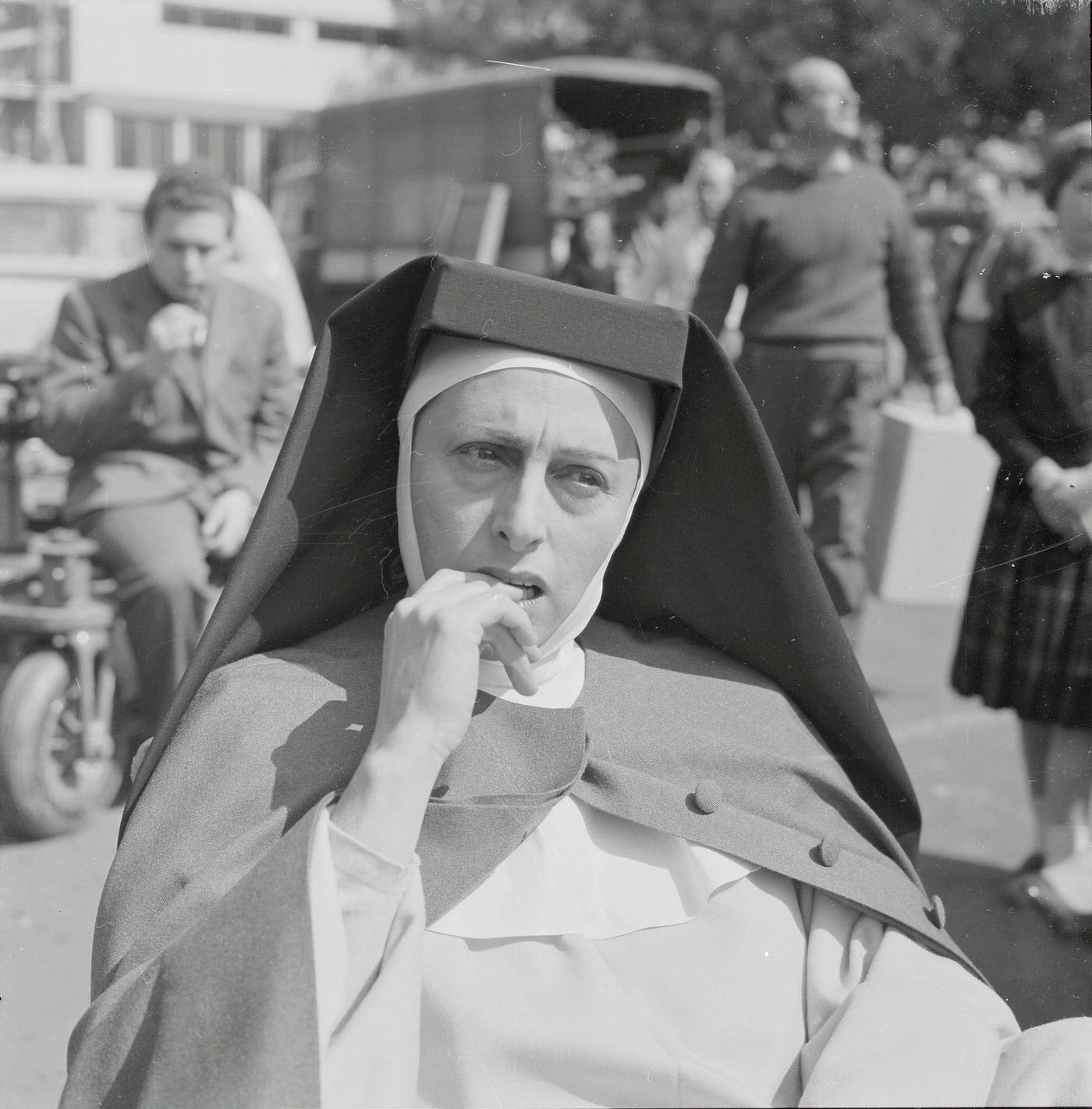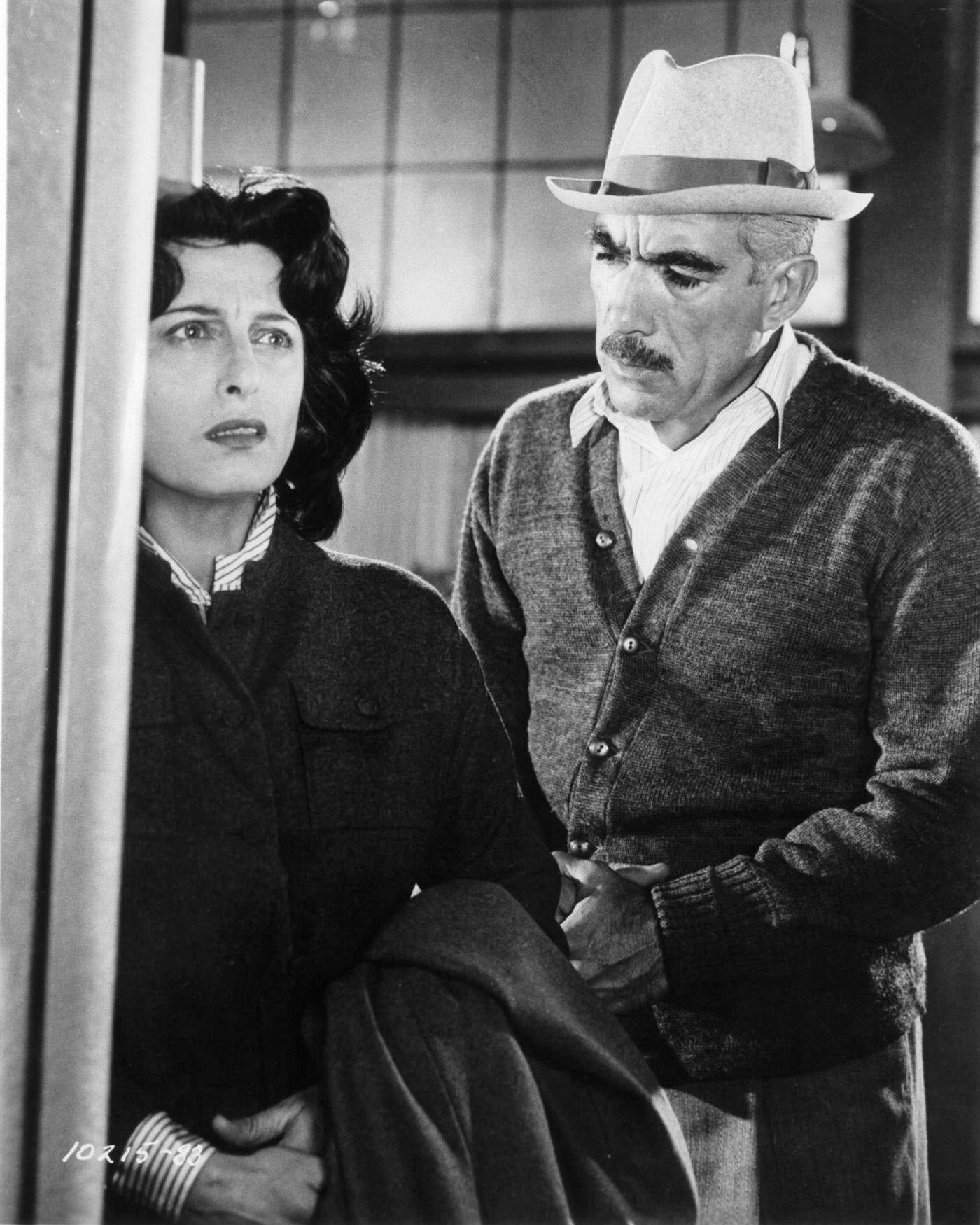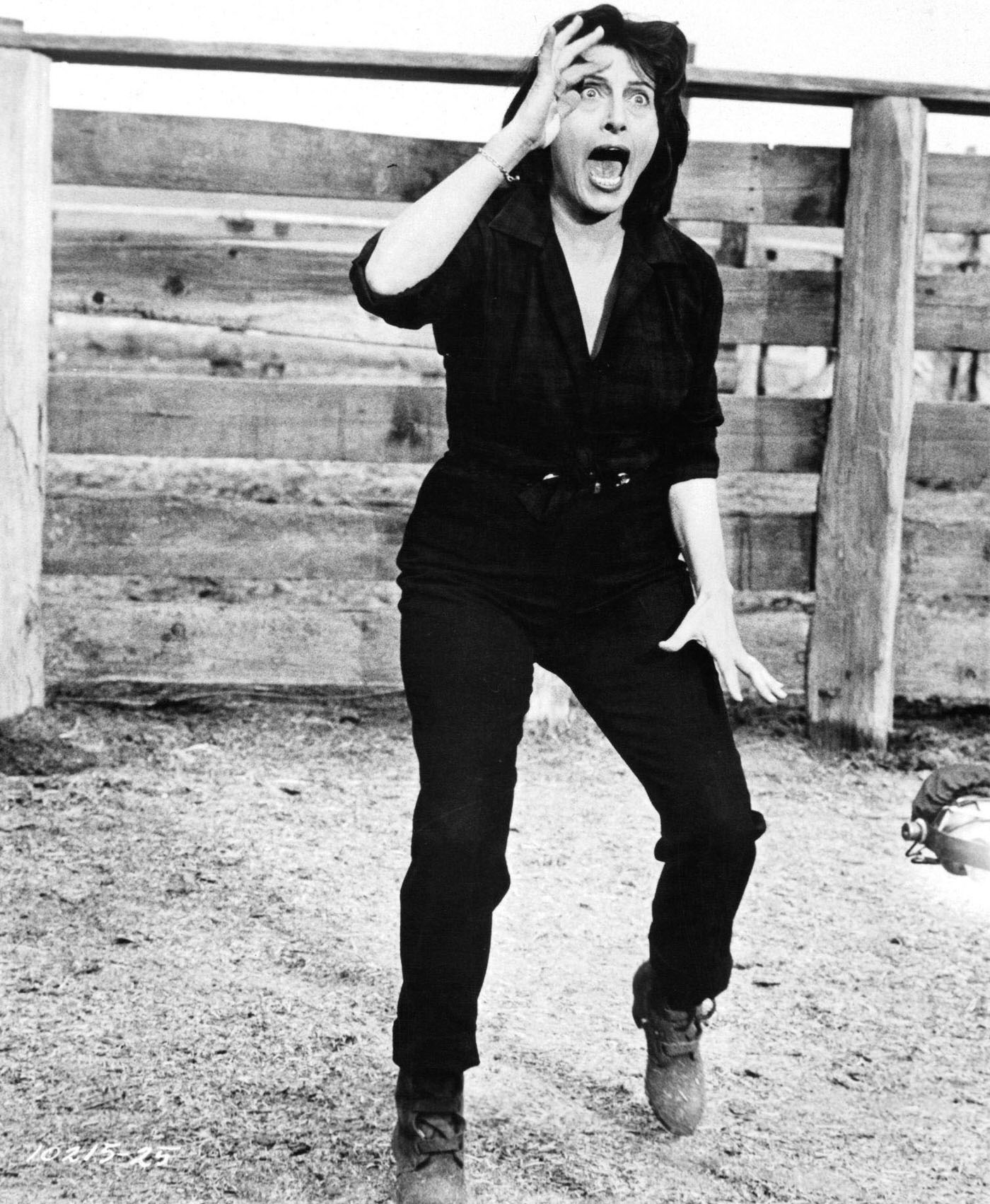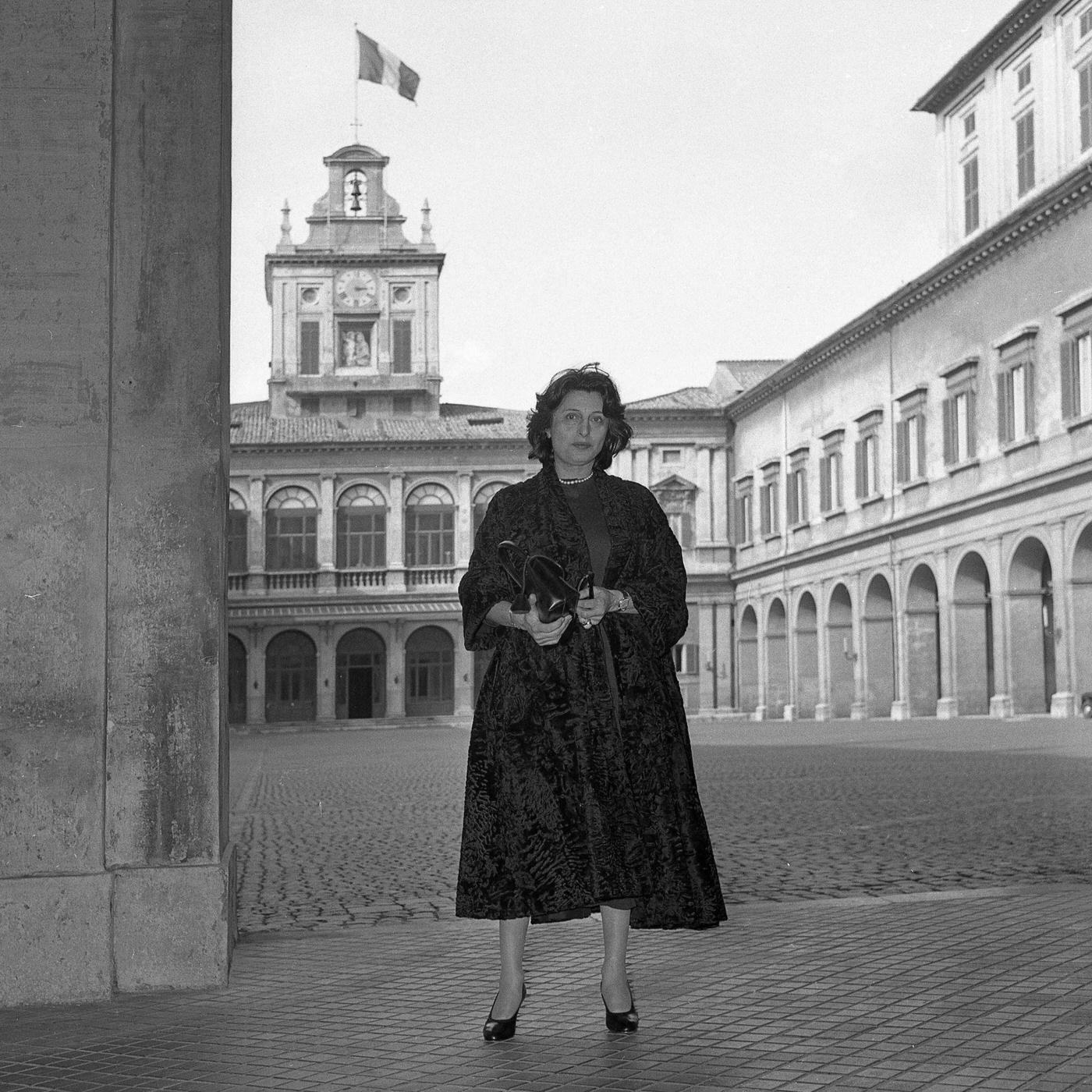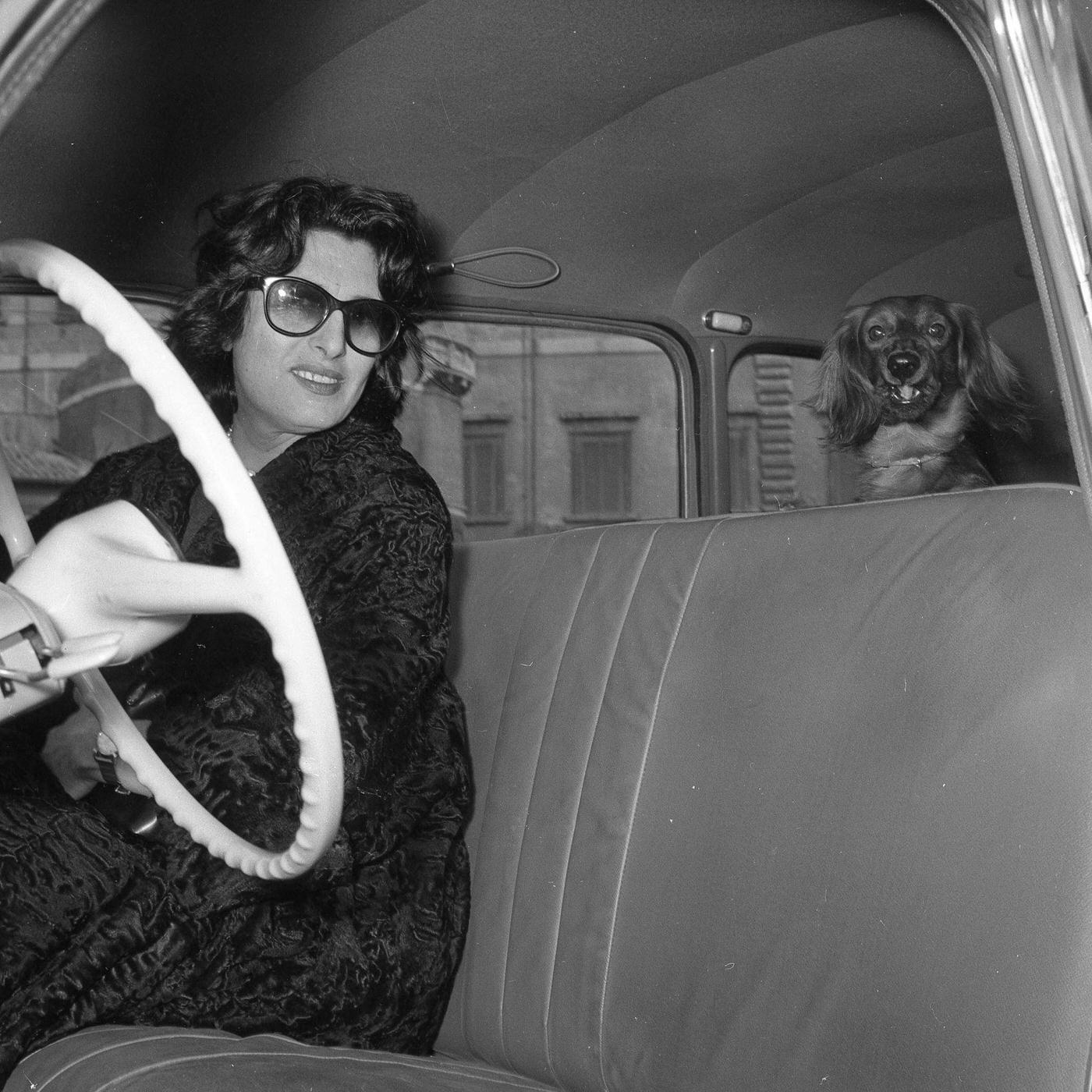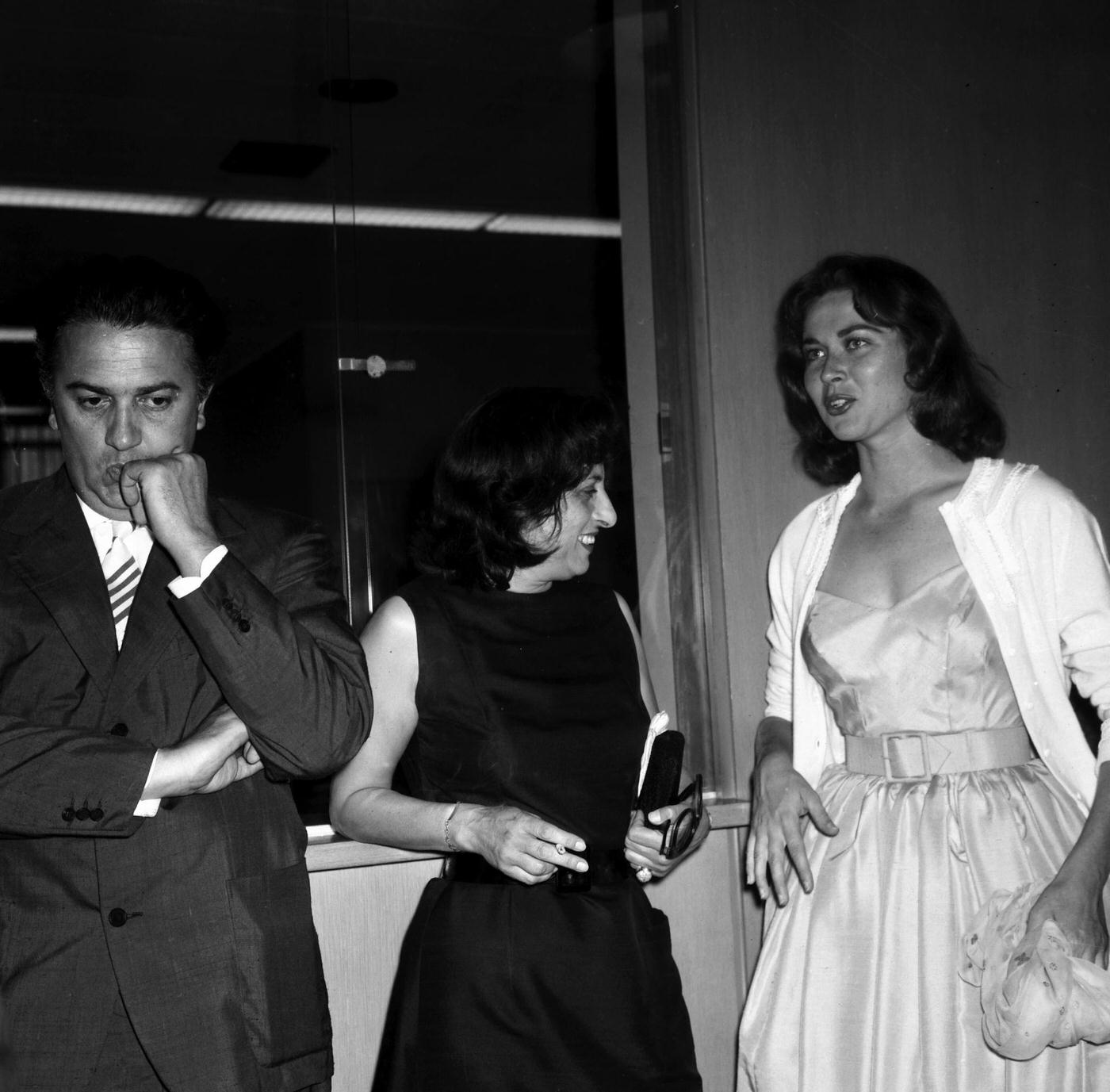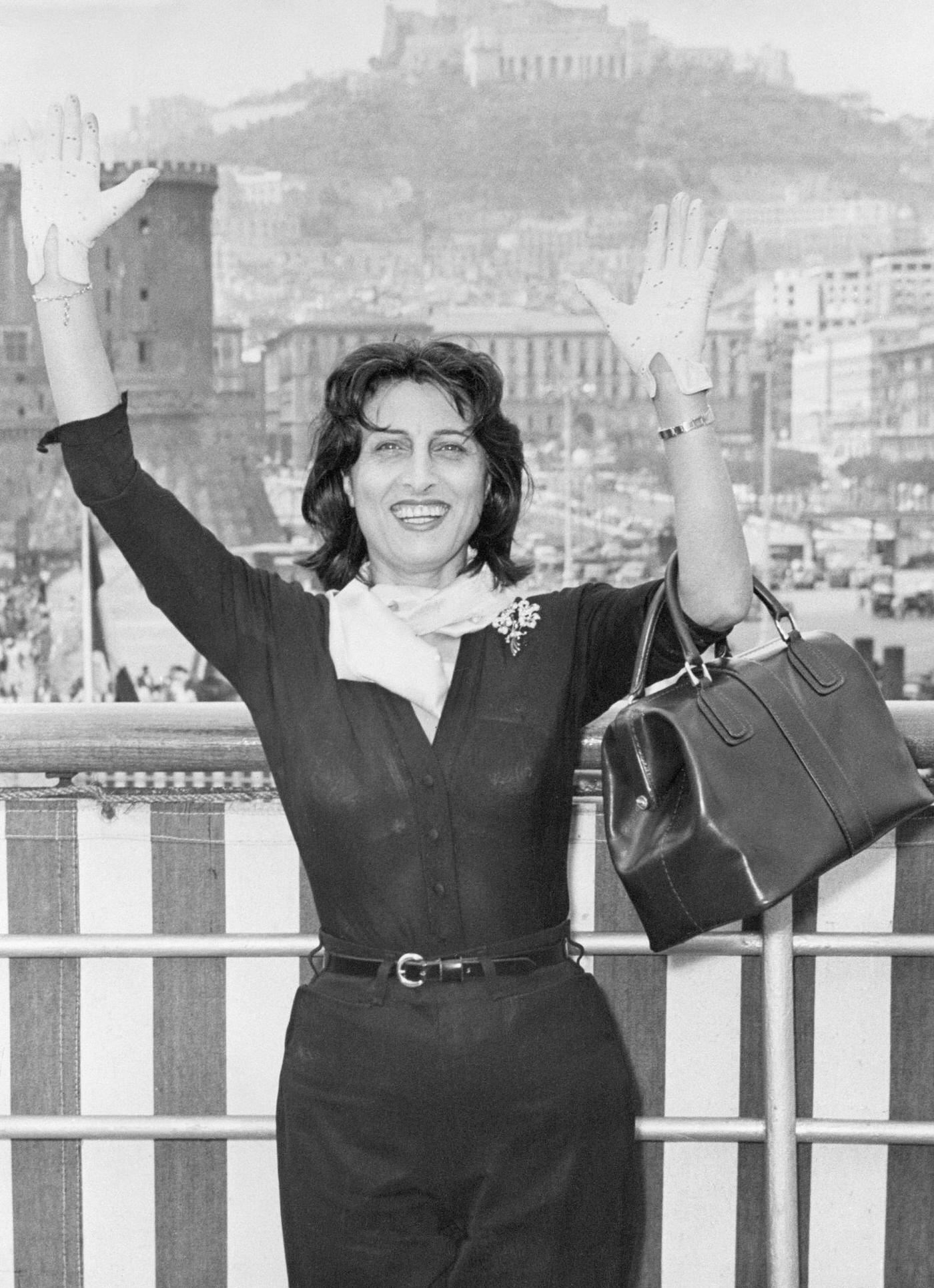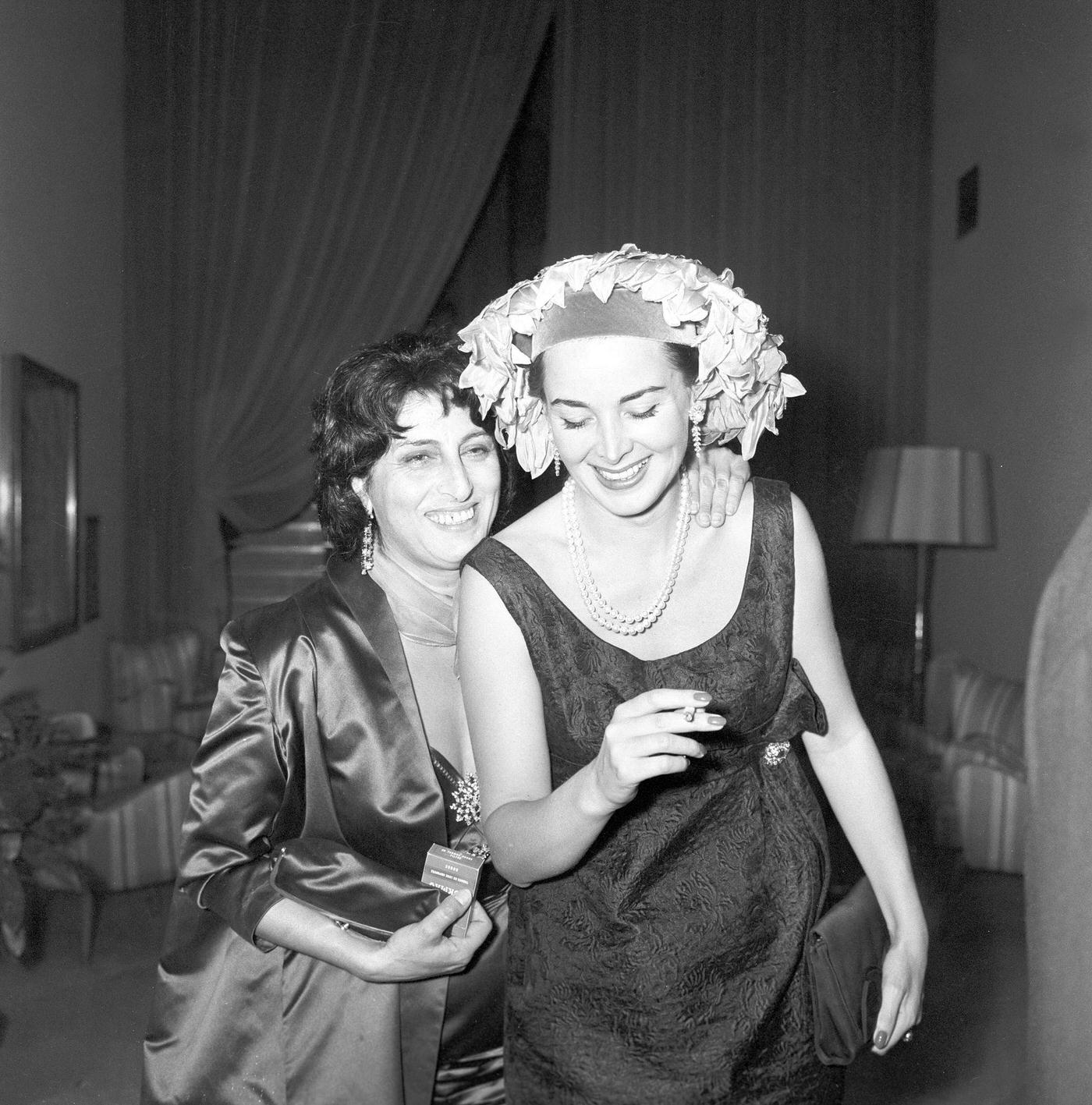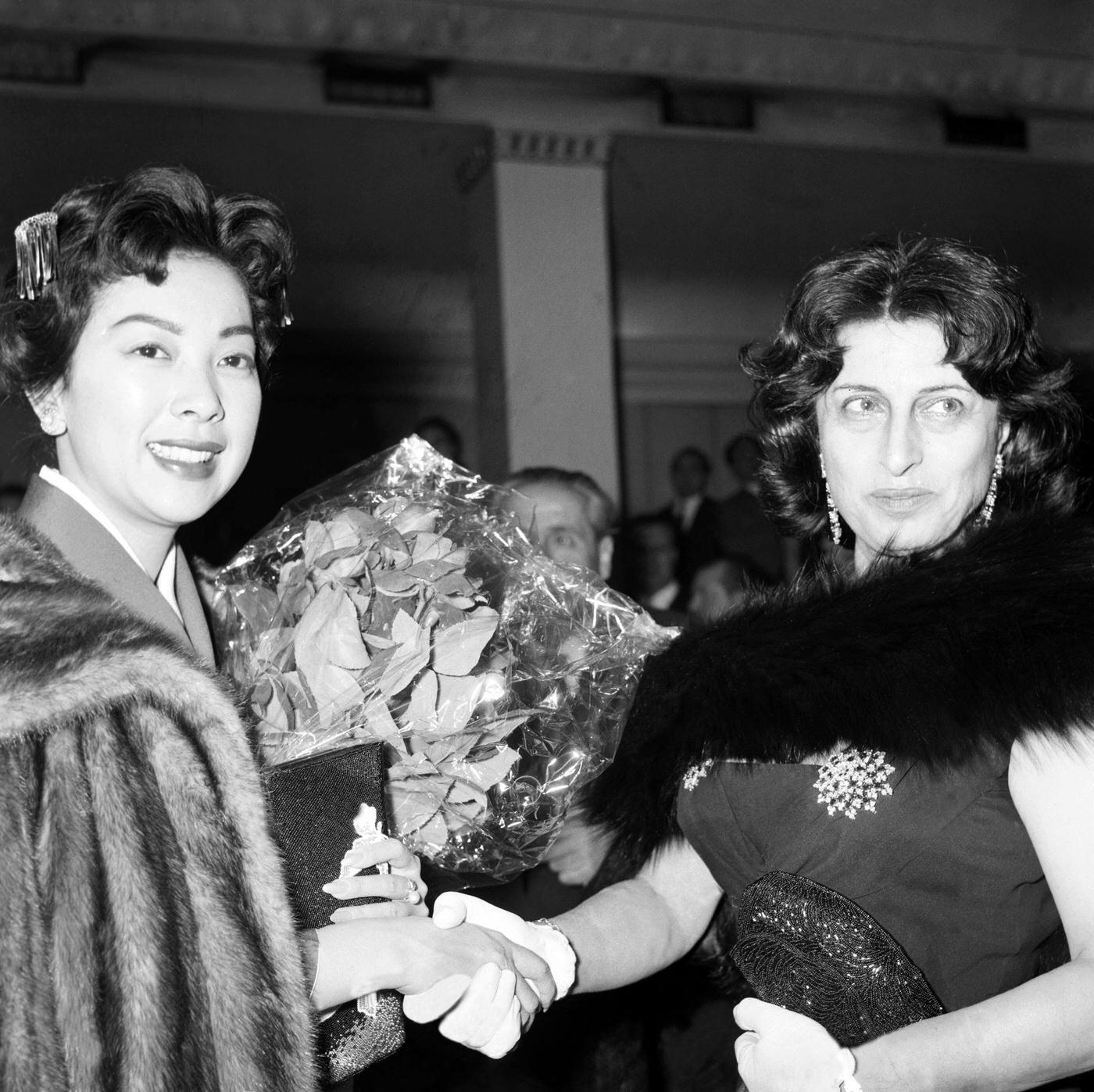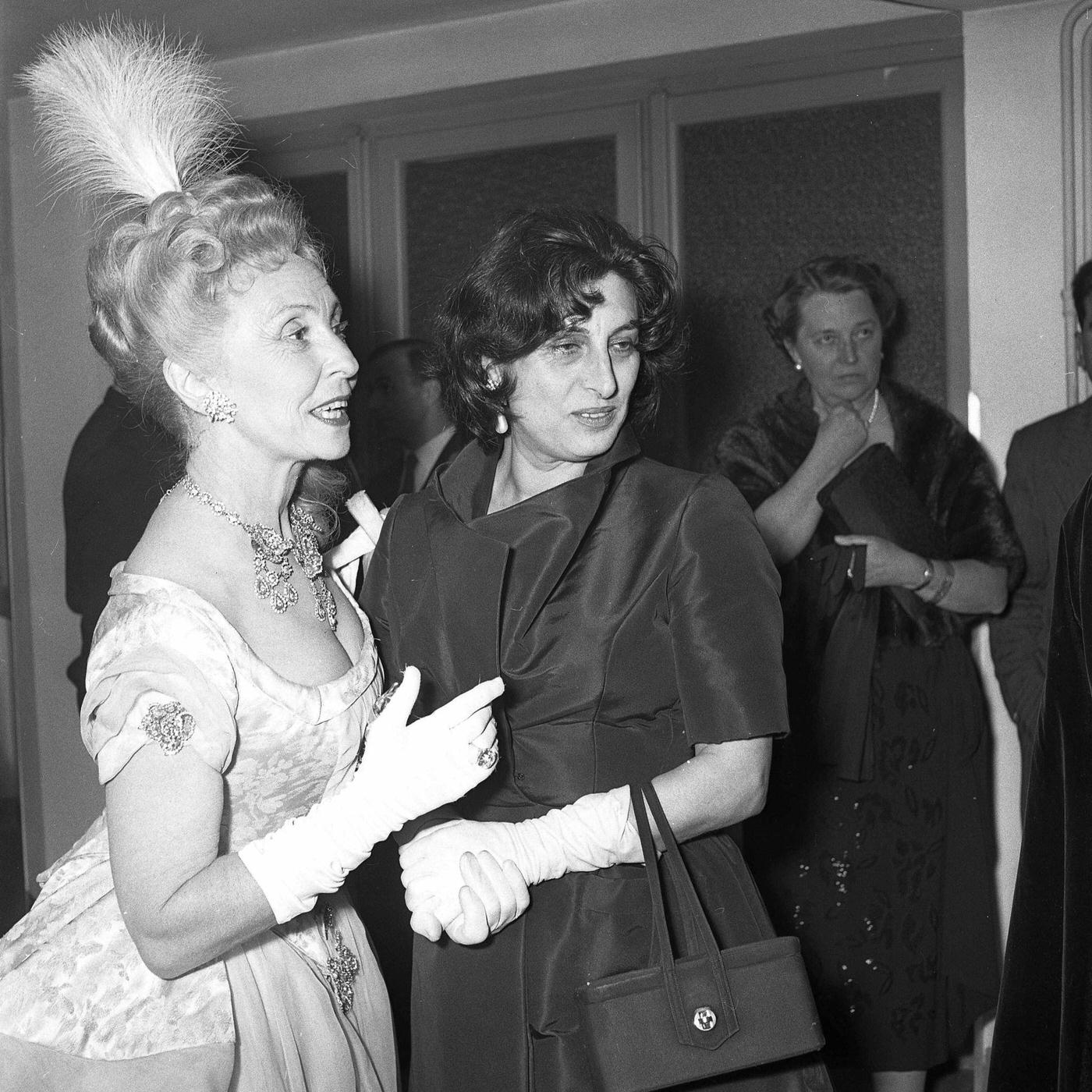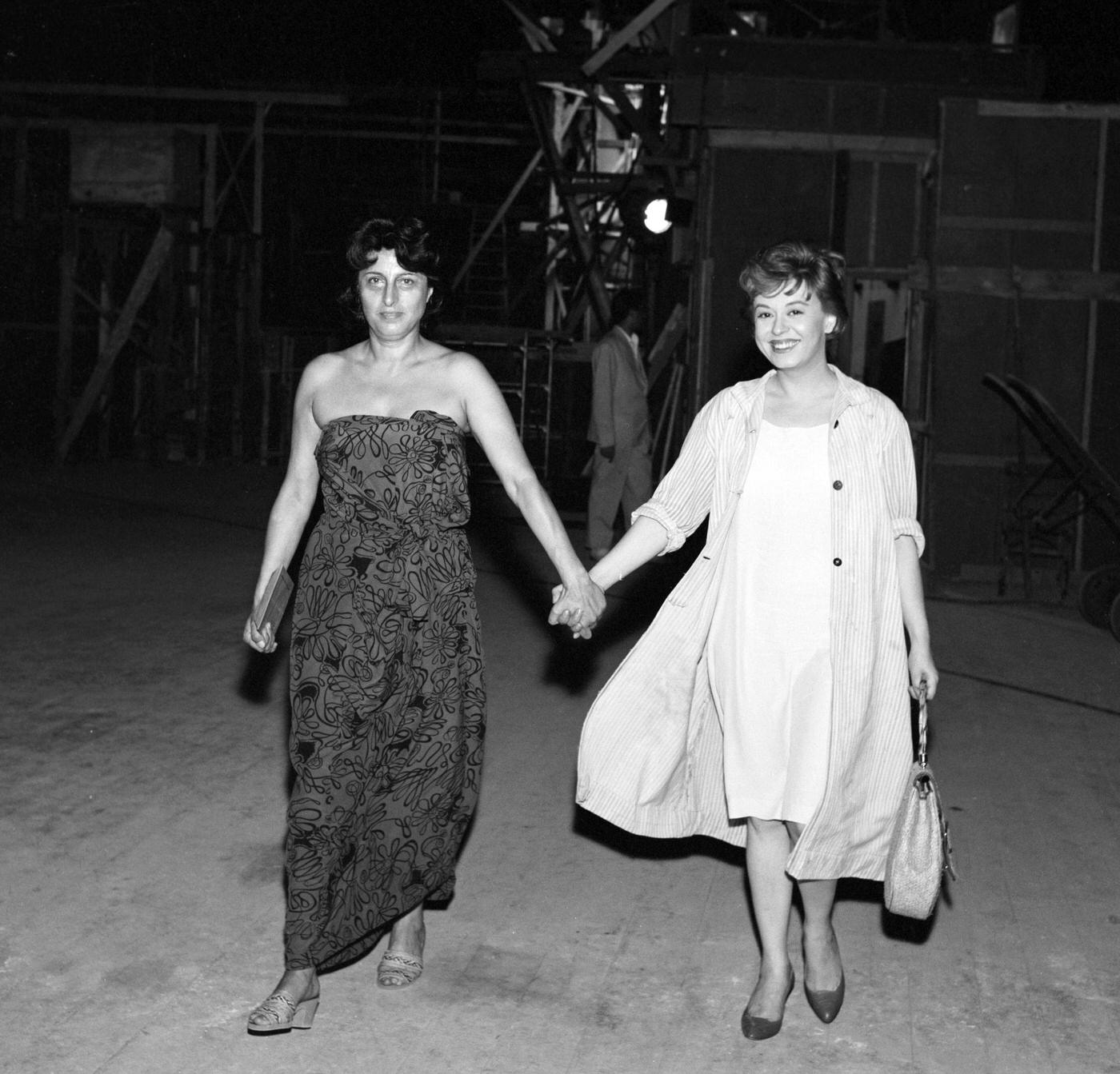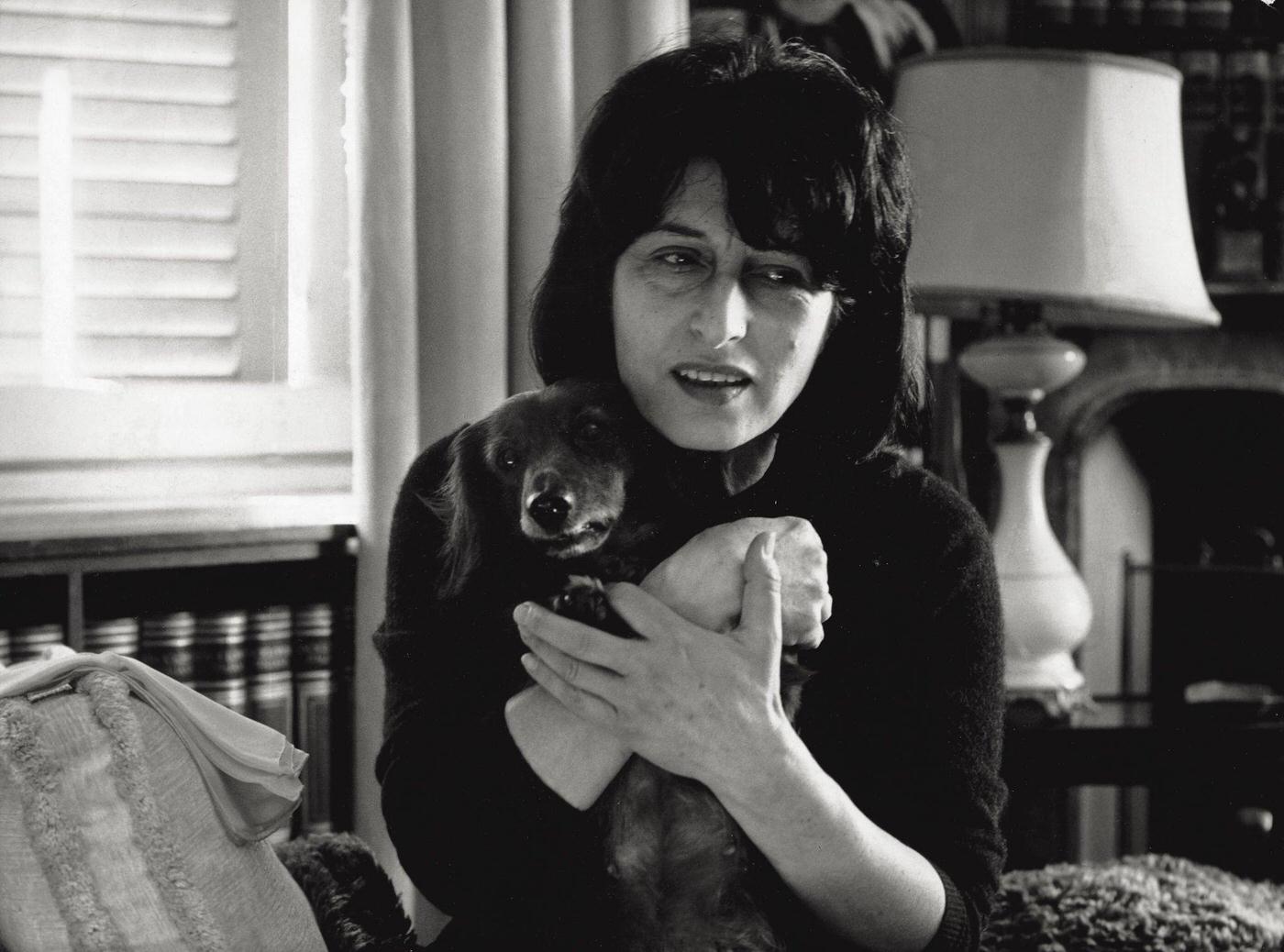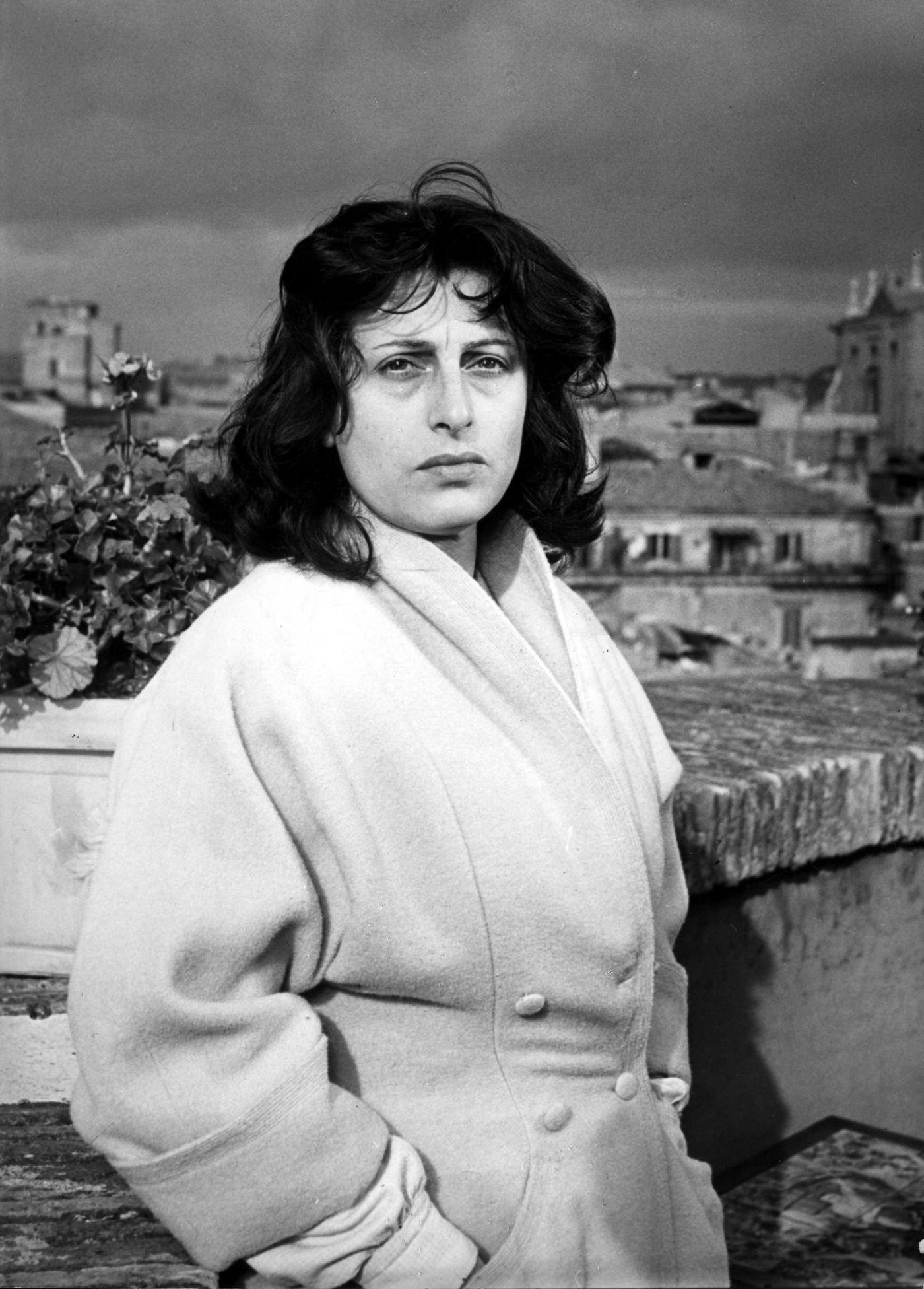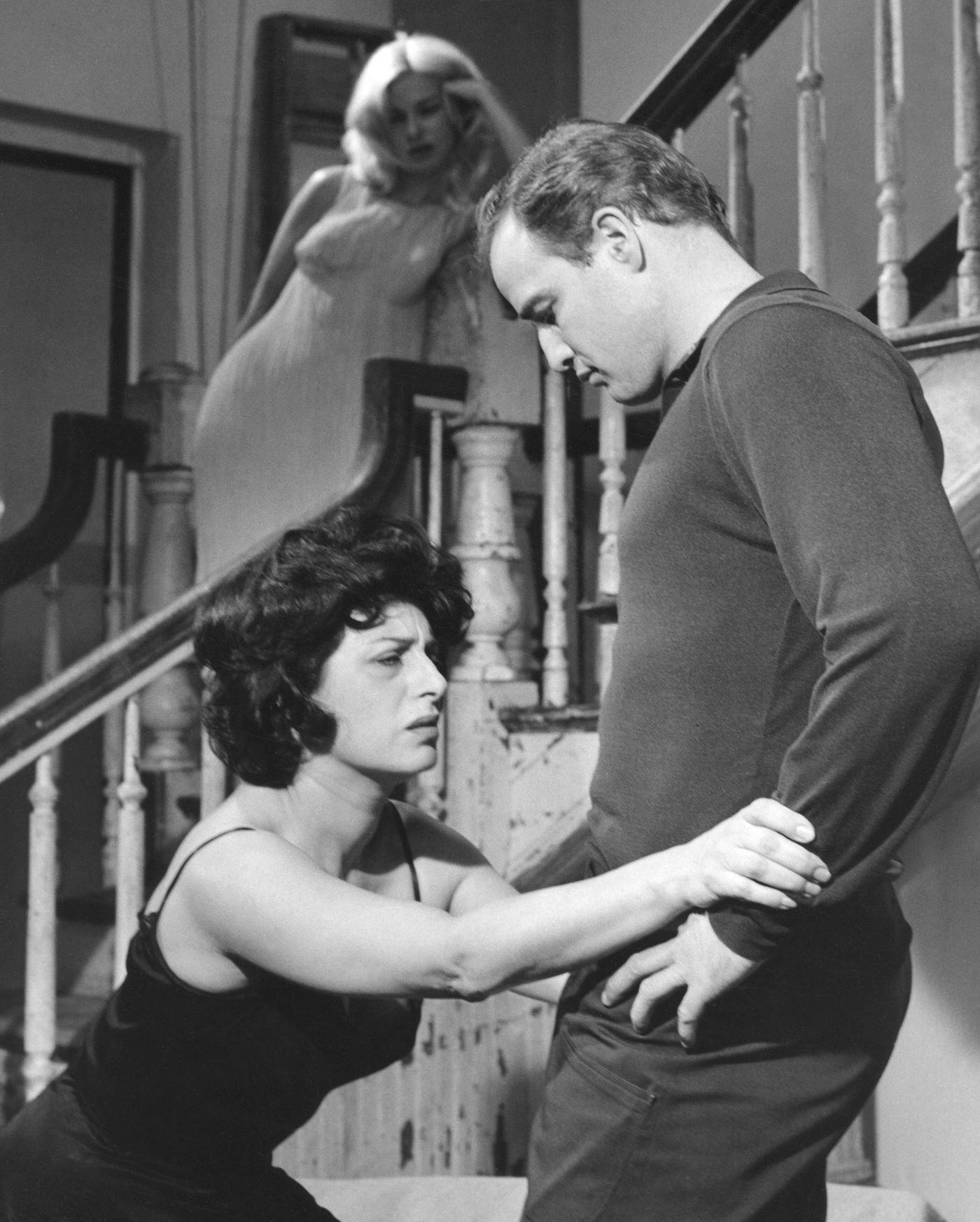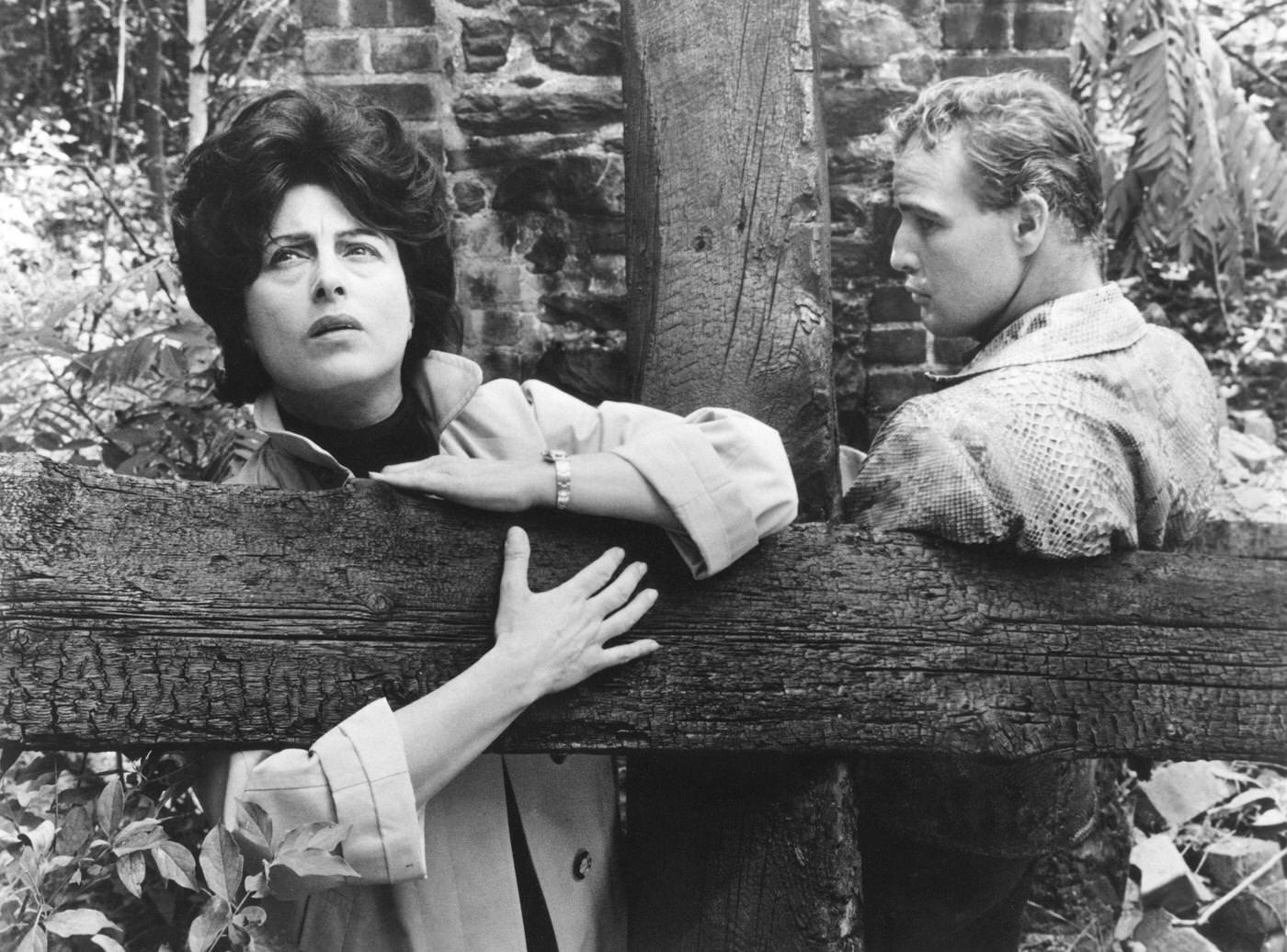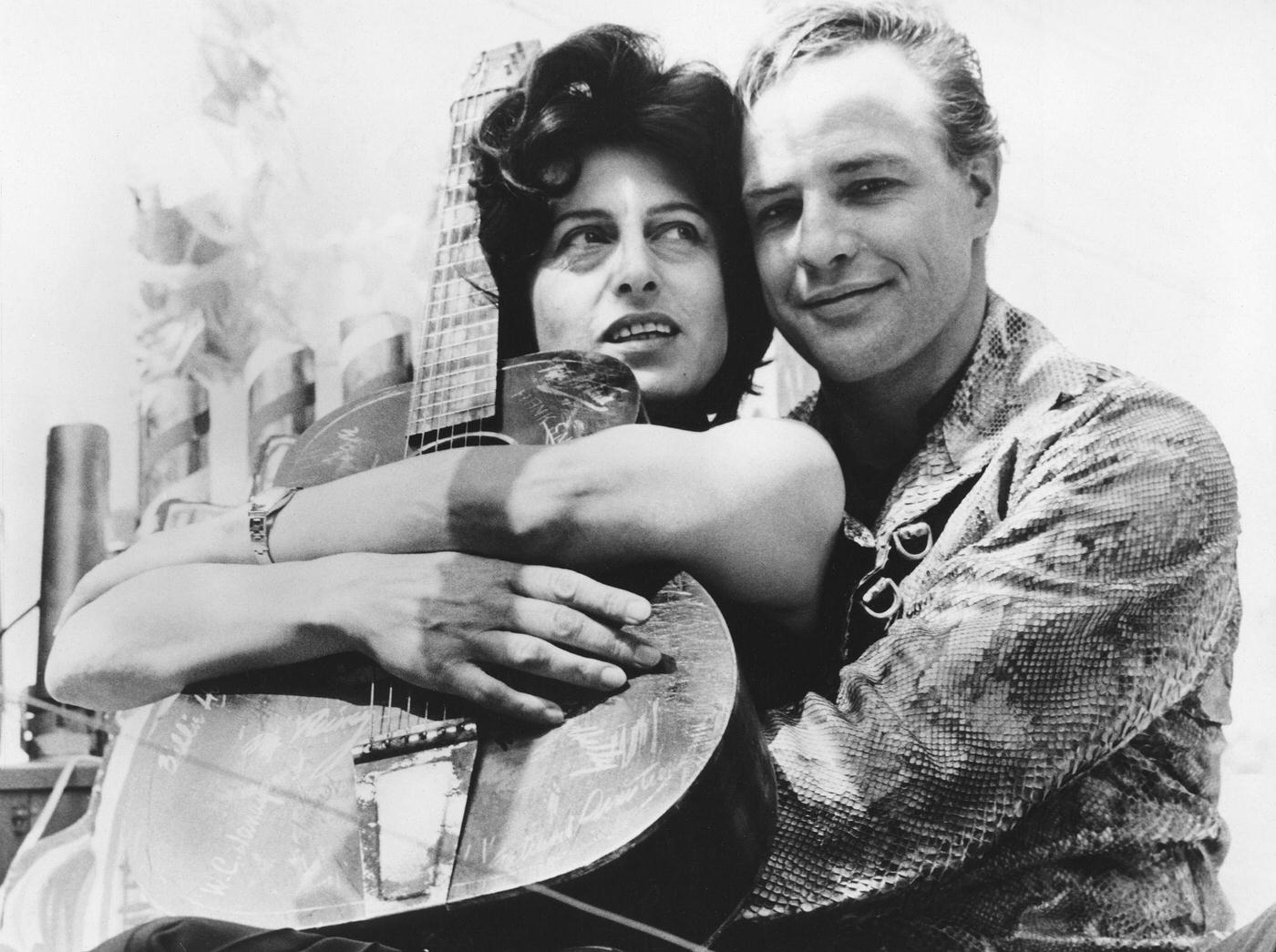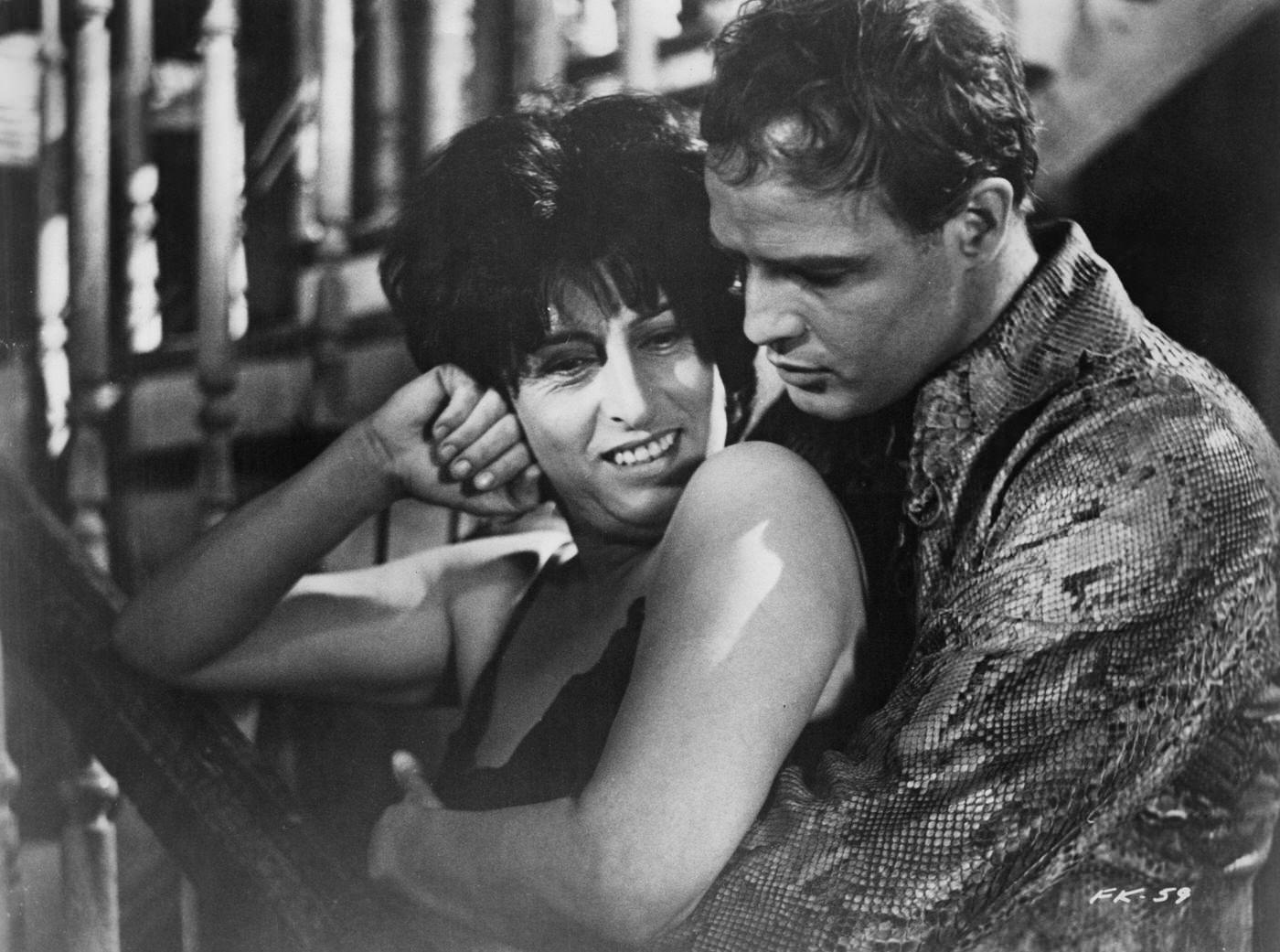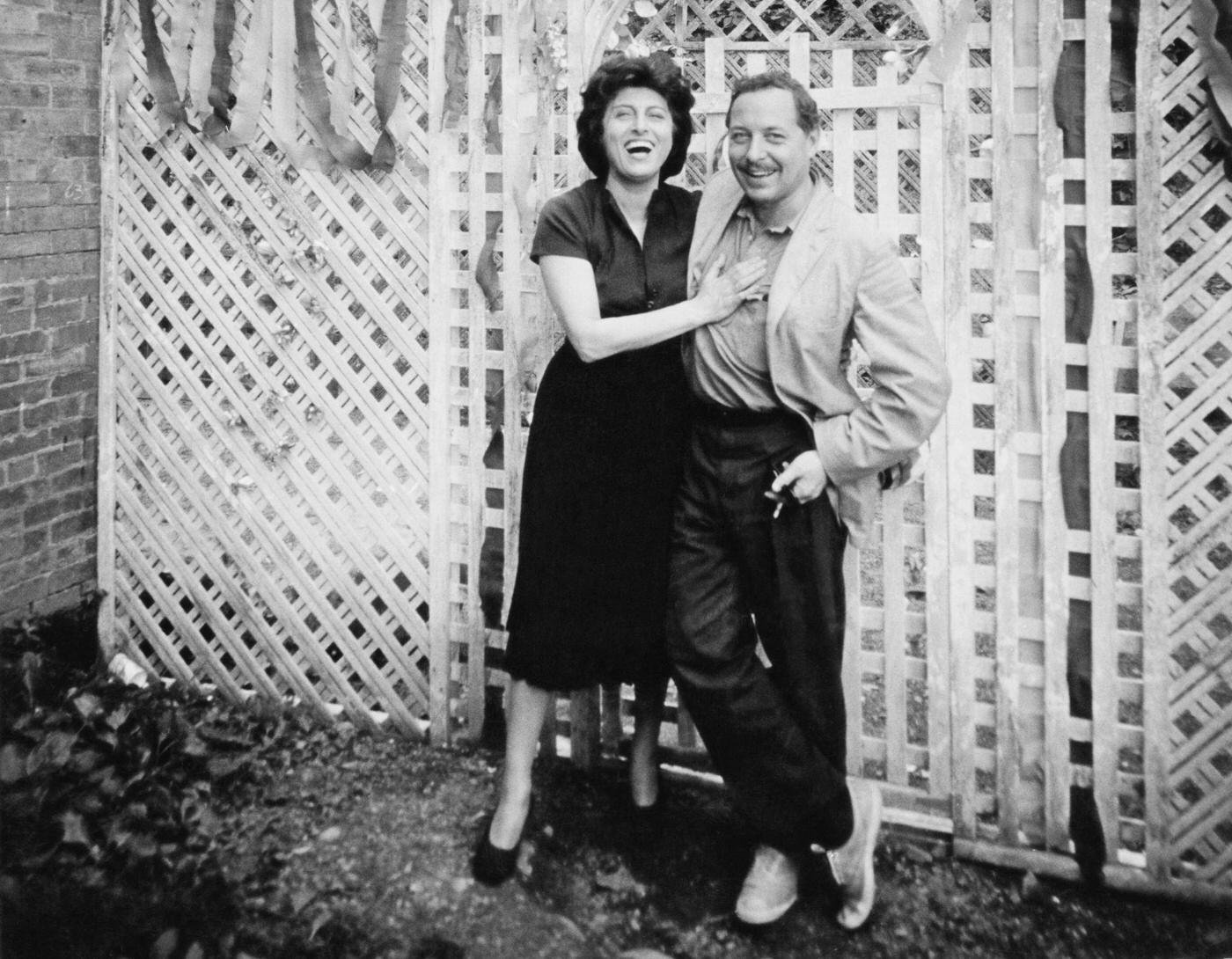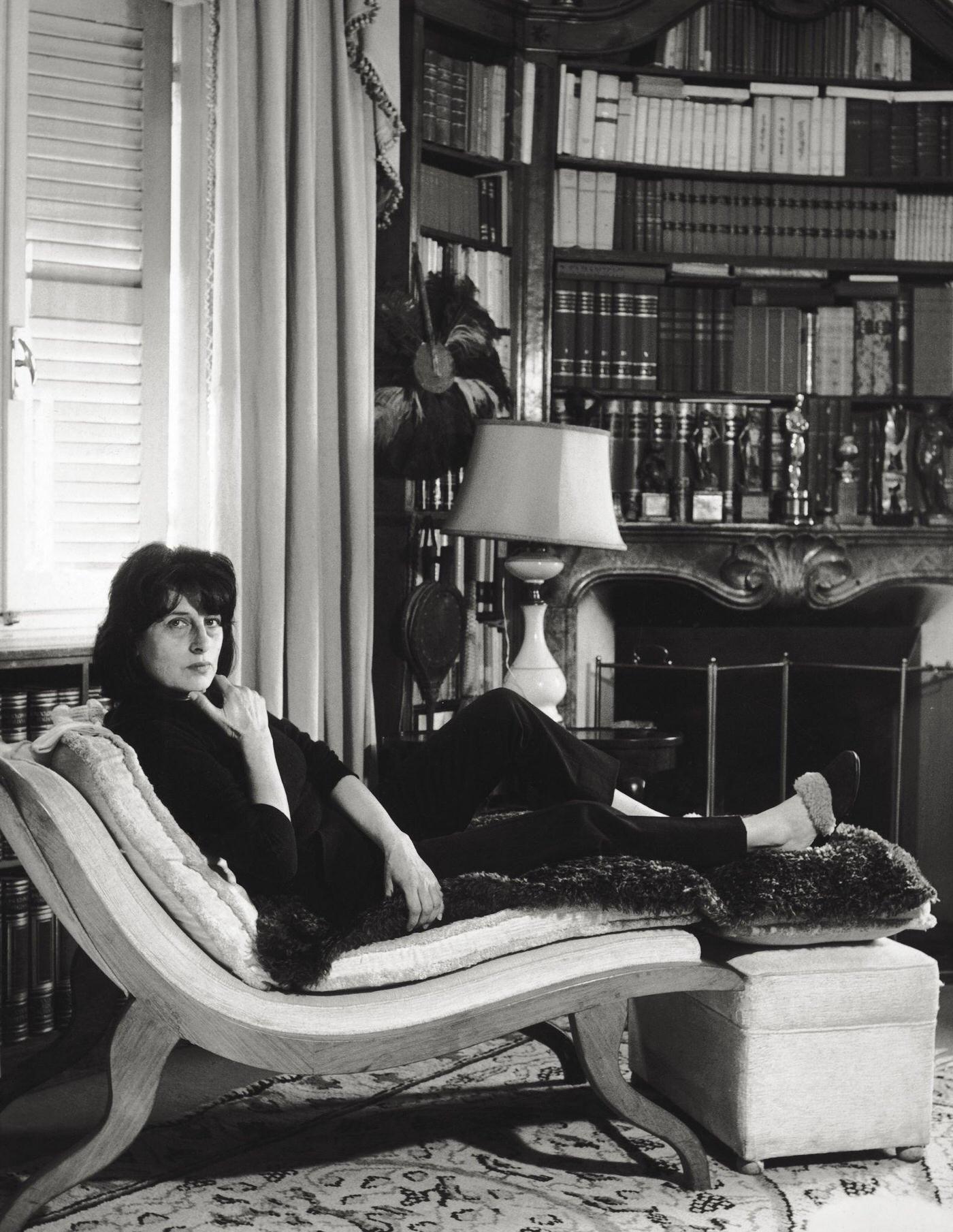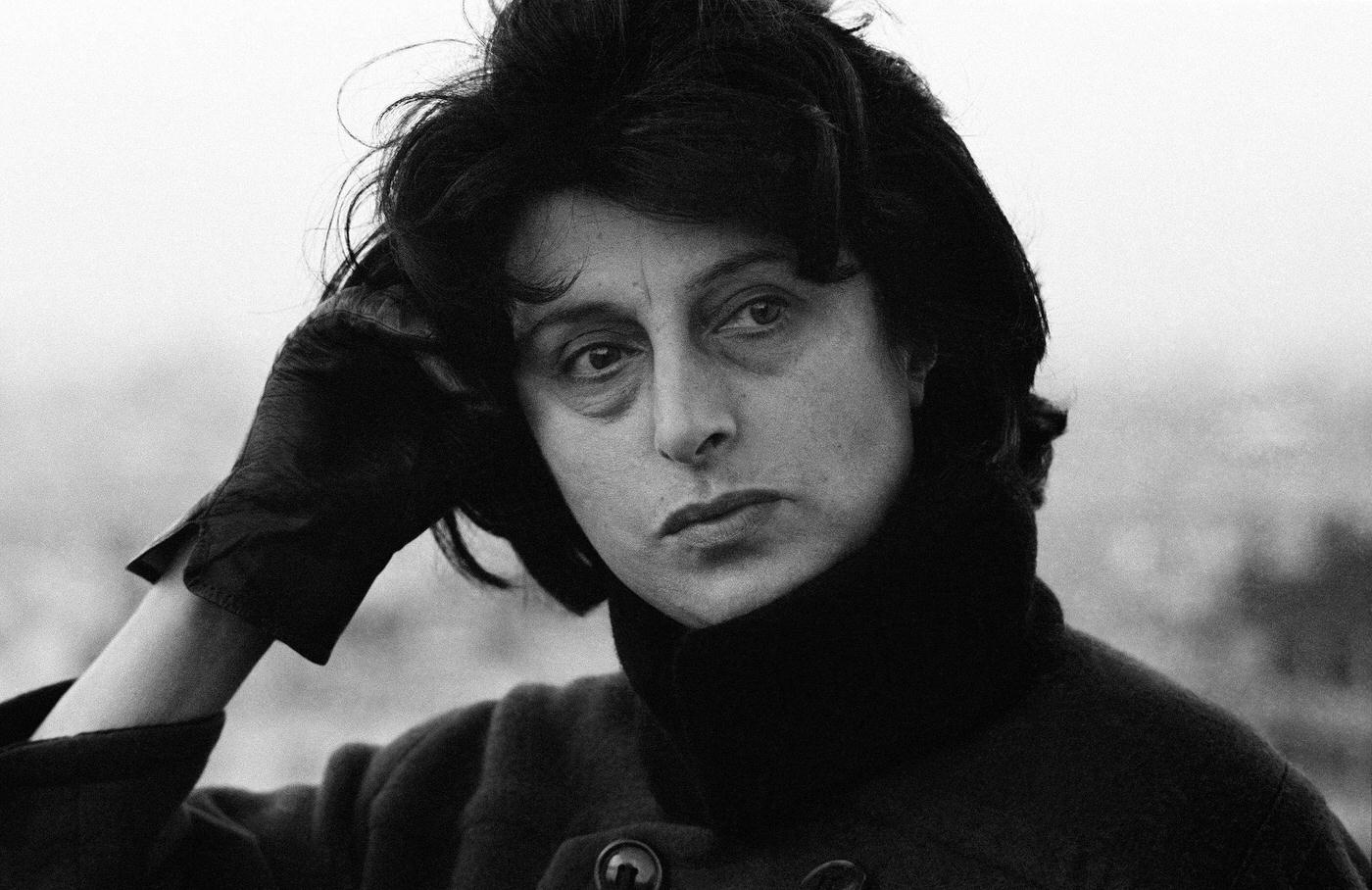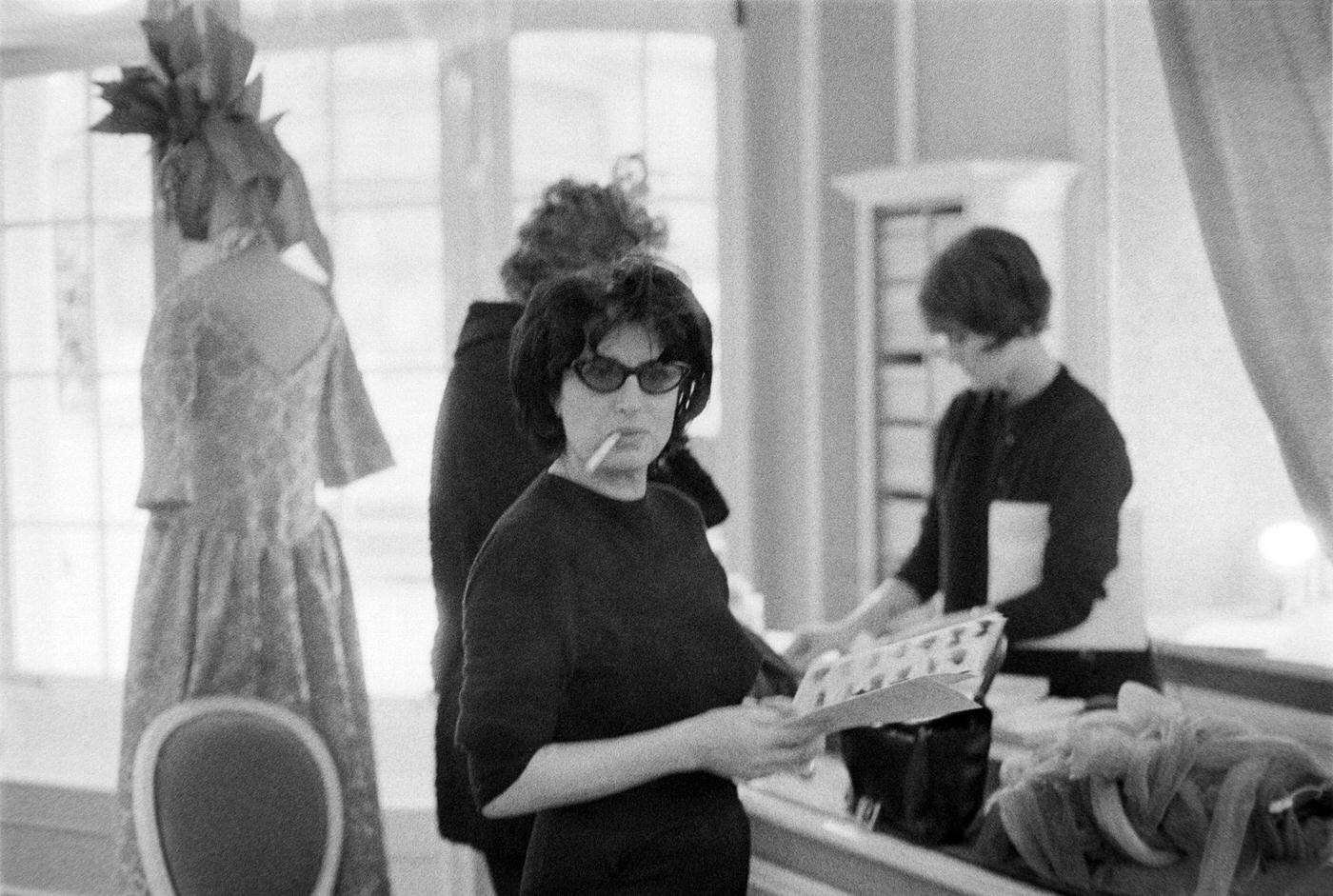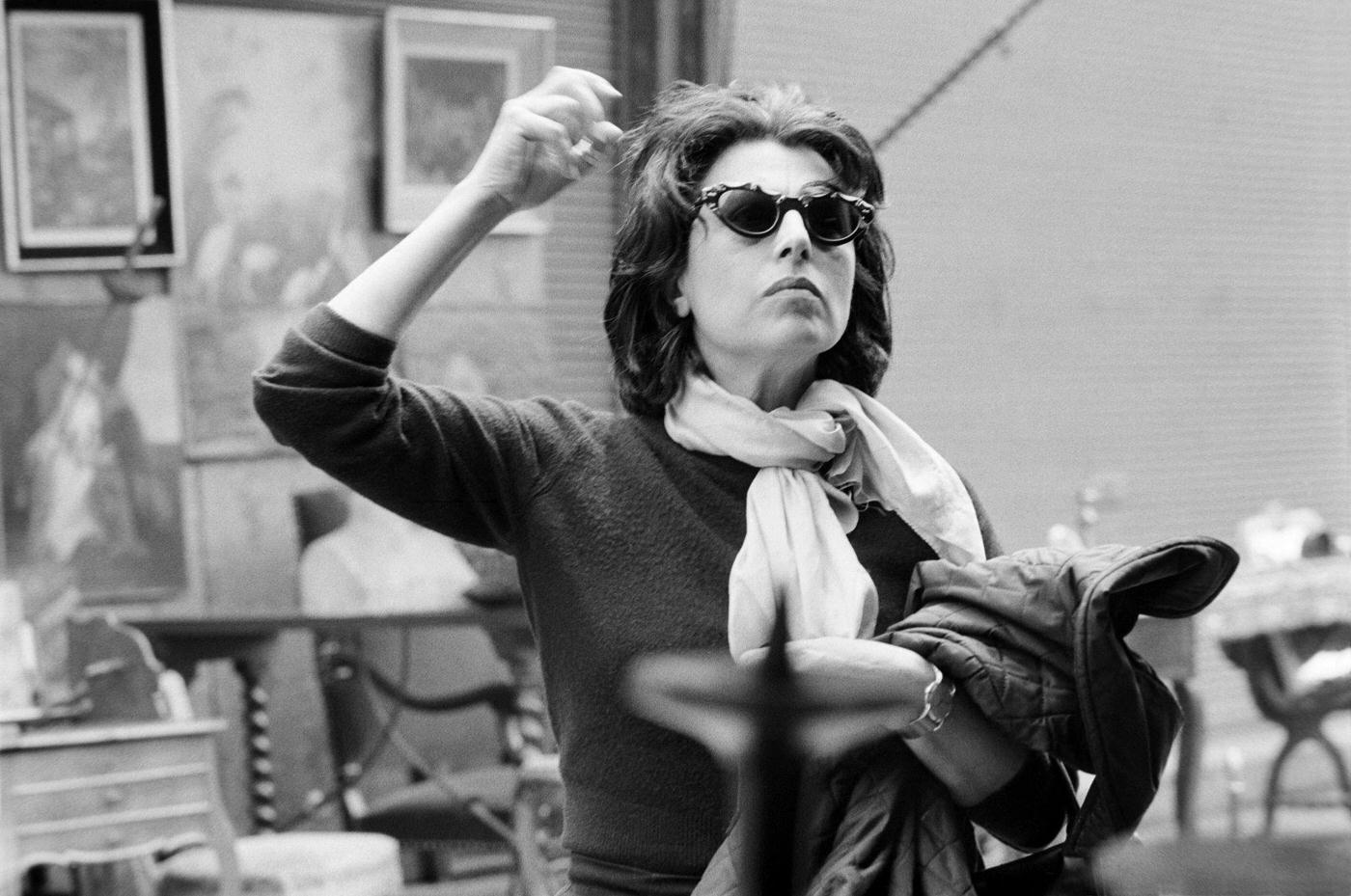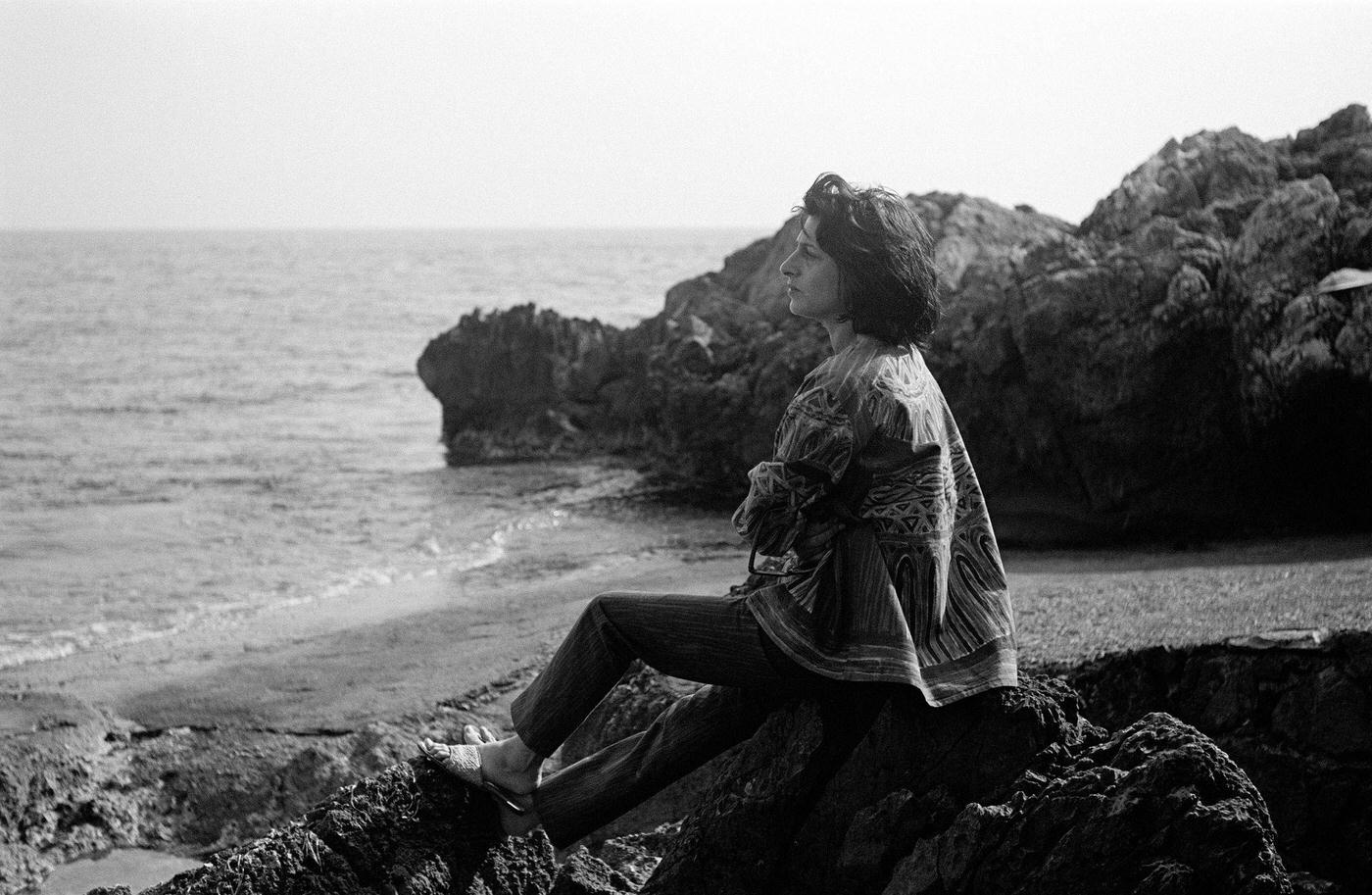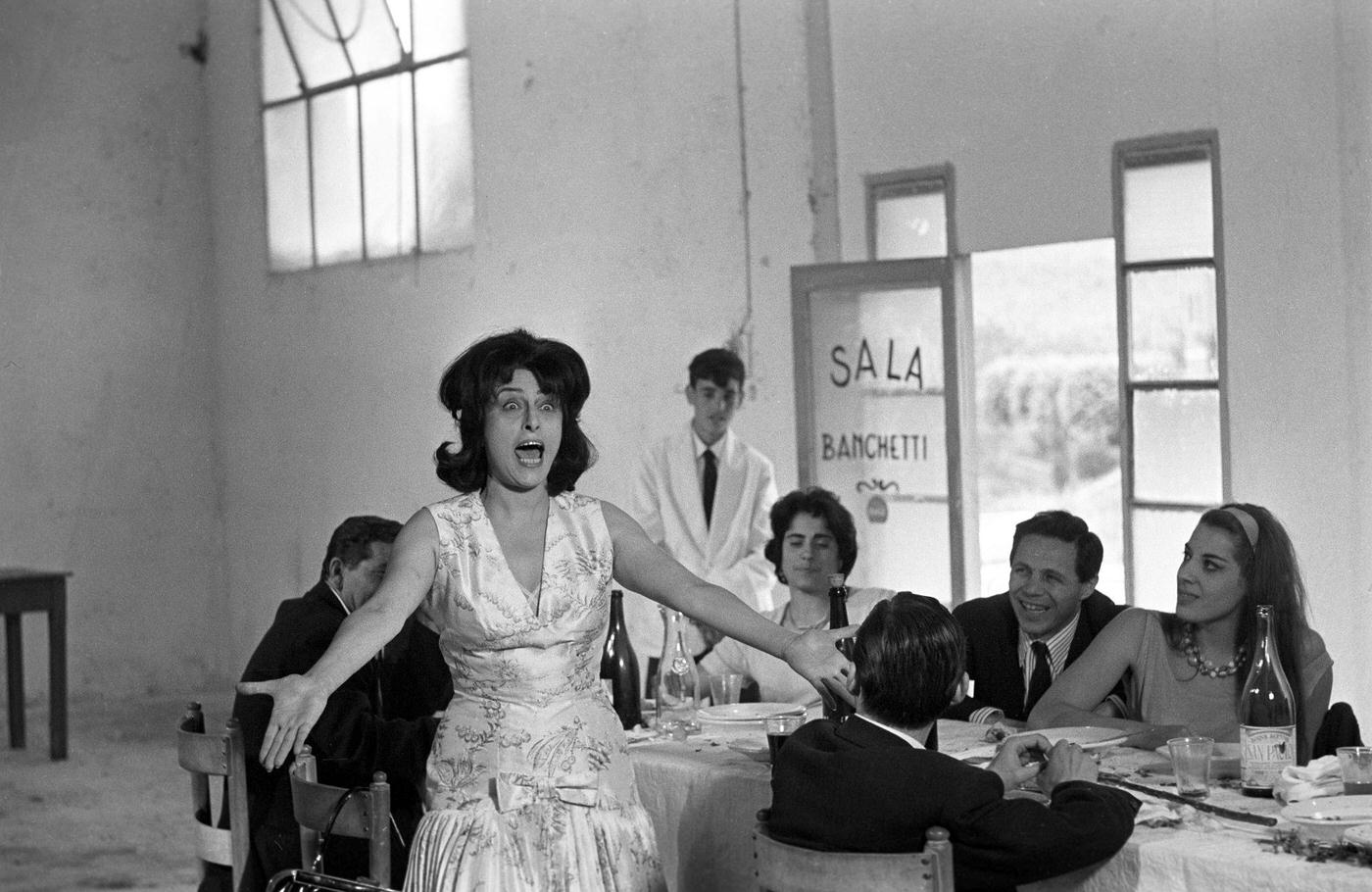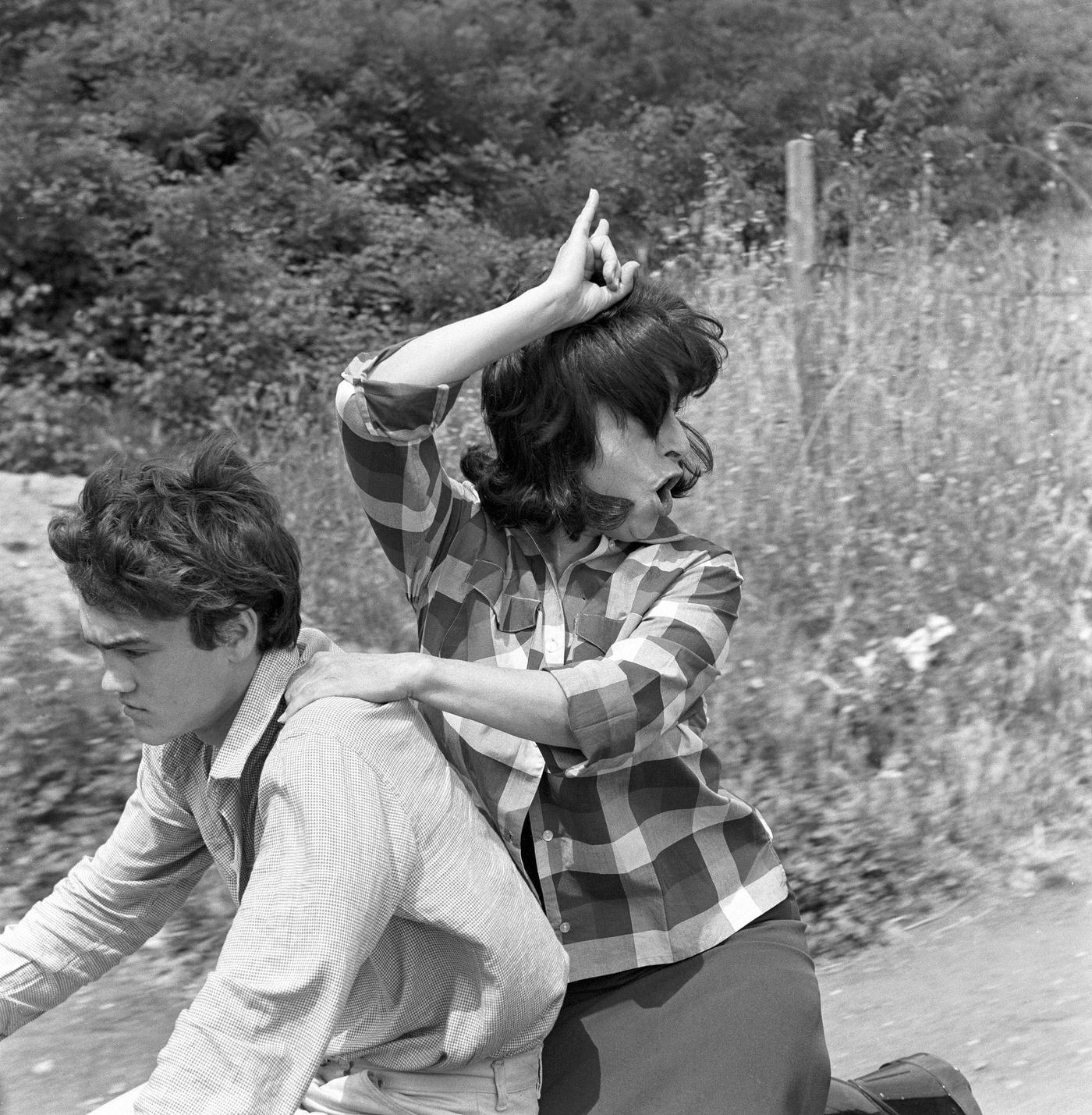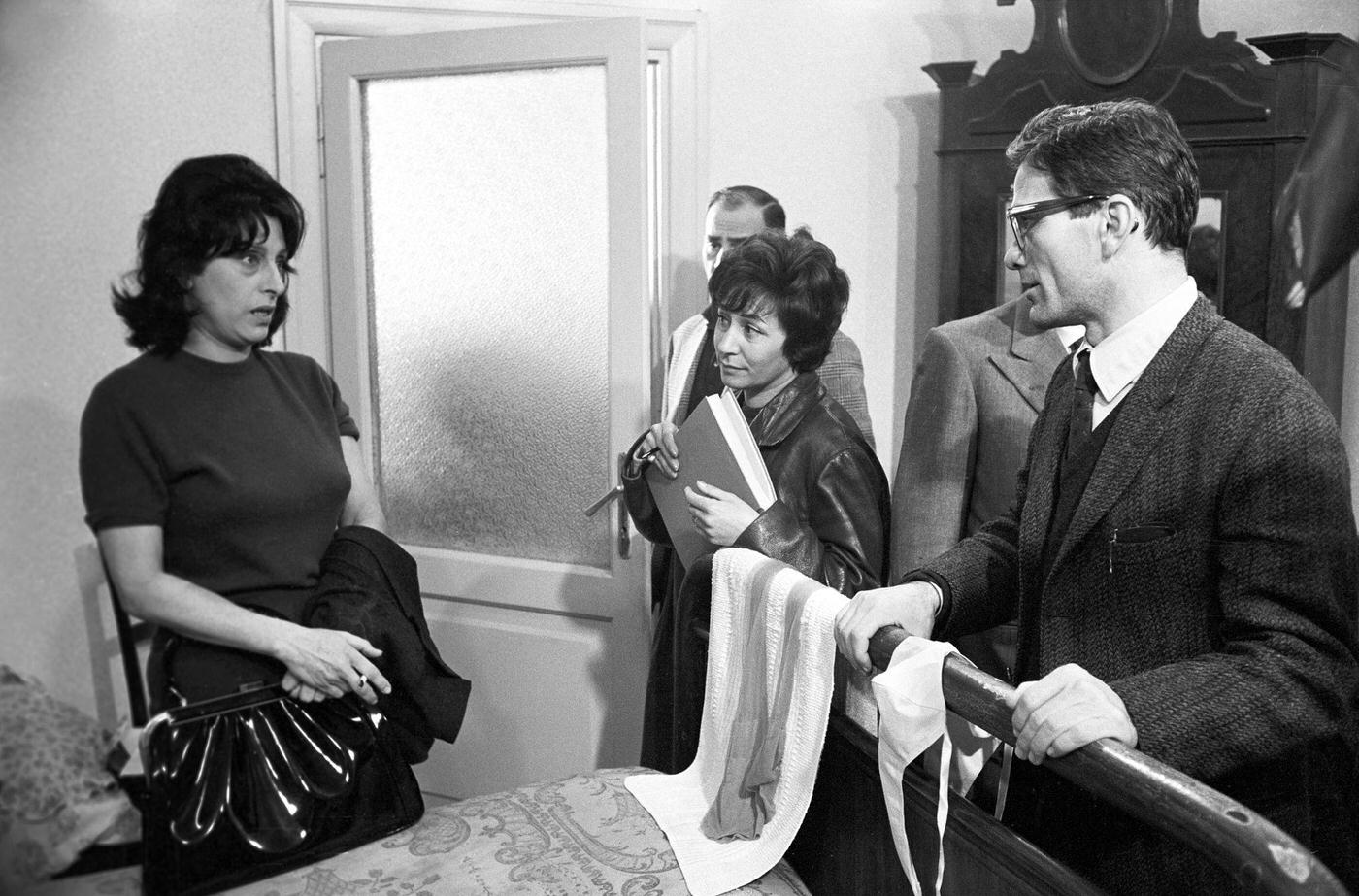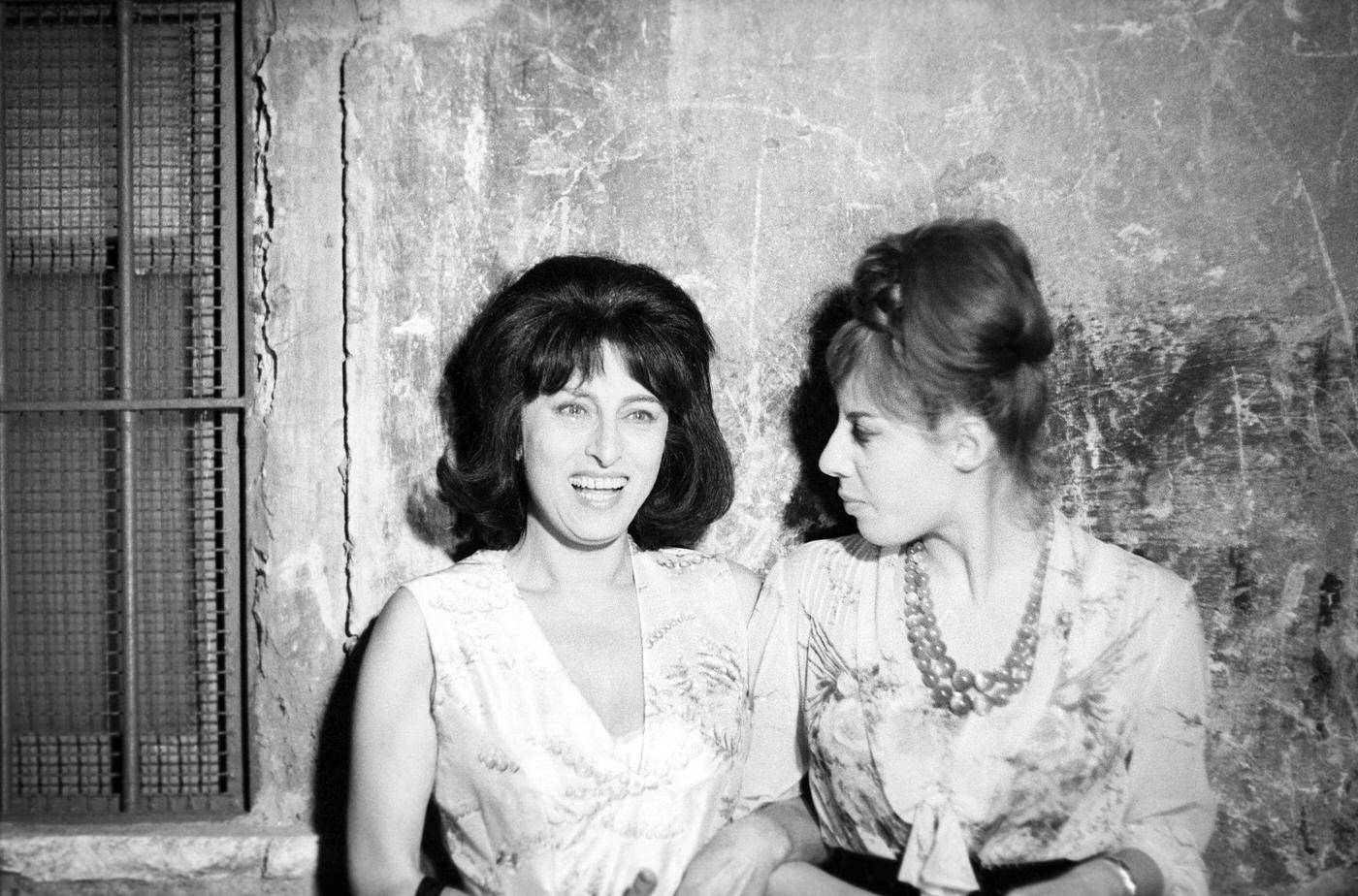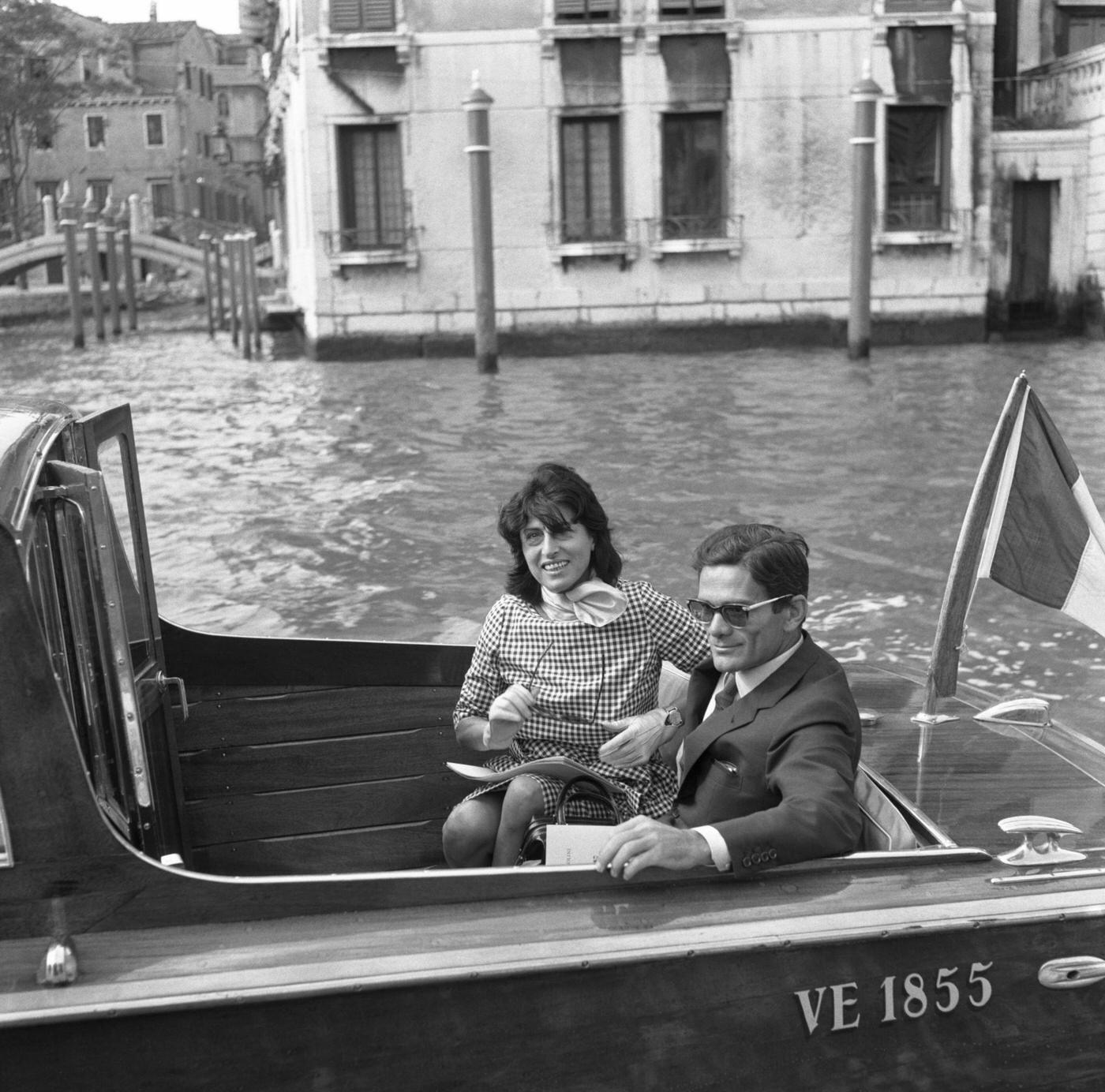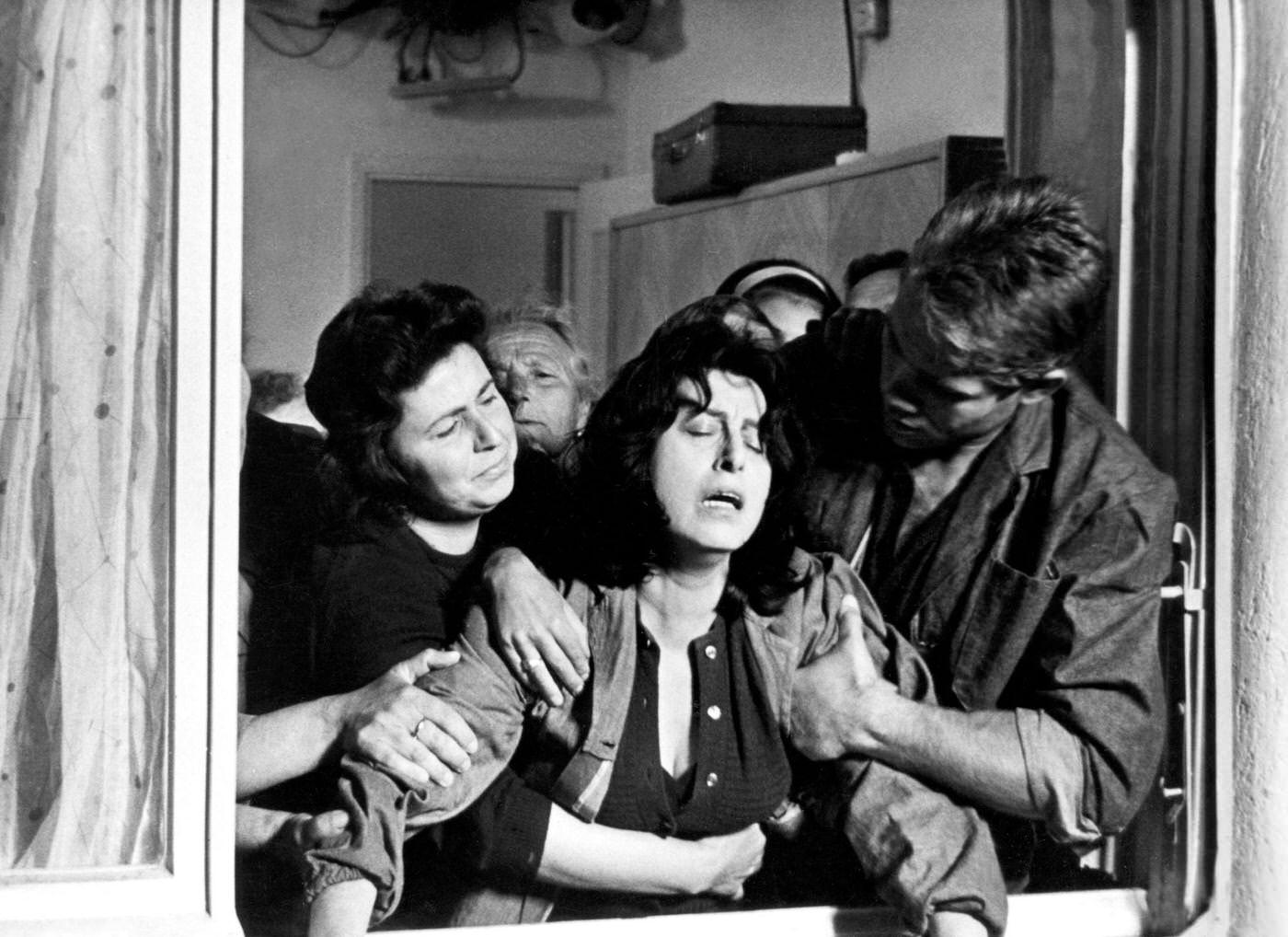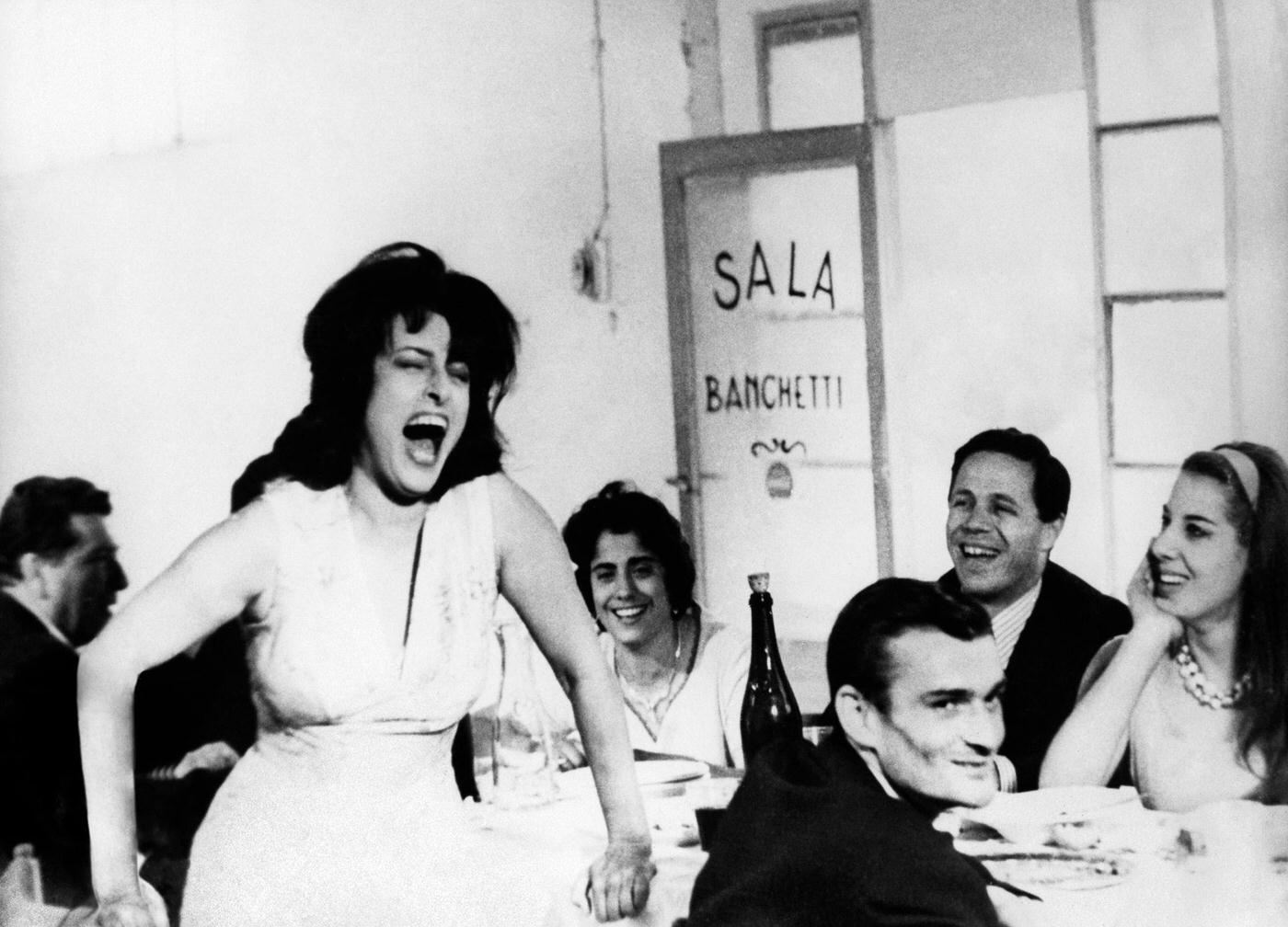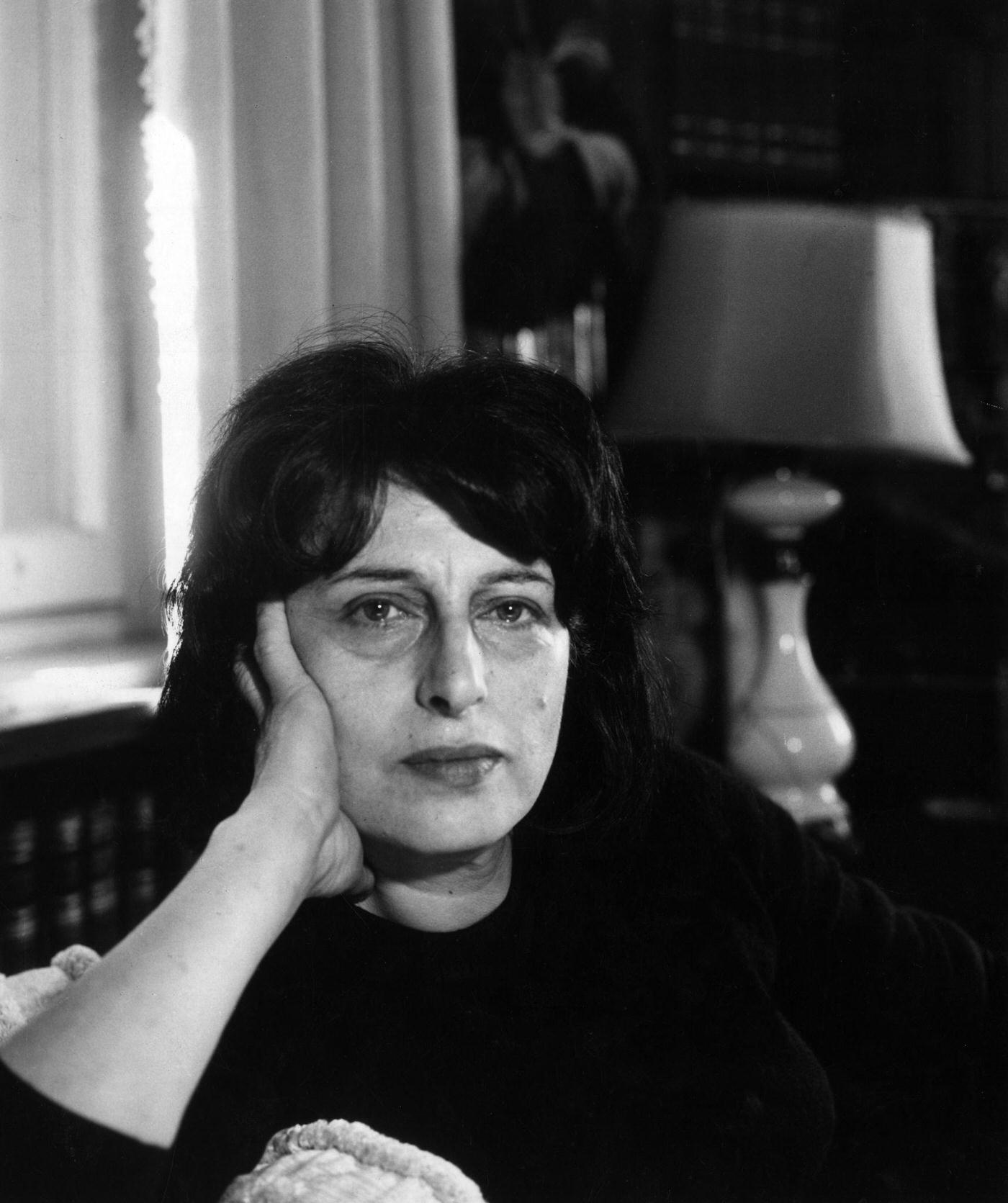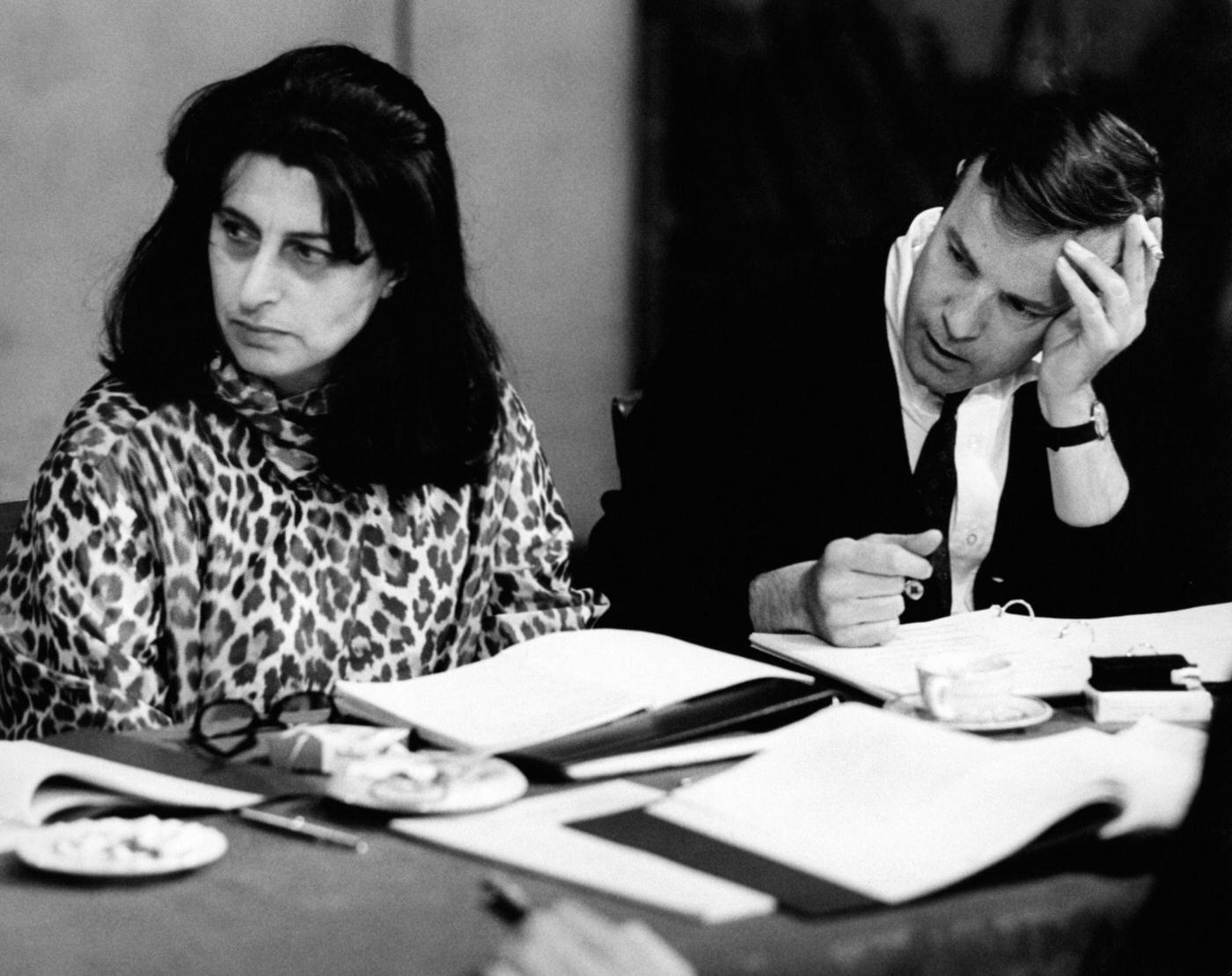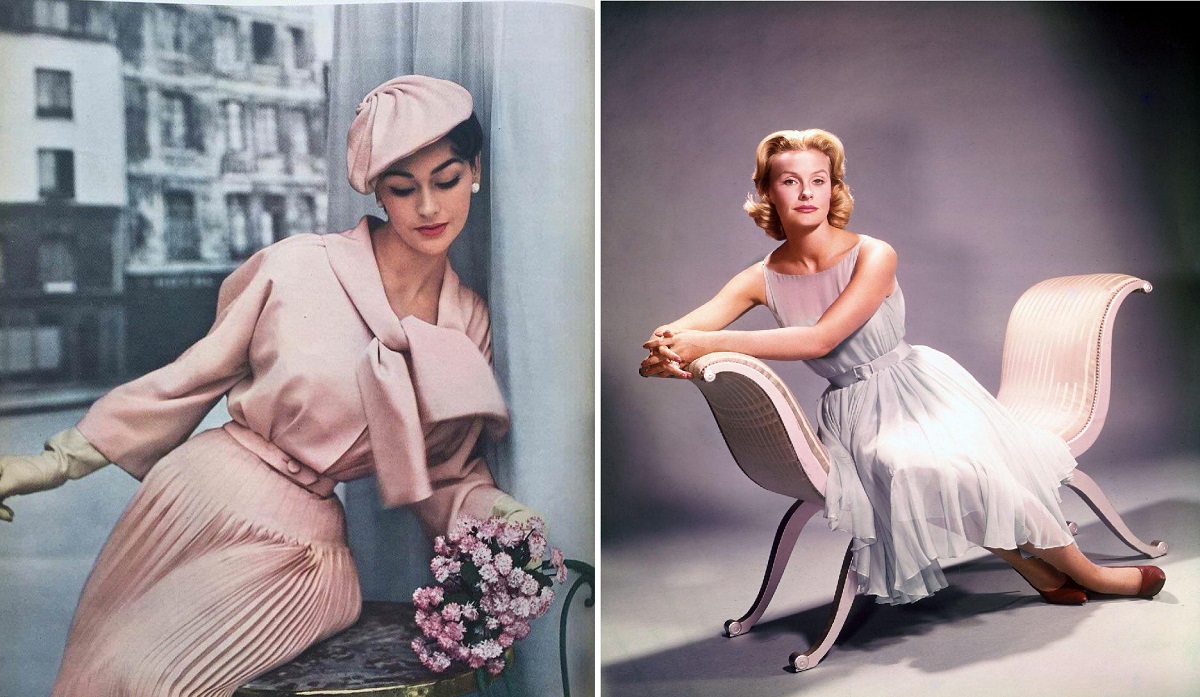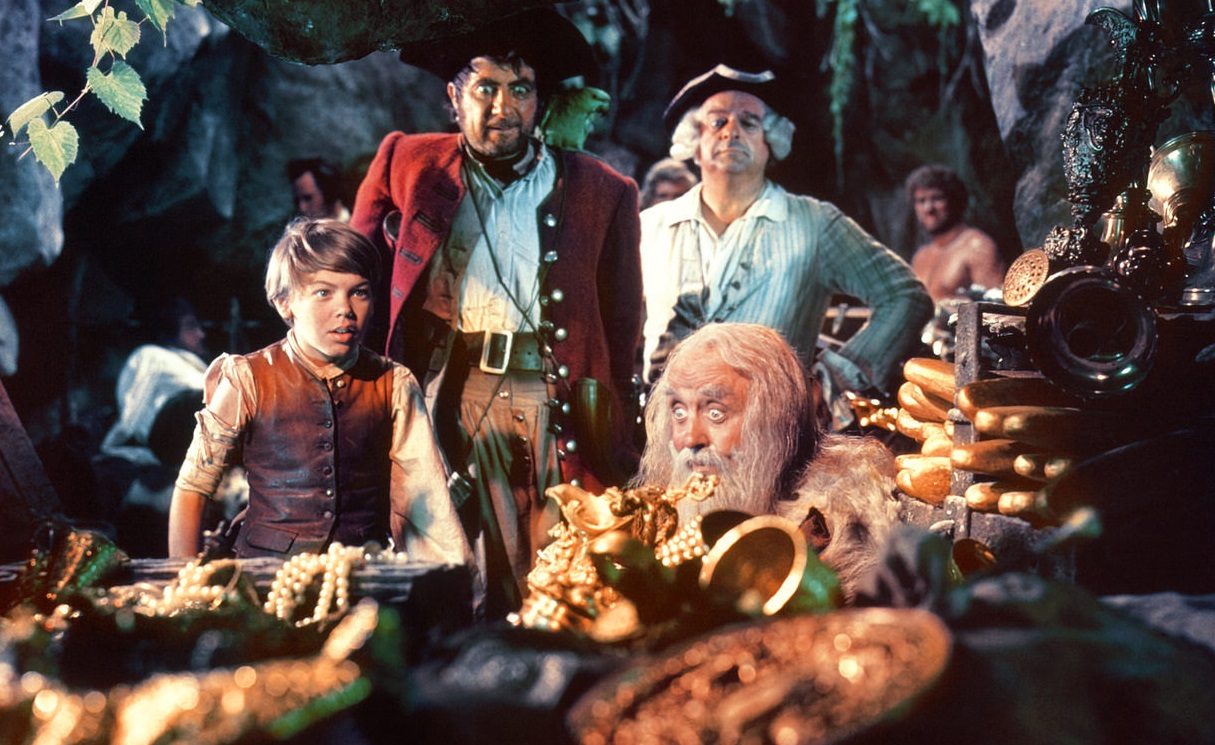Anna Magnani was born in Rome, Italy, on March 7, 1908. Raised by her single mother, Marina, in a humble environment, Anna’s early life was marked by adversity. Despite her challenges, her love for the arts remained strong, ultimately leading her to pursue a career in acting. At the age of 17, she enrolled at the Academy of Dramatic Arts in Rome, where her undeniable talent began to shine. Little did she know that her passion would propel her to become one of the most respected and influential actresses in the history of Italian cinema.
Anna Magnani’s Rise to Stardom
Anna Magnani’s career took off in the late 1930s, as she began appearing in both stage productions and films. Her breakout role came in 1941 with the film Teresa Venerdì, directed by Vittorio De Sica. Magnani’s raw, authentic acting style quickly captured the attention of audiences and critics alike, who praised her ability to evoke deep emotion on screen.
The Neorealist Movement and Magnani’s Influence
During the 1940s, Italy underwent a significant transformation in its film industry. The Neorealist movement emerged, characterized by its focus on the lives of ordinary people and the use of non-professional actors. With her genuine, unpolished acting style, Anna Magnani became the embodiment of this movement.
Her role in Roberto Rossellini’s Rome, Open City (1945) solidified Magnani as a leading figure in Italian Neorealism. The film, a stark depiction of life in Nazi-occupied Rome, showcased her ability to portray the raw emotions and harsh realities of everyday people during wartime. Magnani’s performance was widely acclaimed, further establishing her as a powerhouse in the film industry.
Anna Magnani’s entry into Hollywood
Magnani’s talent transcended borders, and her career eventually expanded to Hollywood. In 1955, she starred in The Rose Tattoo, a film adaptation of Tennessee Williams’ play directed by Daniel Mann. Her portrayal of an Italian-American widow earned her an Academy Award for Best Actress. This accomplishment made Magnani the first Italian actress to win an Oscar, solidifying her position as an international star.
Throughout her career, Magnani continued to captivate audiences worldwide with her powerful performances in films such as Wild is the Wind (1957), The Fugitive Kind (1960), and Mamma Roma (1962). She collaborated with renowned directors, including Pier Paolo Pasolini, Luchino Visconti, and Jean Renoir, further cementing her status as a versatile and influential actress.
Anna Magnani’s Personal Life and Legacy
Despite her successful career, Magnani’s personal life was marked by tragedy and heartbreak. Her only child, Luca, was diagnosed with polio at a young age, and Magnani dedicated much of her time and resources to his care. She was married to film director Goffredo Alessandrini once, but the couple divorced in 1950. Magnani also had a tumultuous love affair with director Roberto Rossellini, which ended in heartache when he left her for Ingrid Bergman.
Anna Magnani passed away on September 26, 1973, but her legacy remains. Her passionate, raw performances continue to inspire generations of actors, and she remains a symbol of strength and resilience for women in the film industry. Magnani’s contribution to Italian Neorealism and world cinema is undeniable, as she has left an indelible mark on film history.
Throughout her career, Magnani earned the admiration and respect of her colleagues and peers. Celebrated playwright Tennessee Williams once called her “the greatest living actress,” while director Roberto Rossellini praised her ability to convey emotions with unparalleled authenticity. Her performances were often described as raw, powerful, and emotionally charged, earning her numerous accolades and awards.


